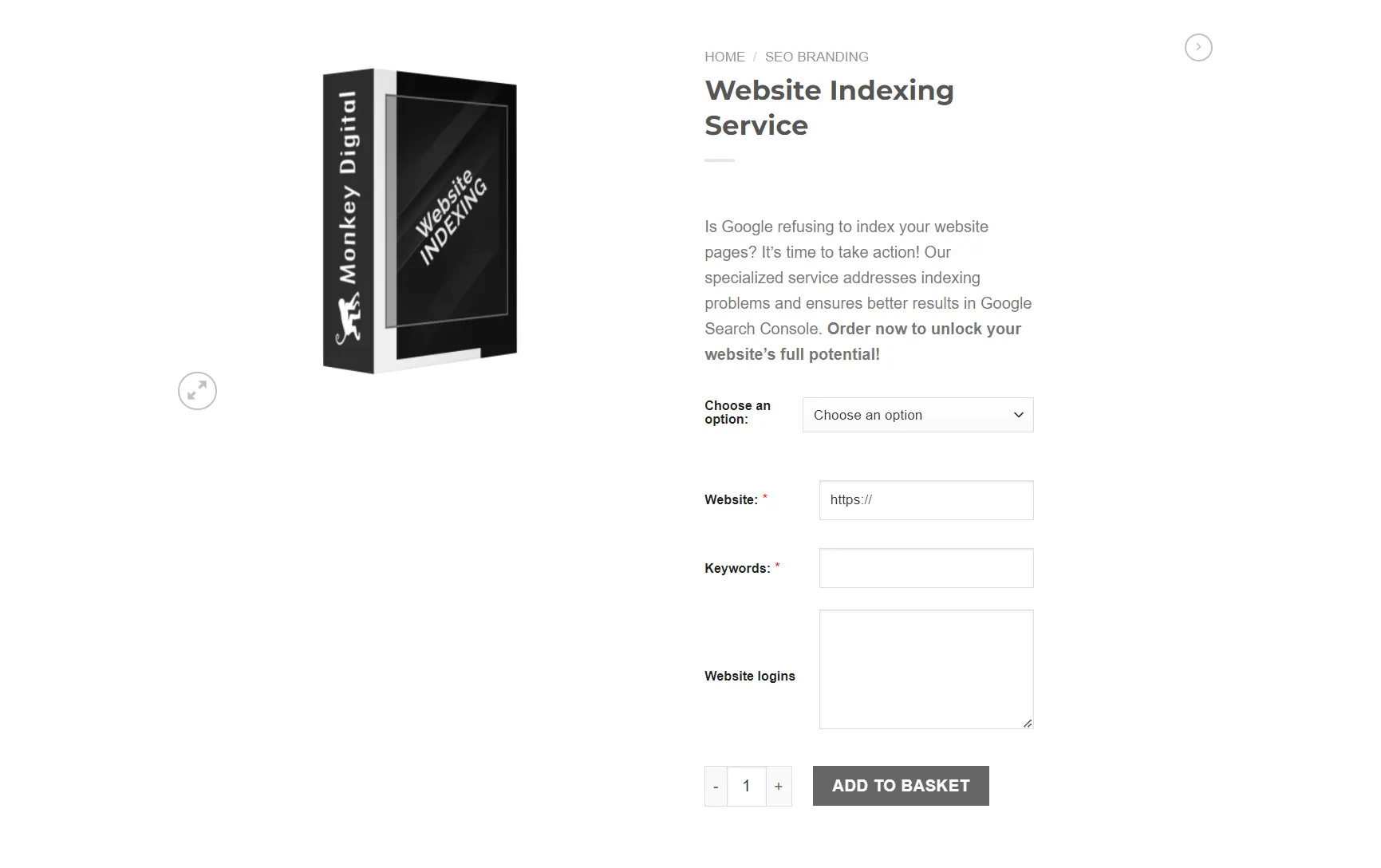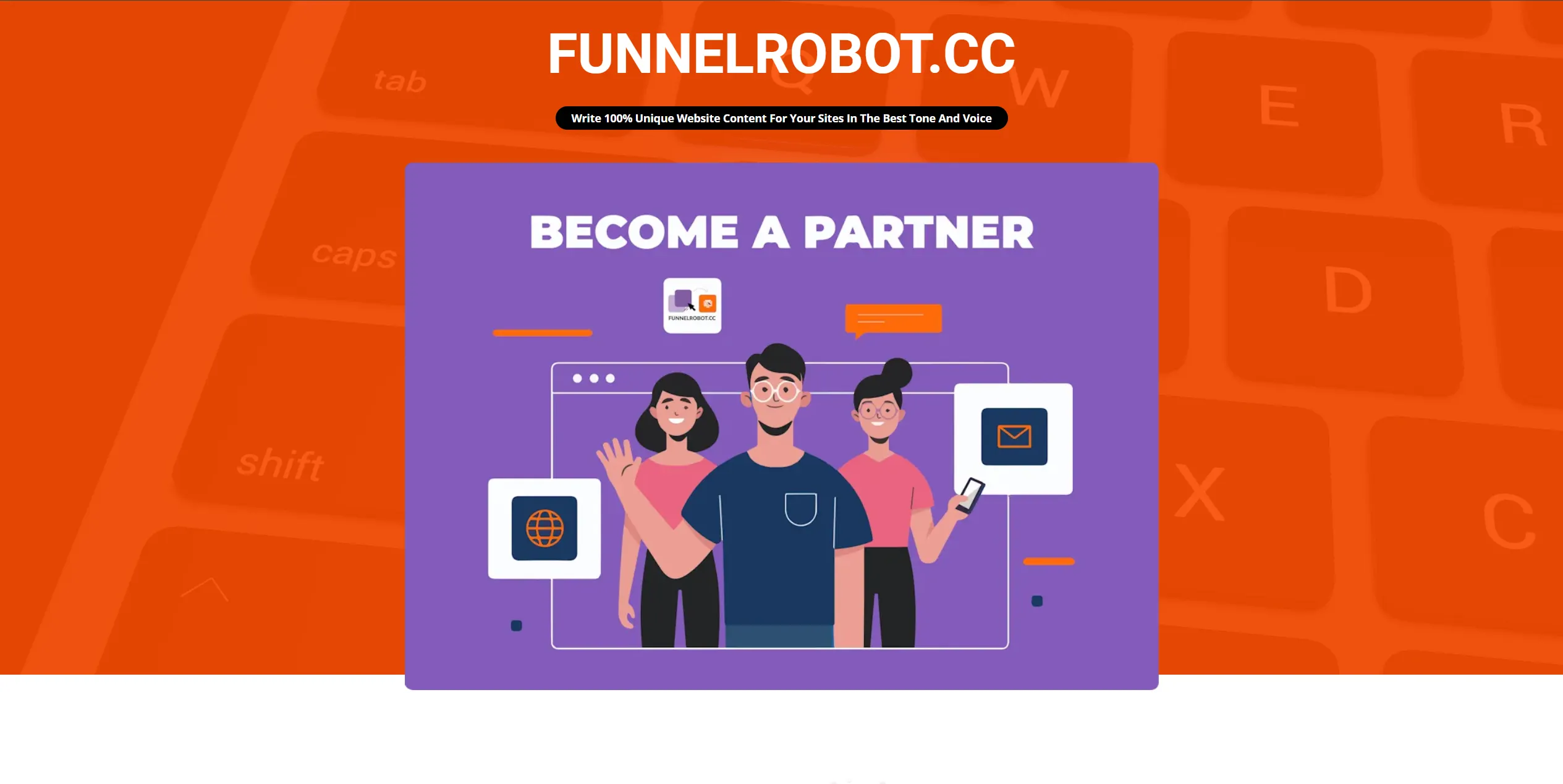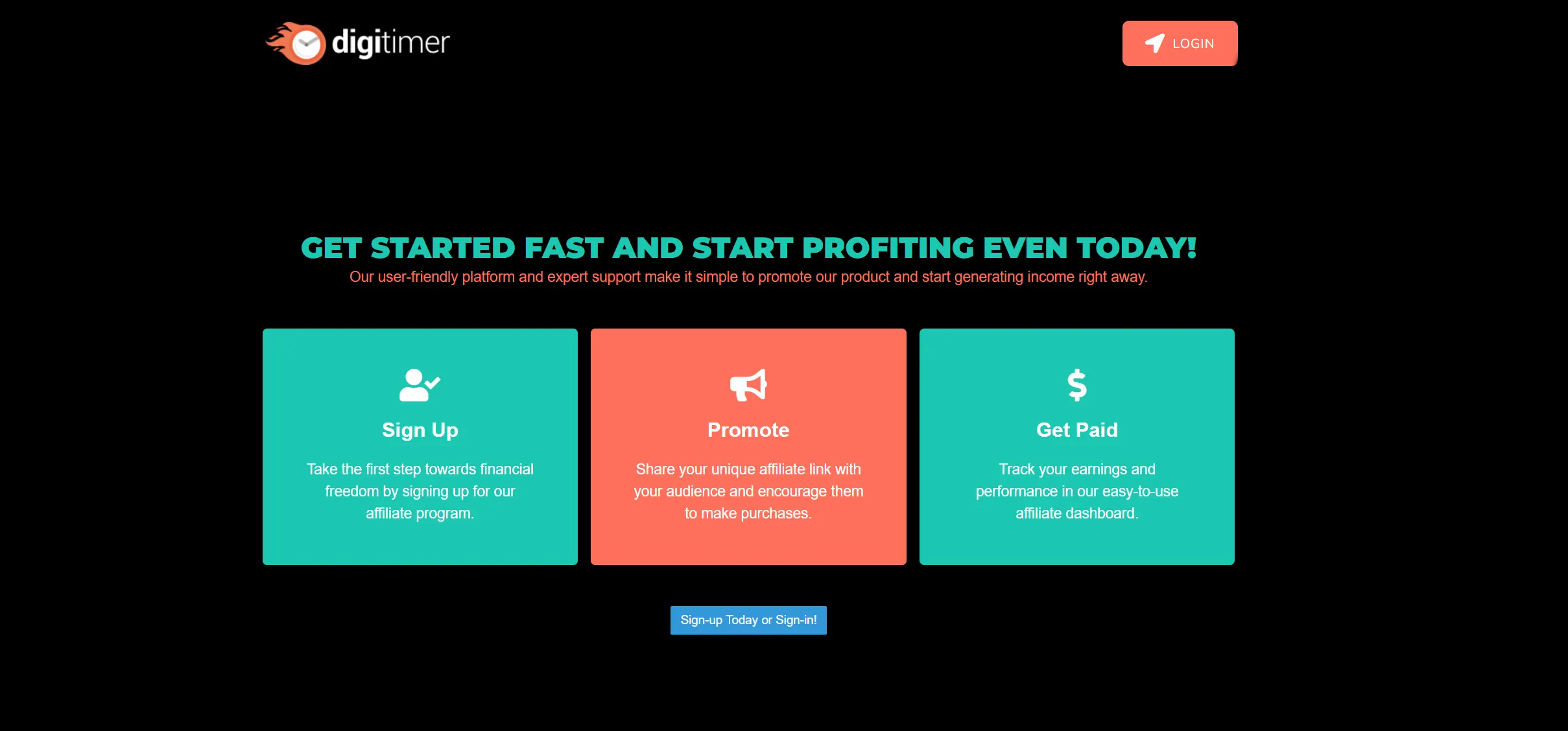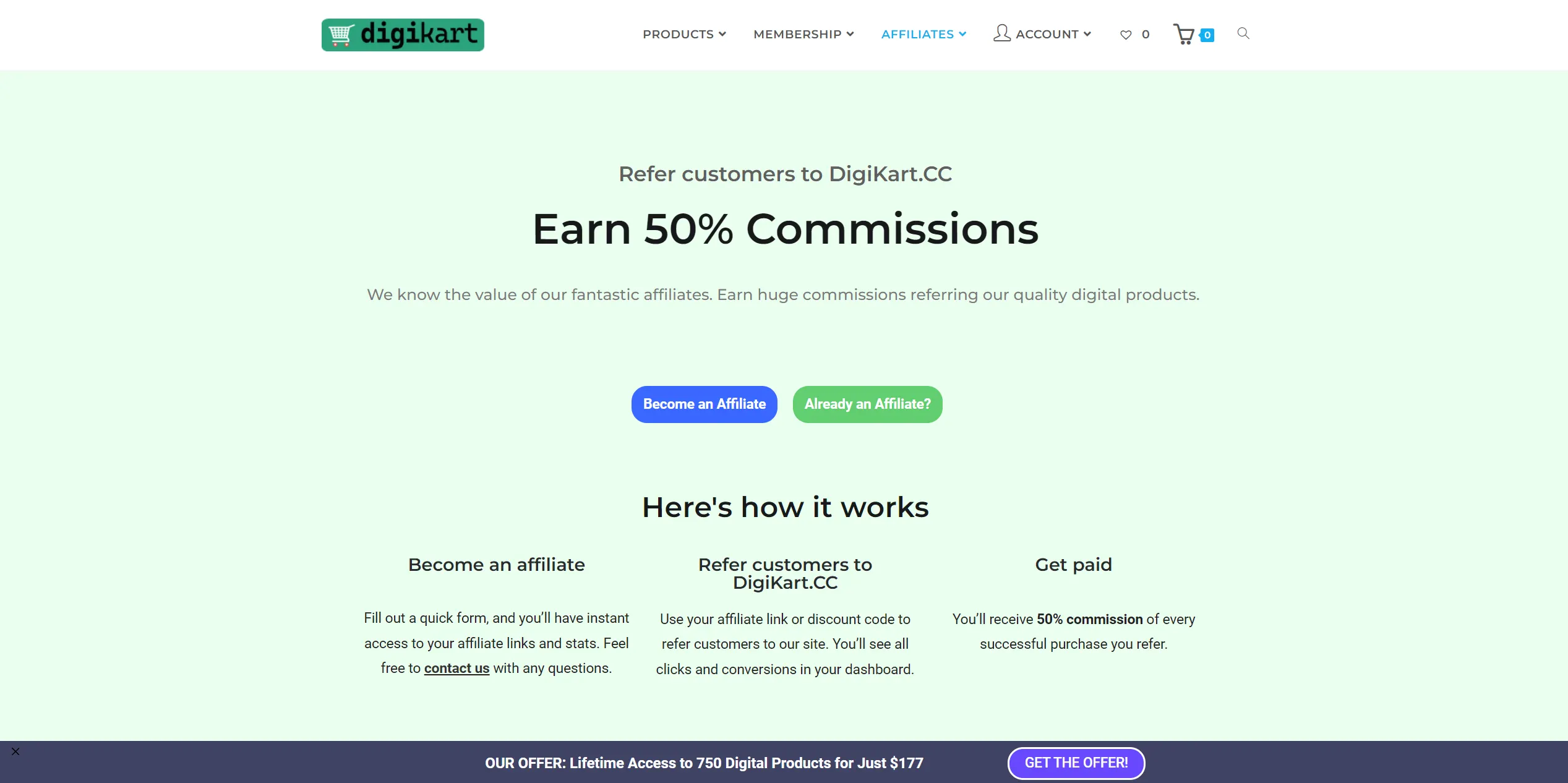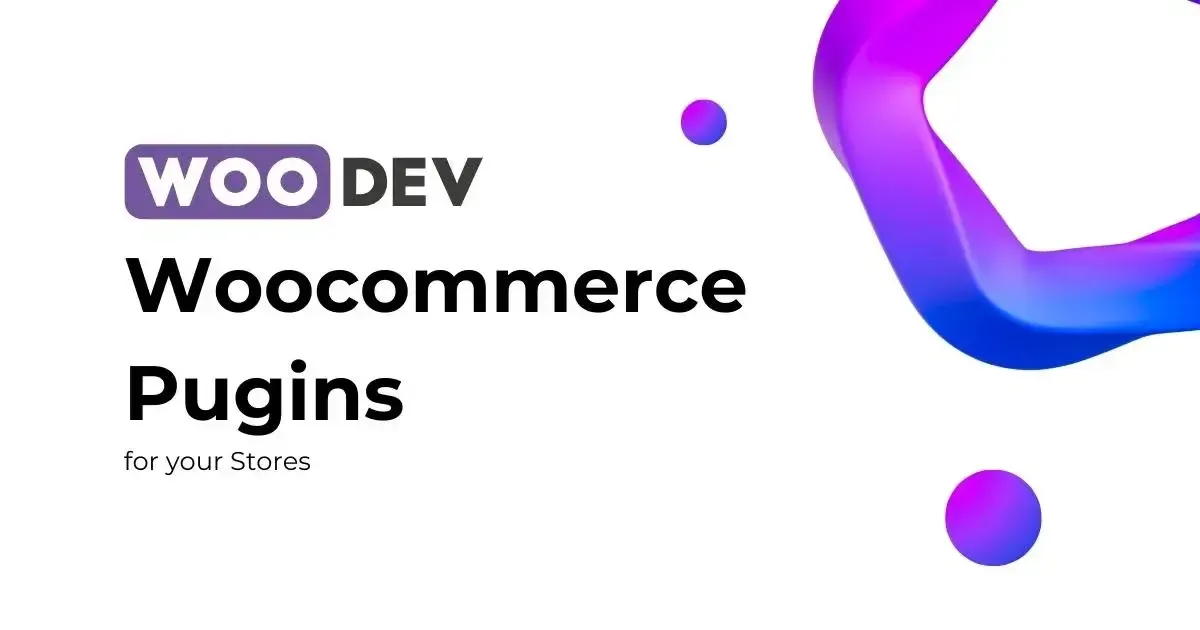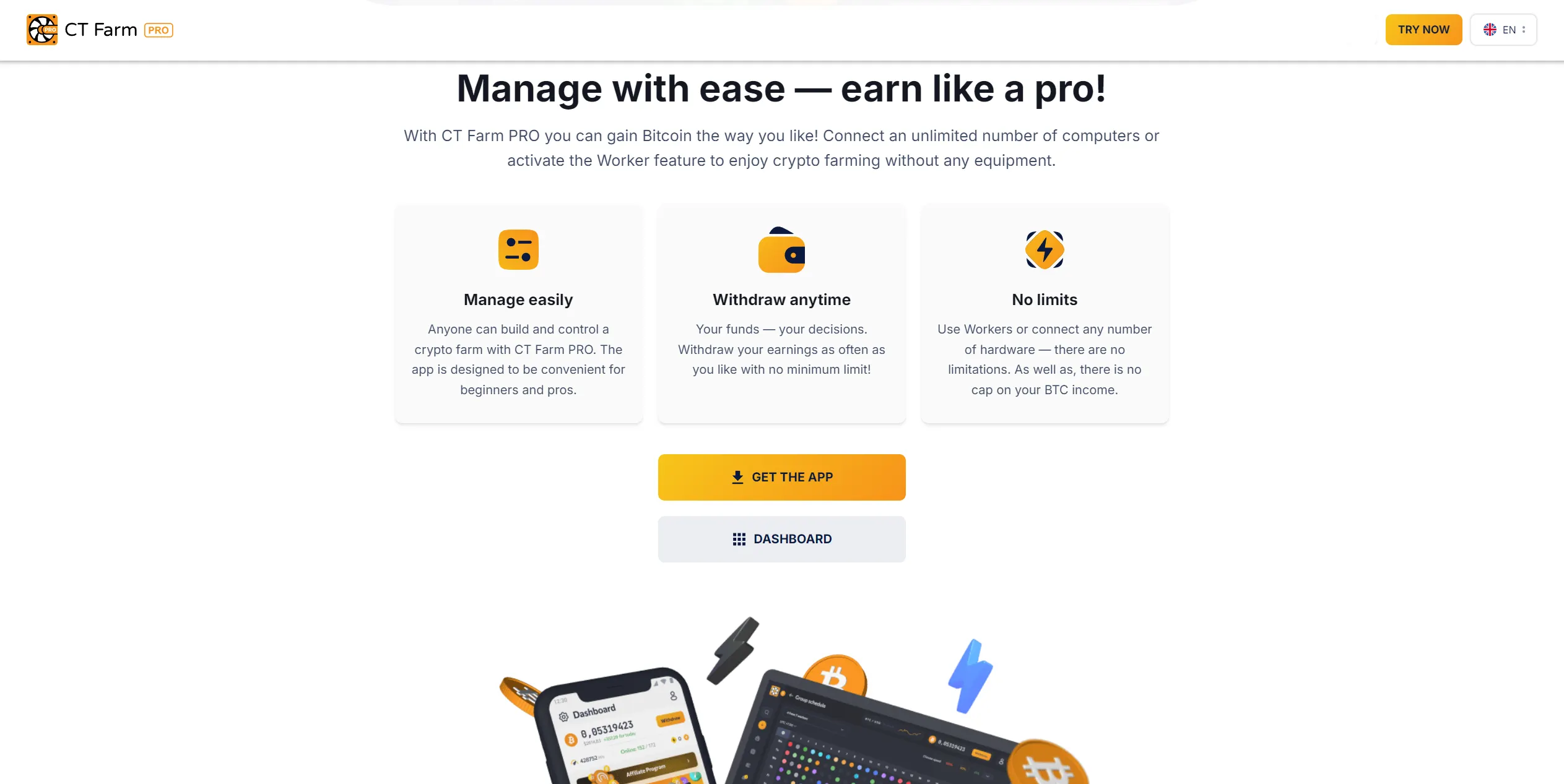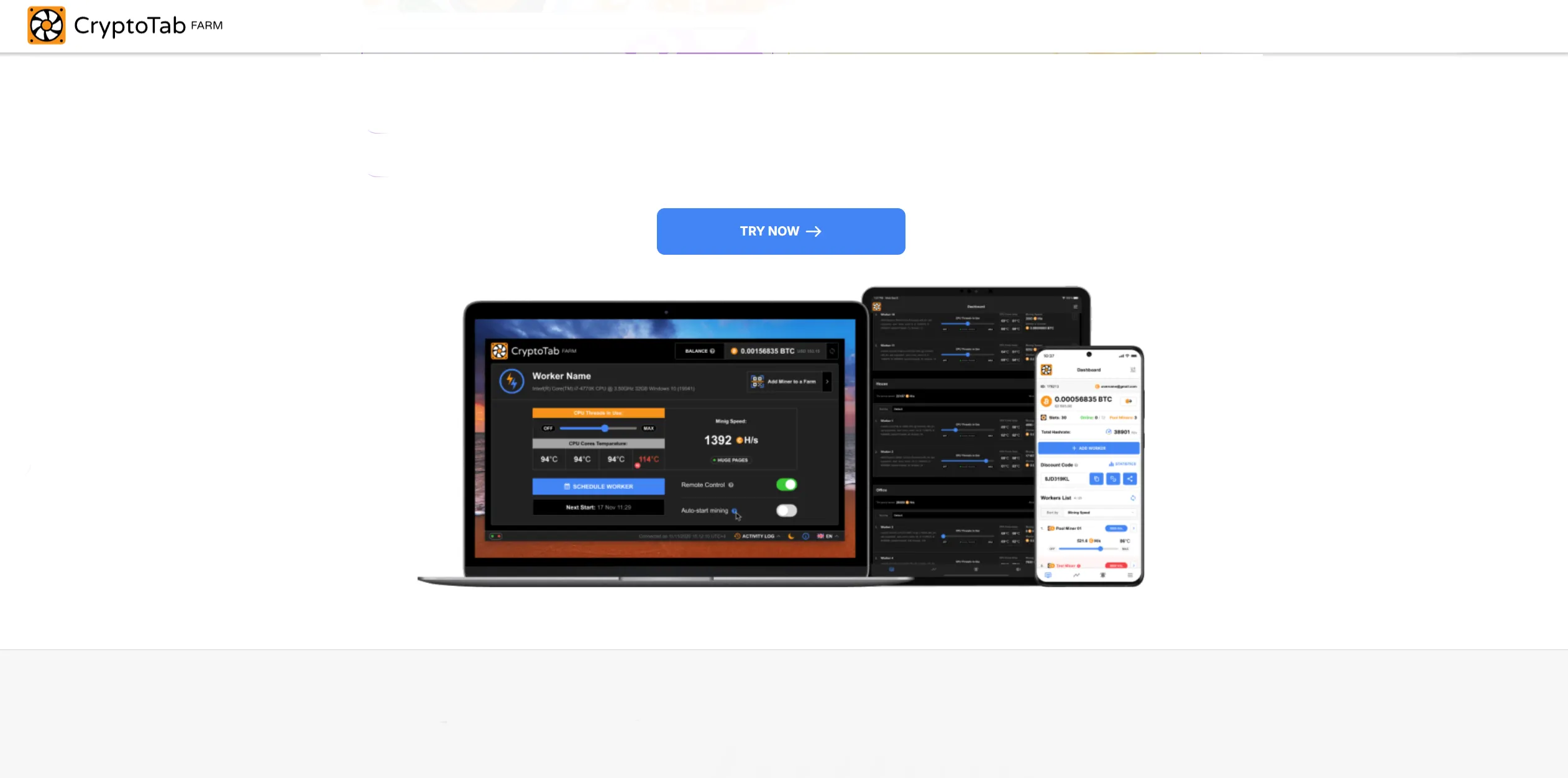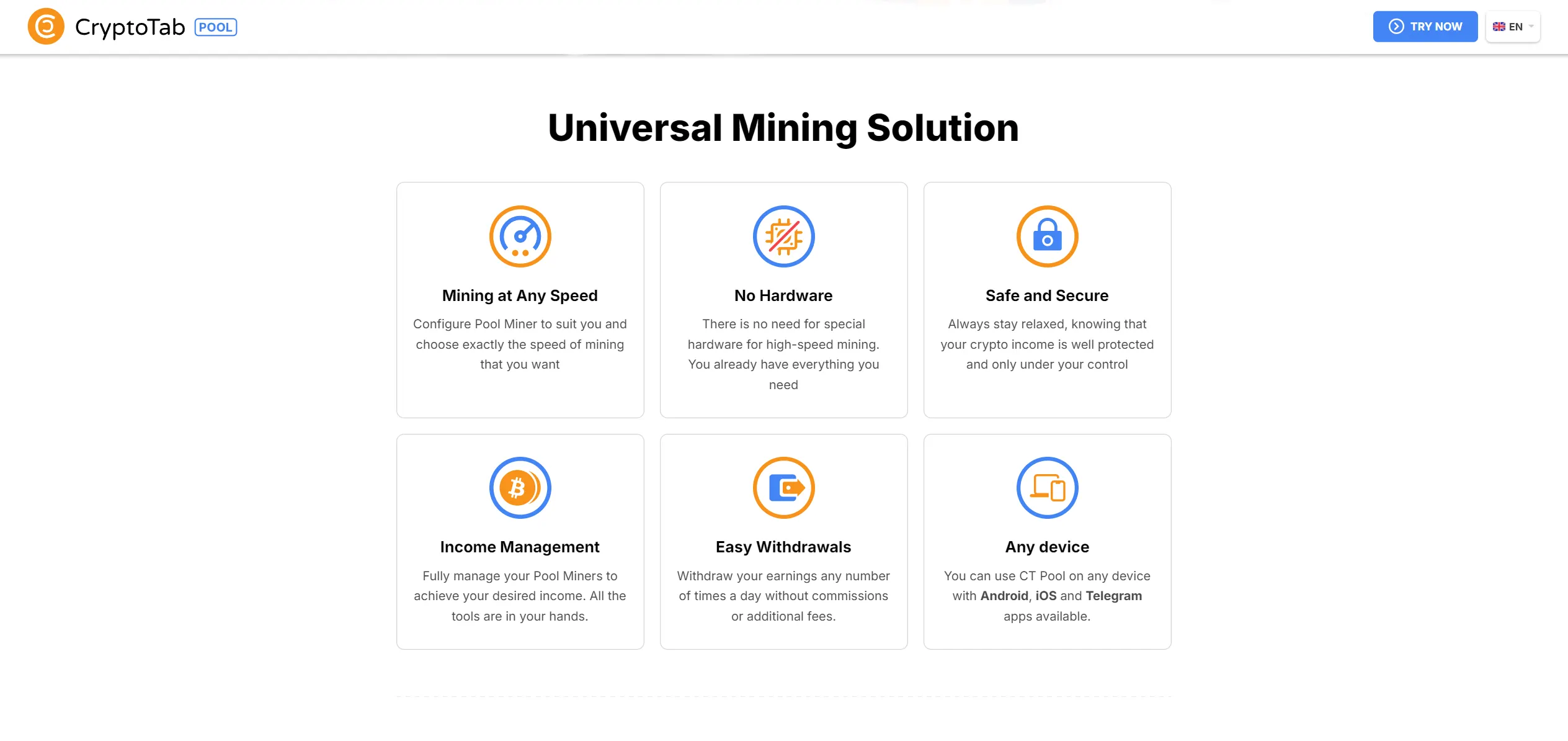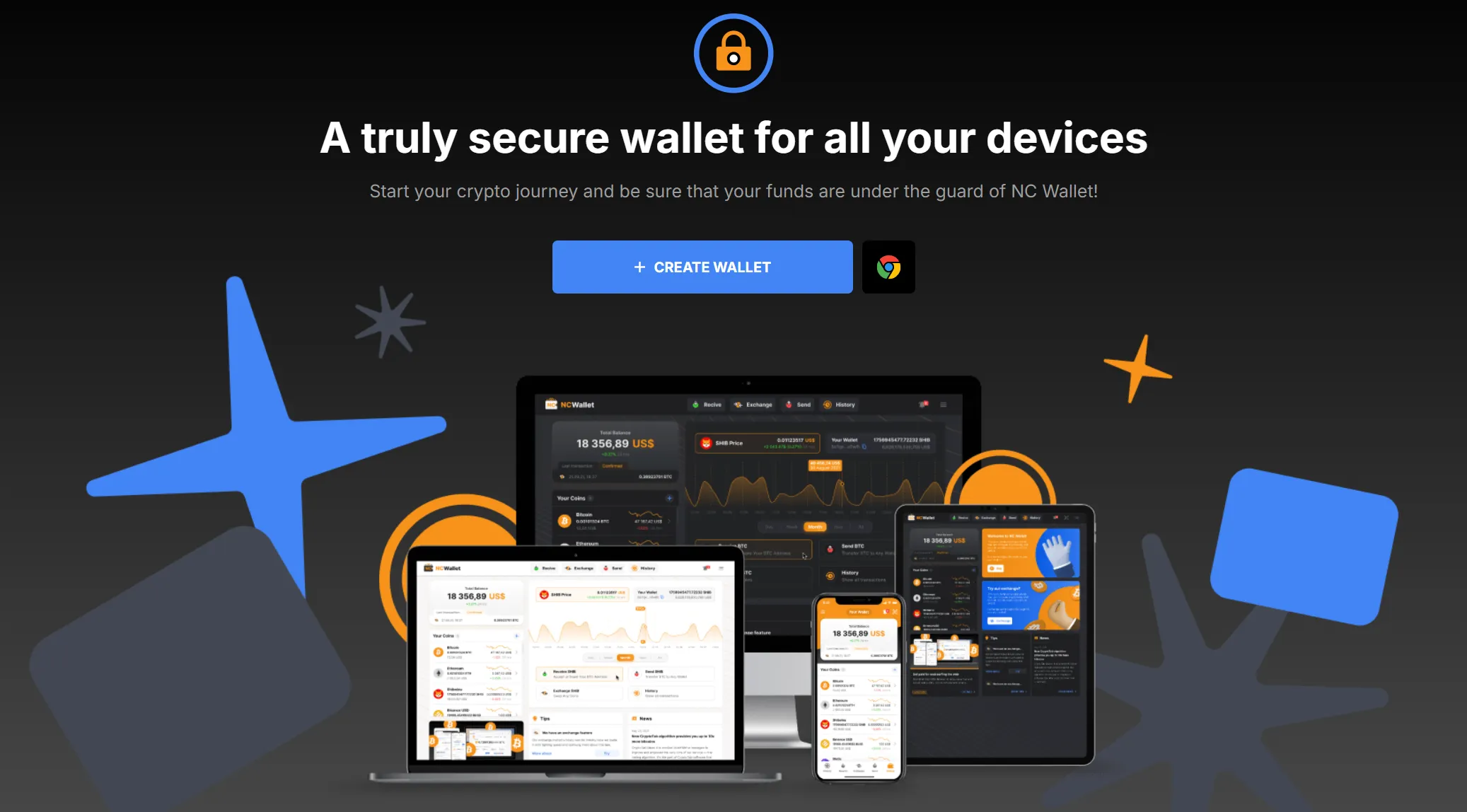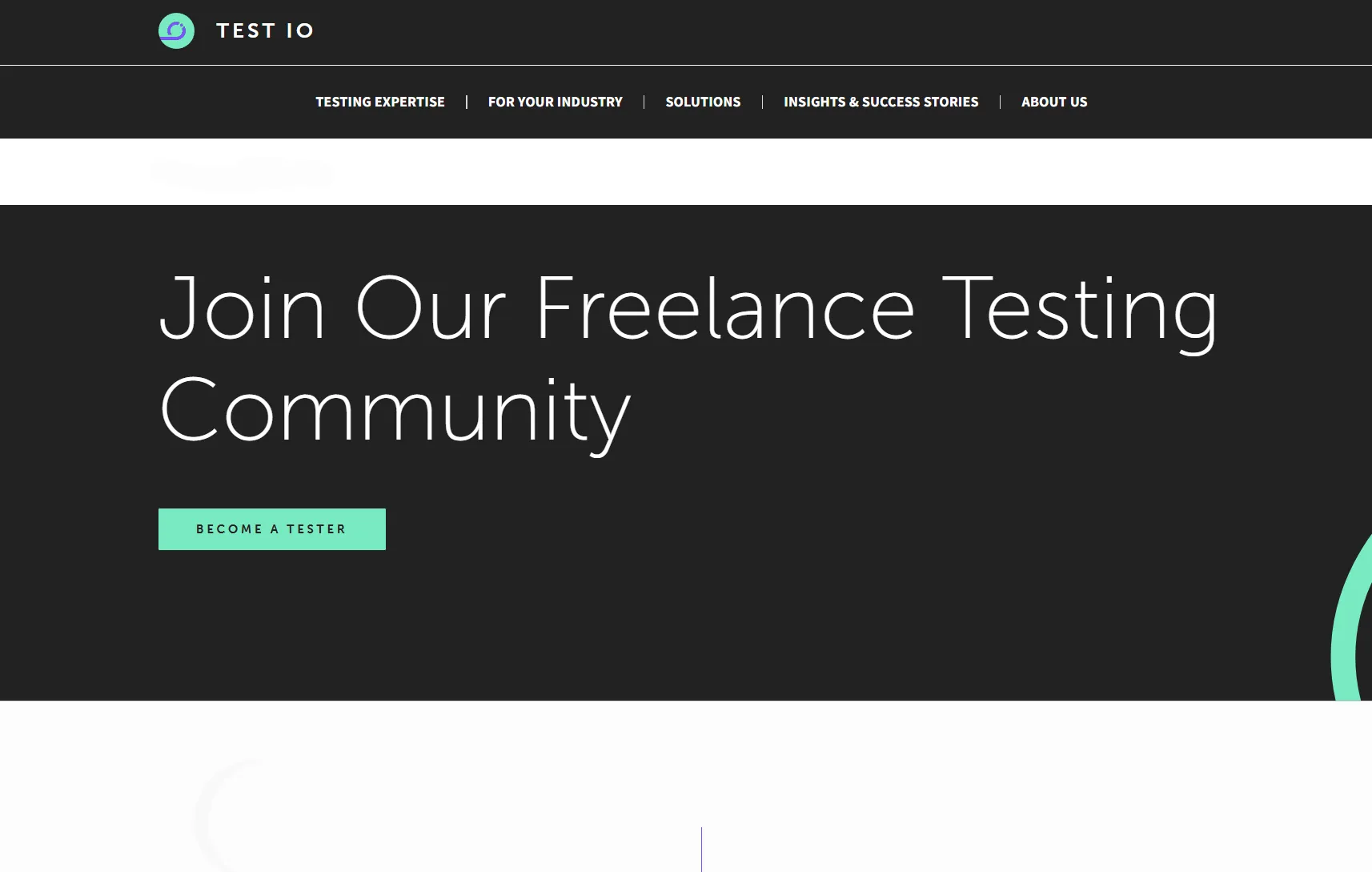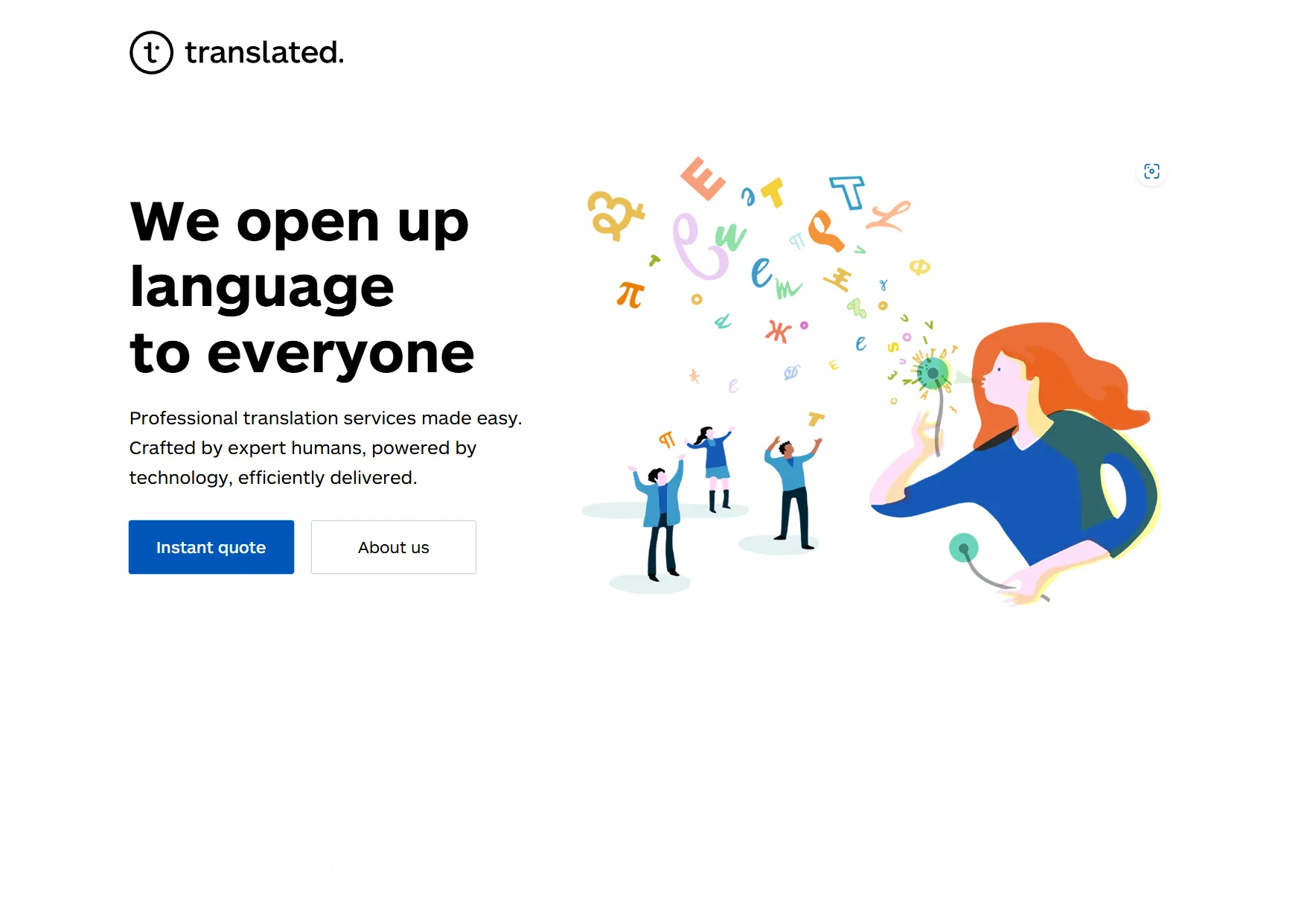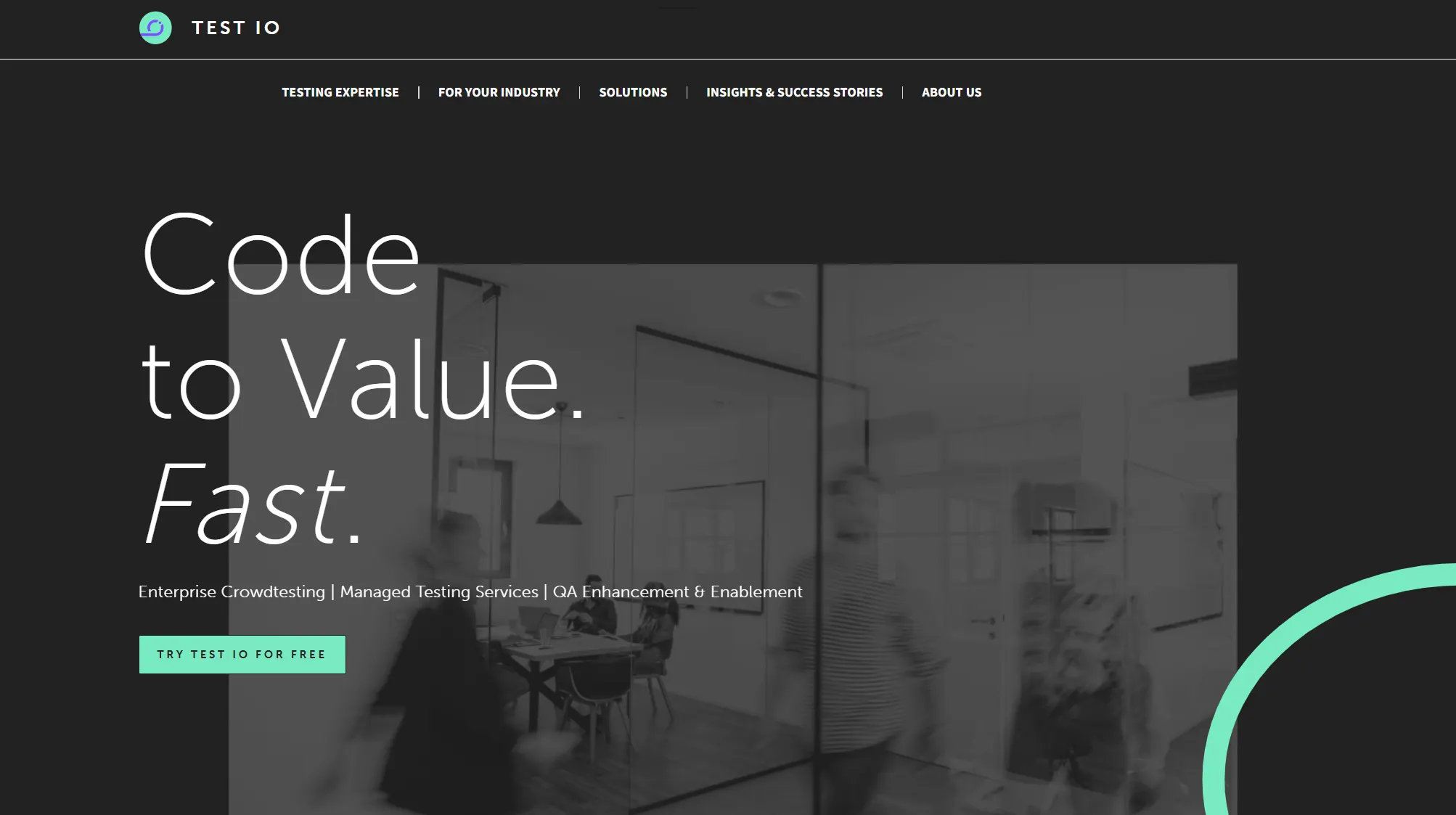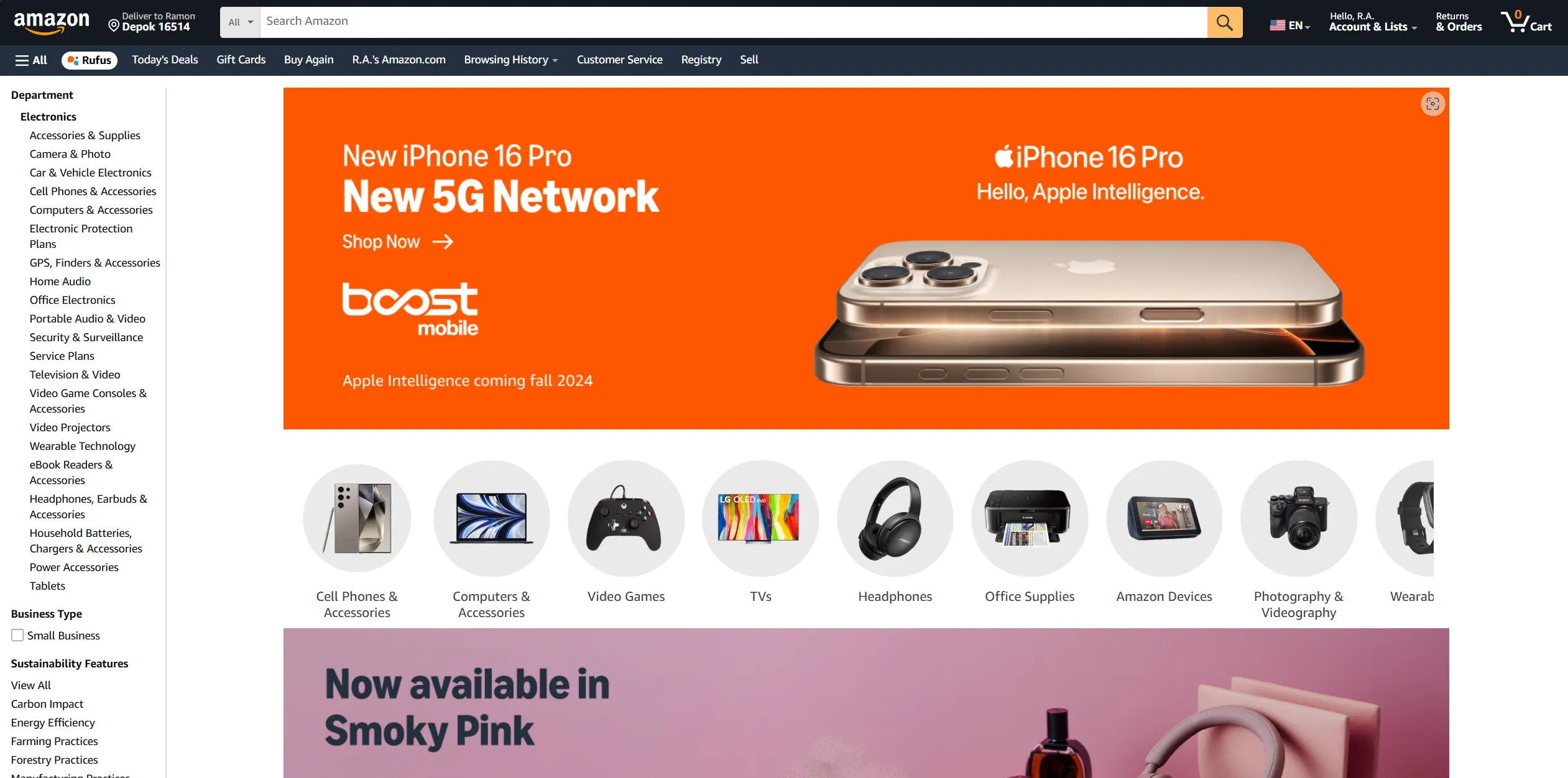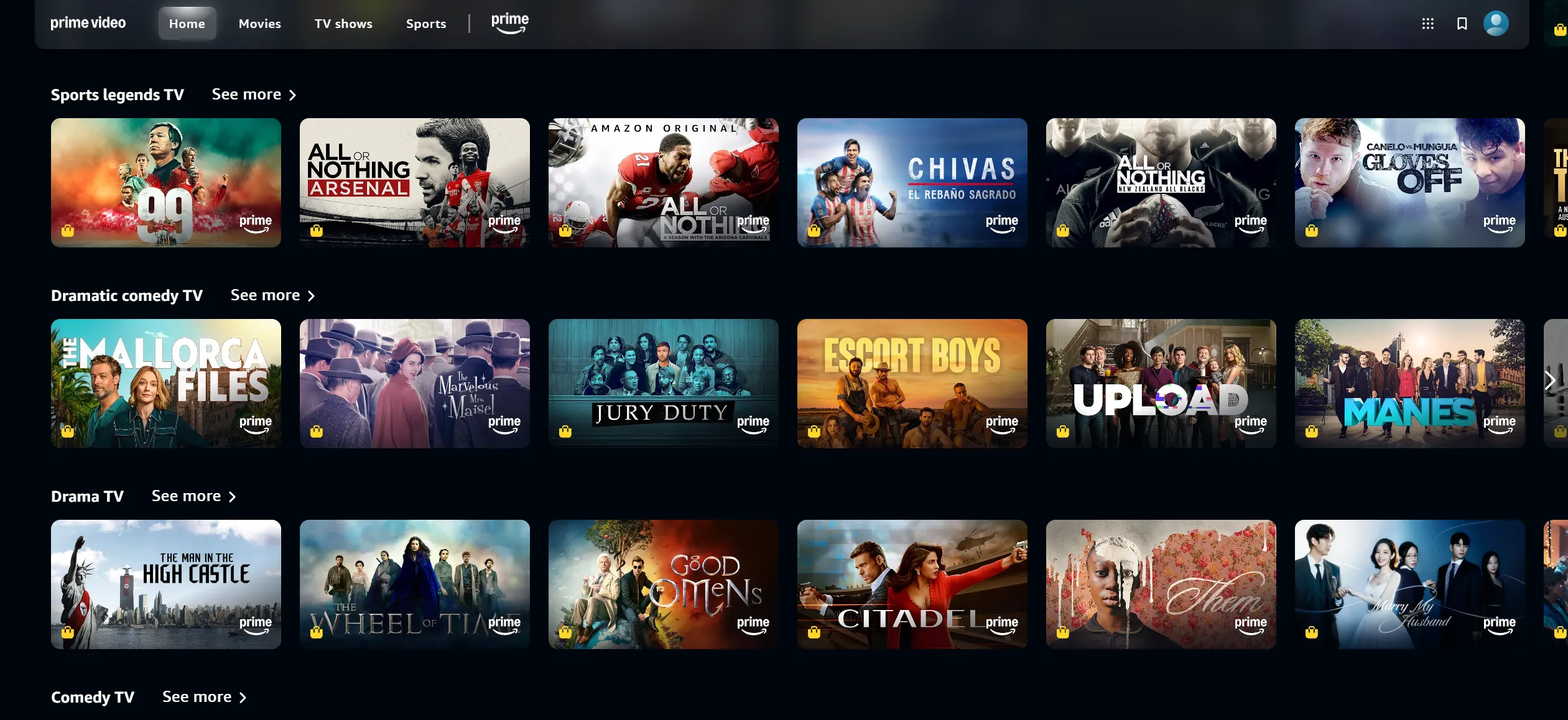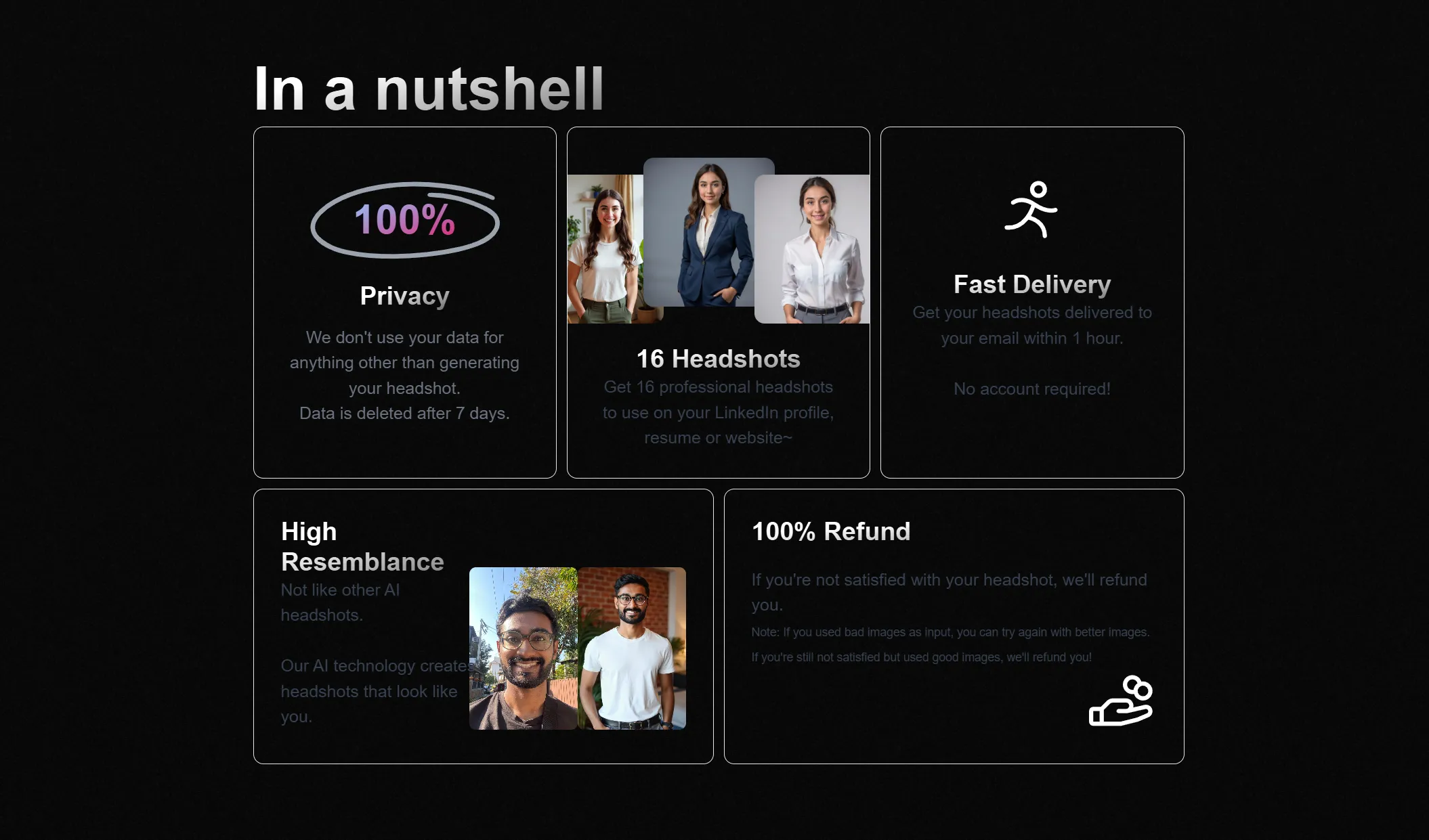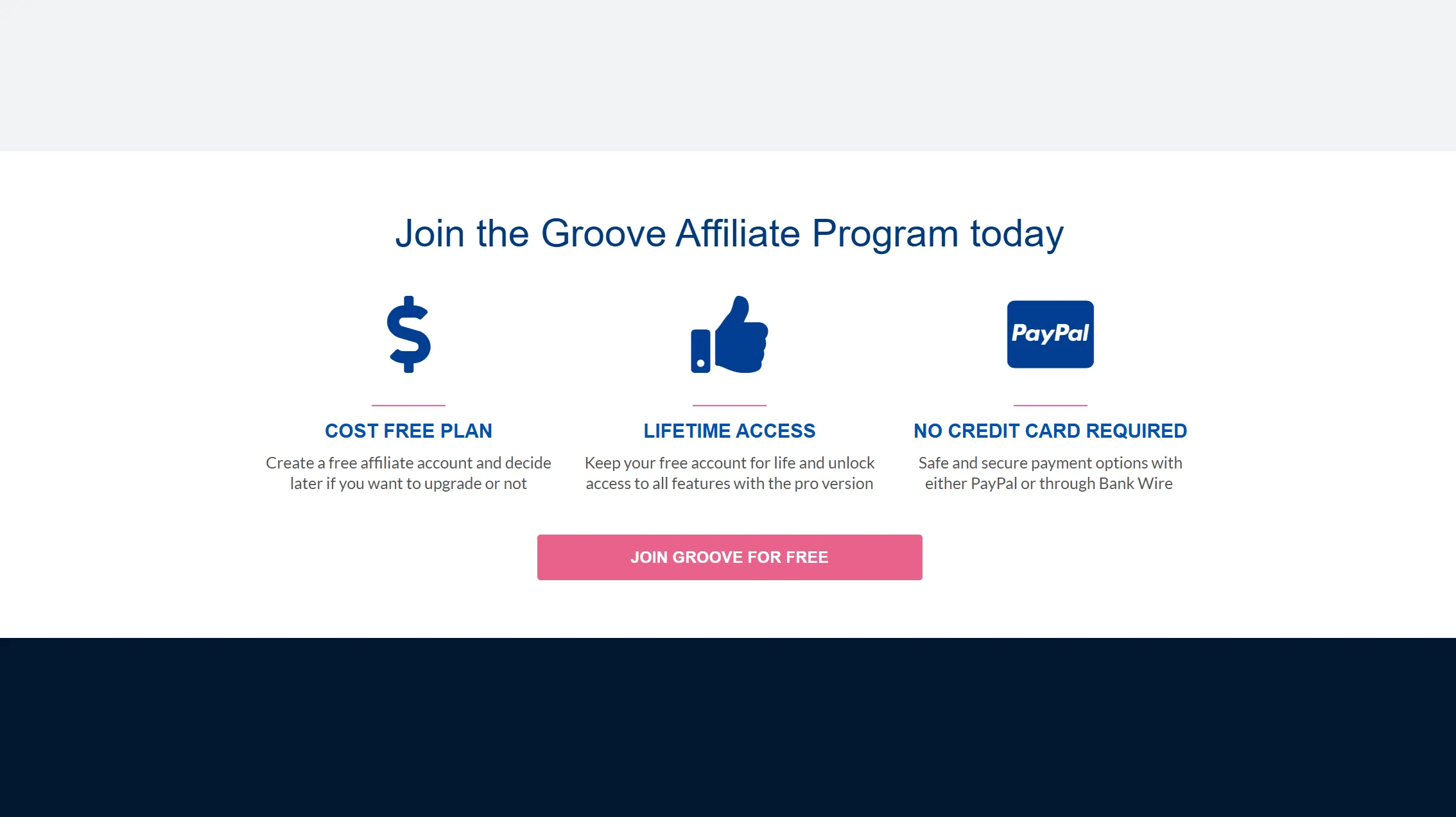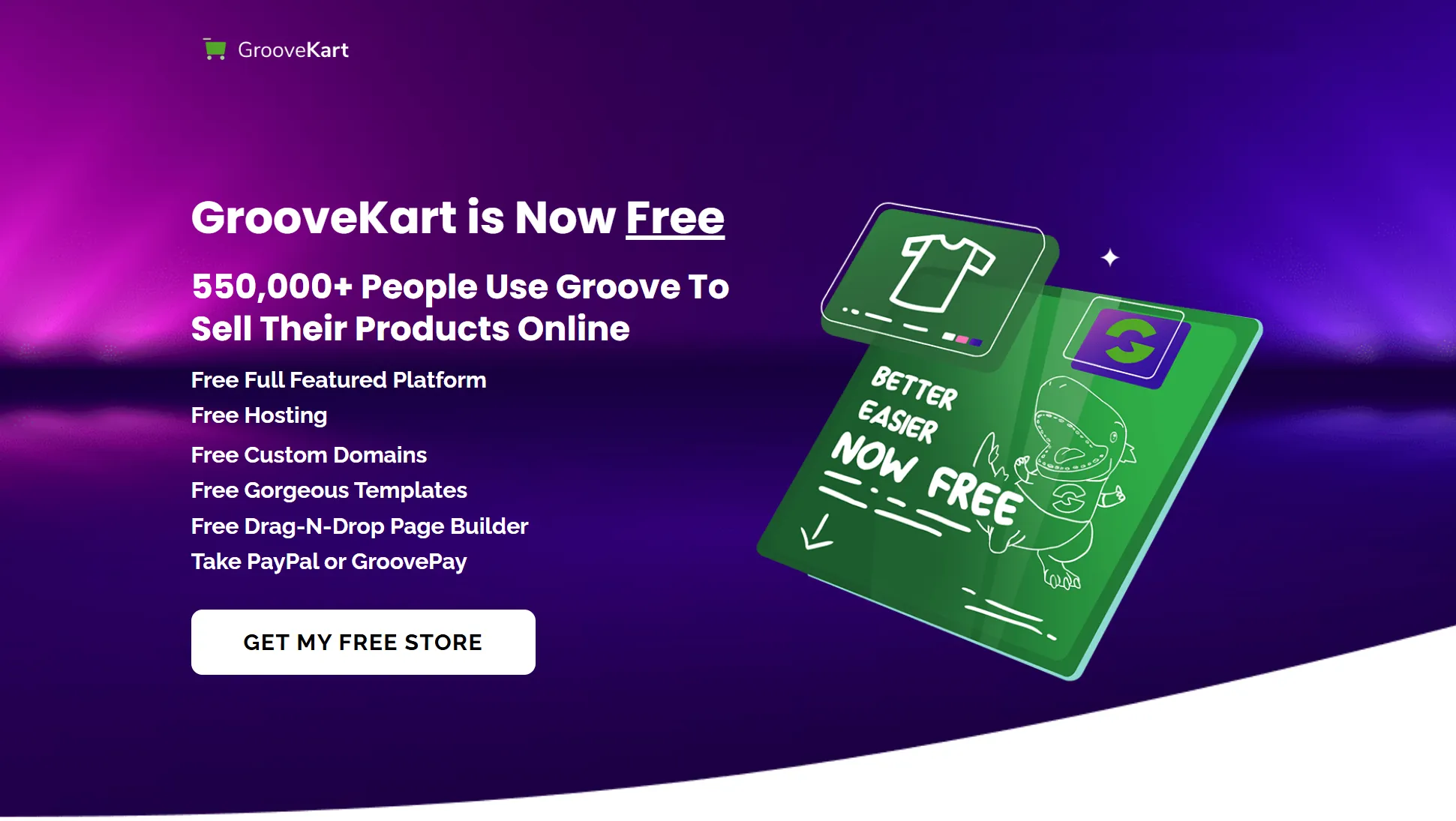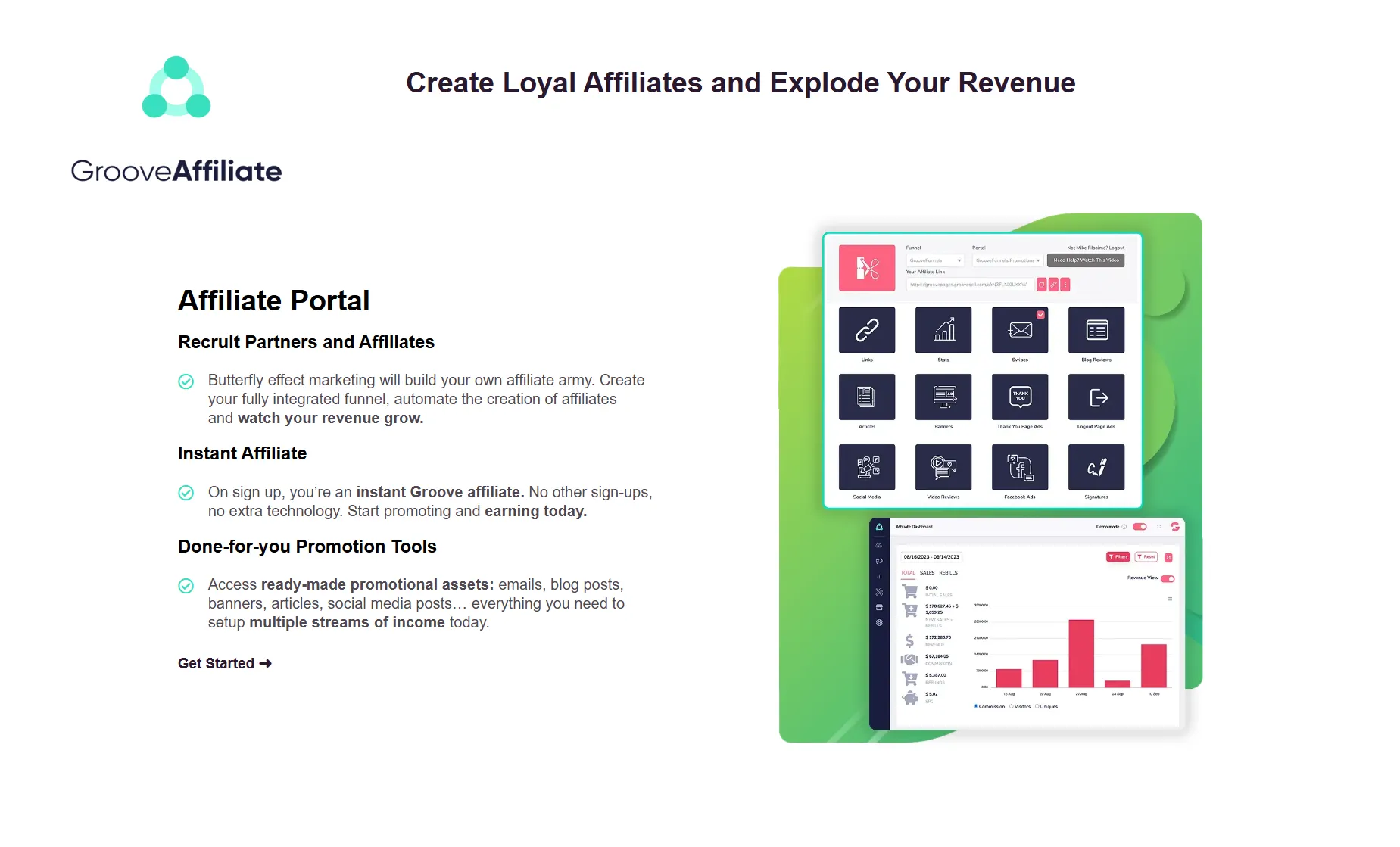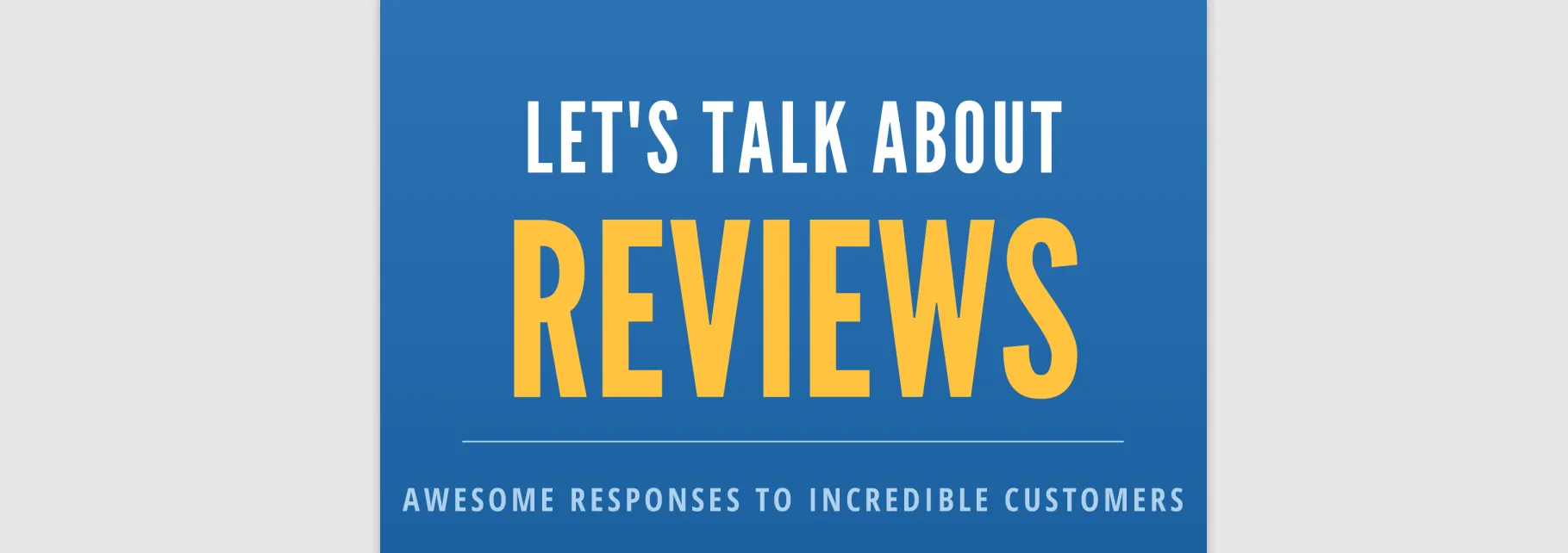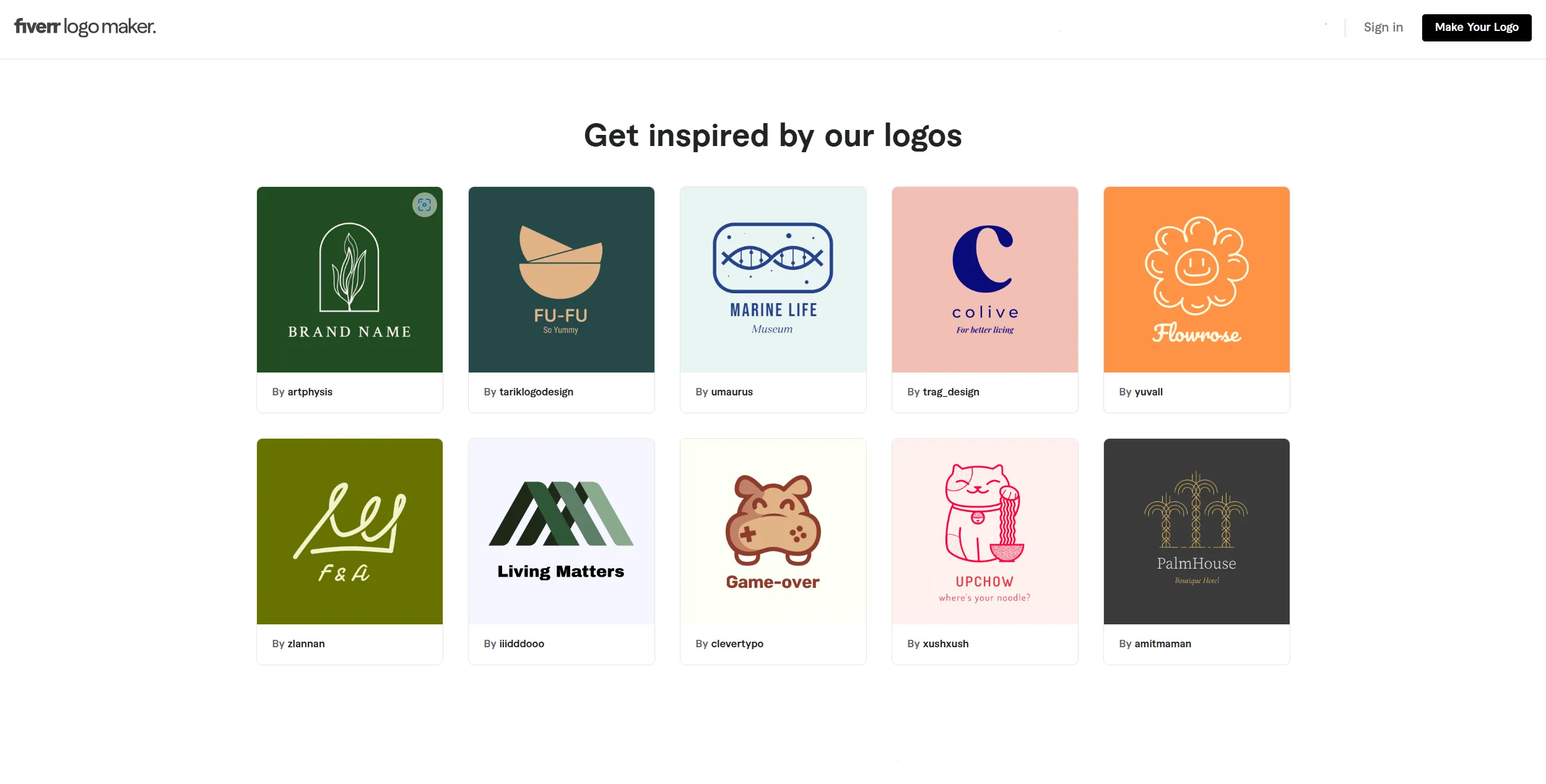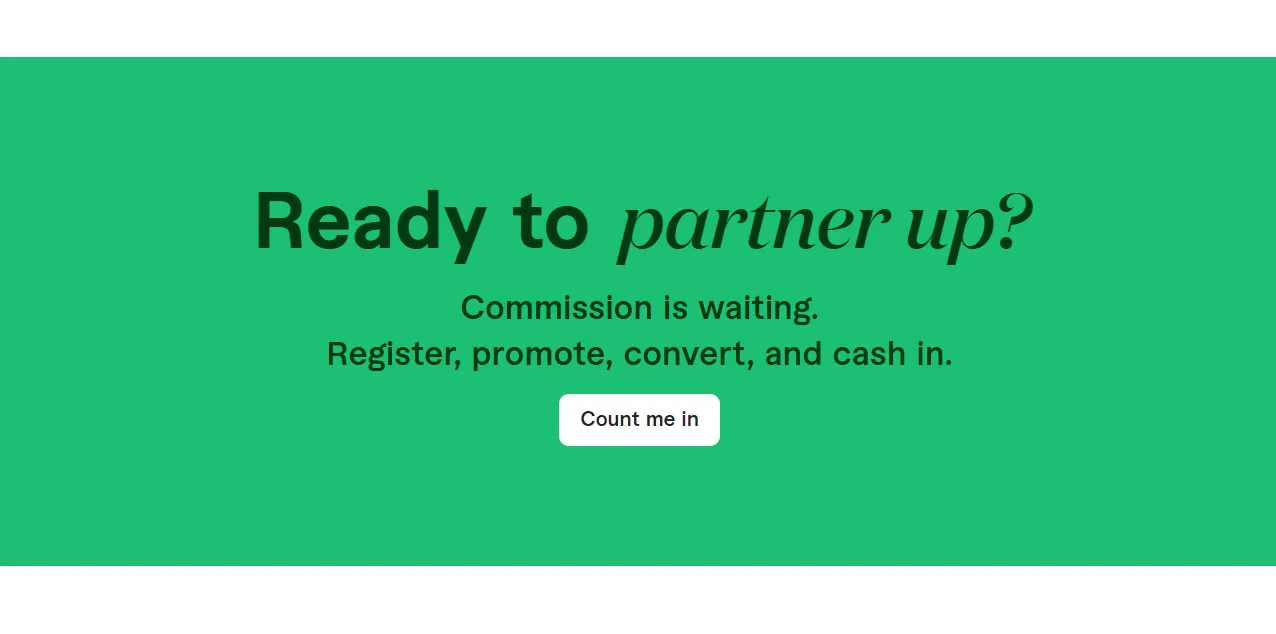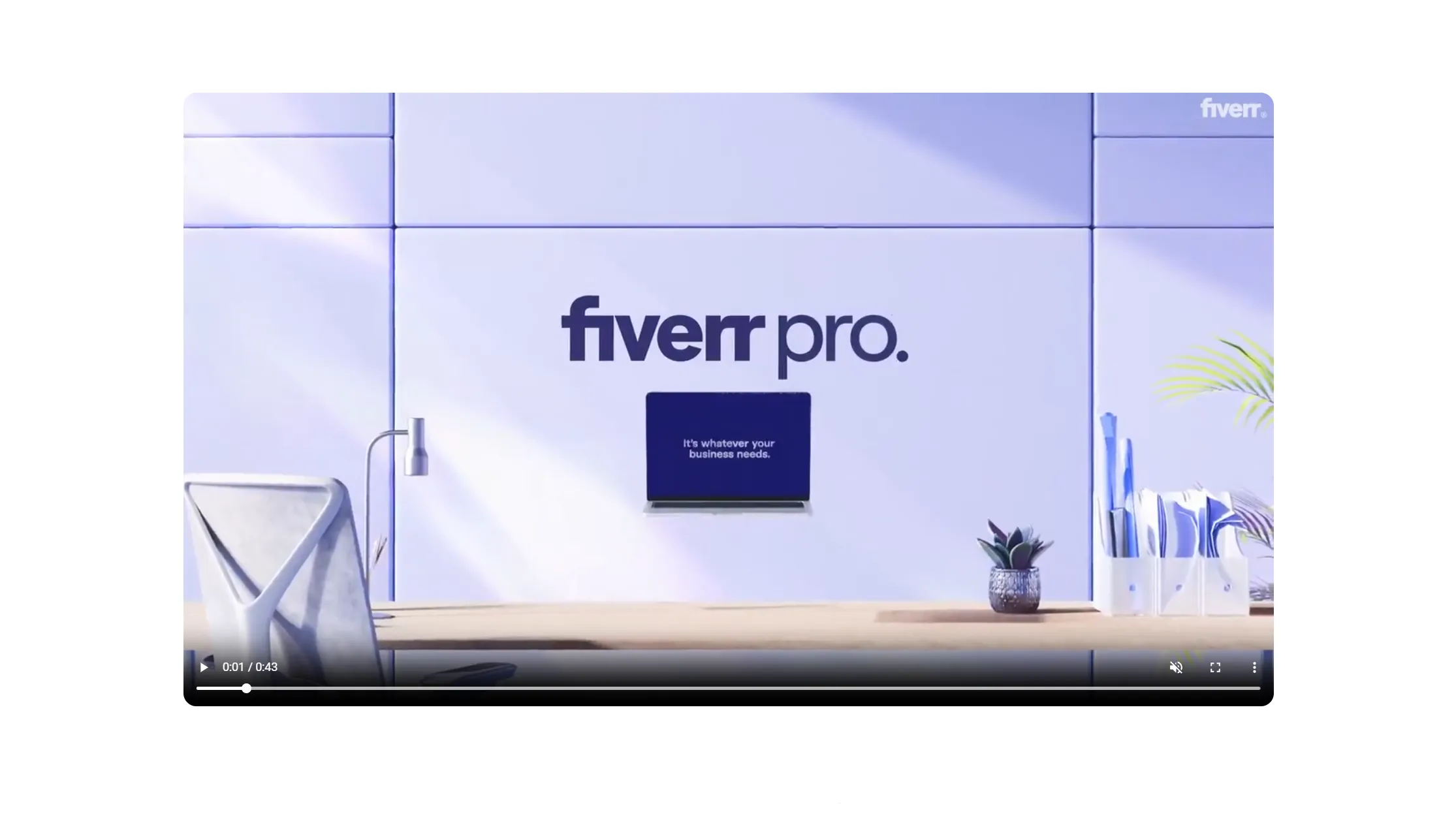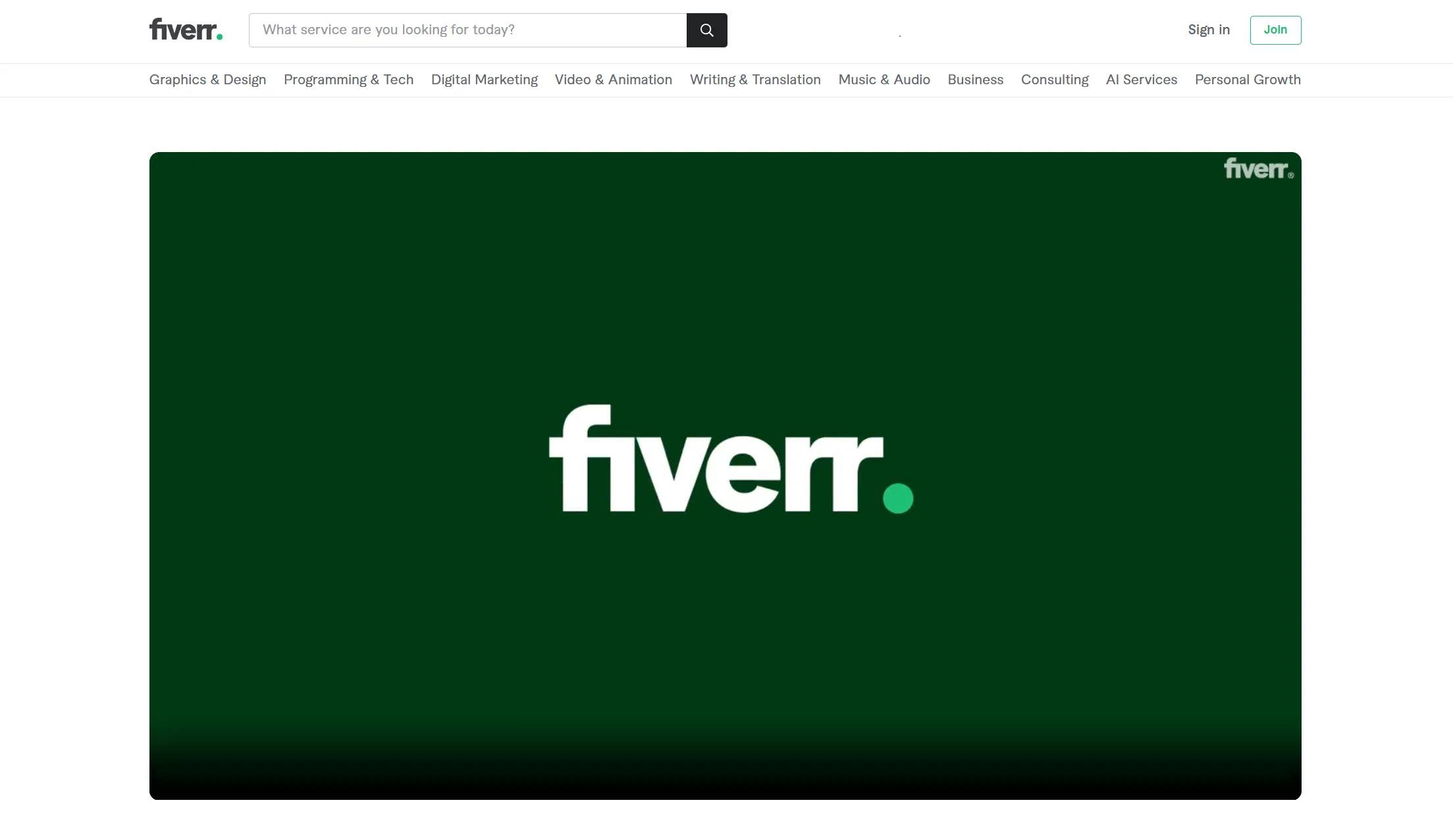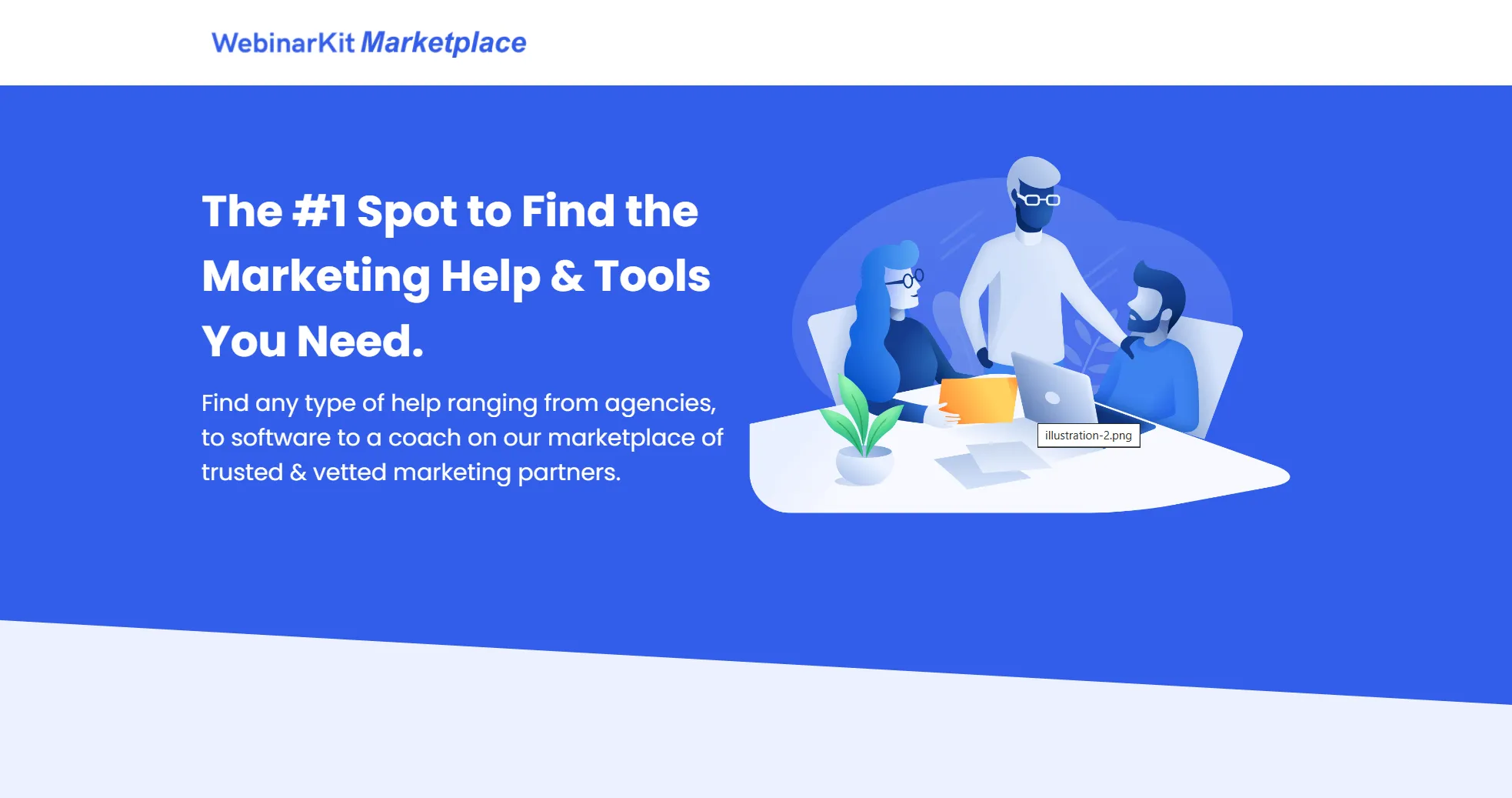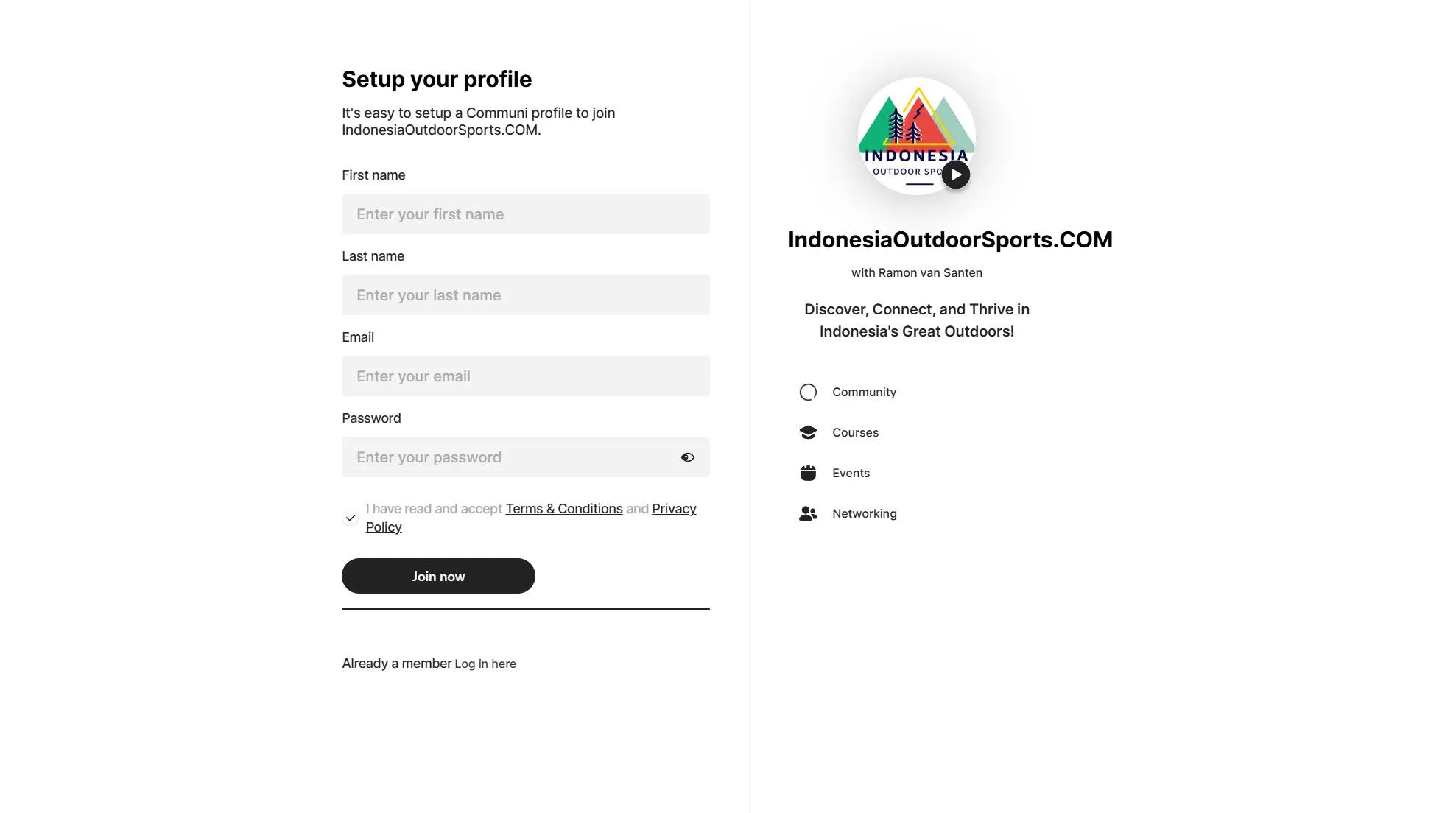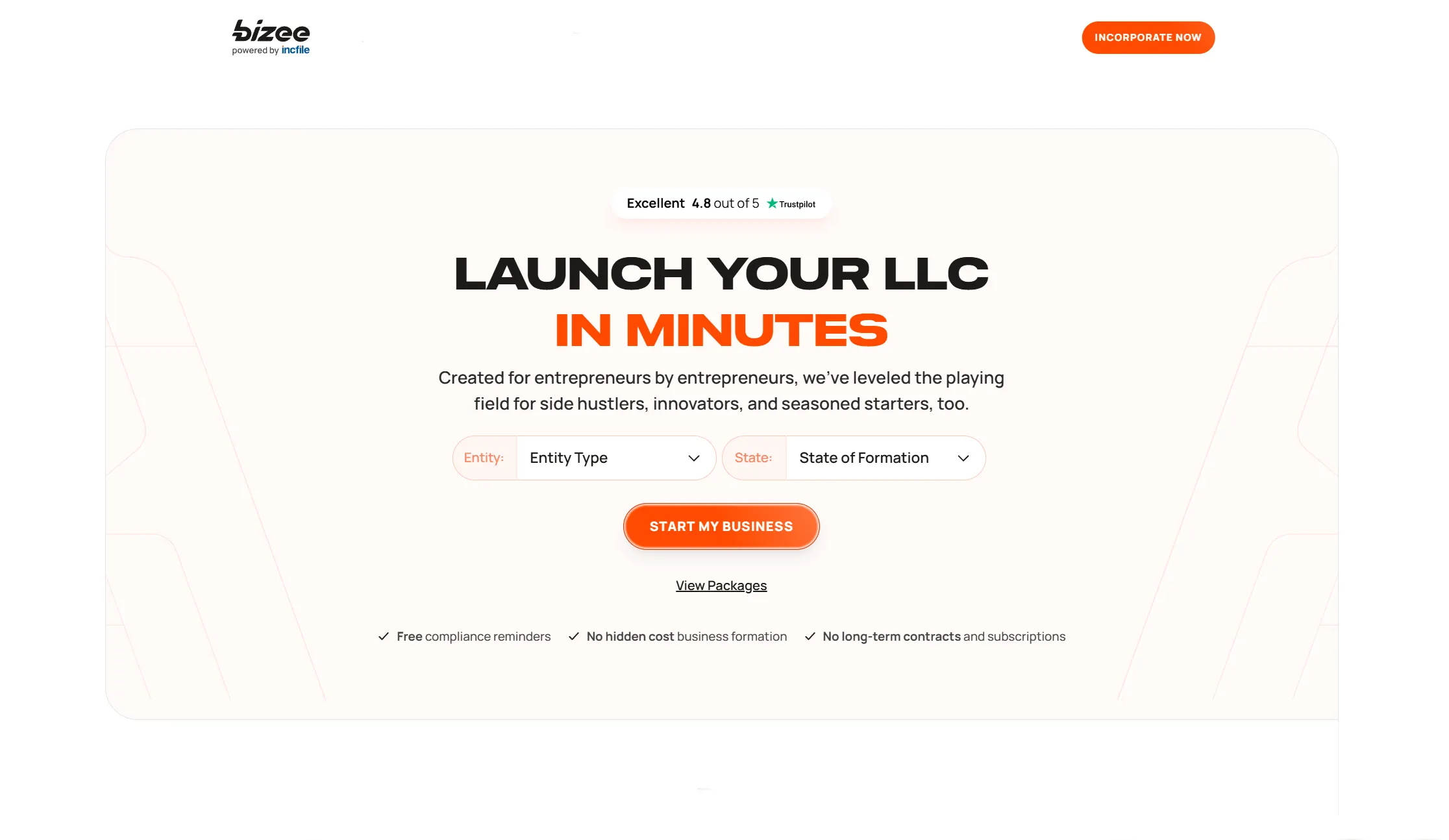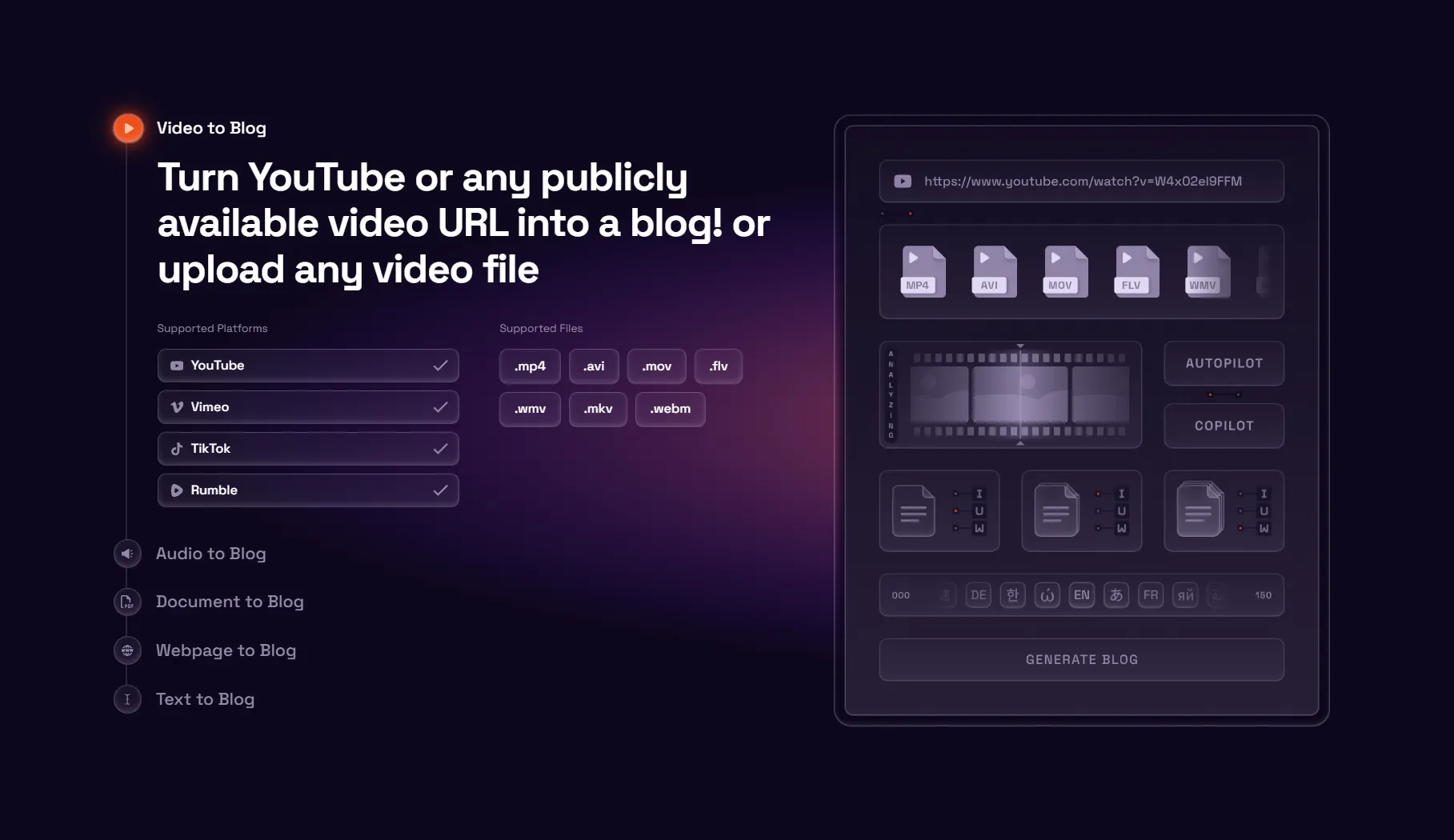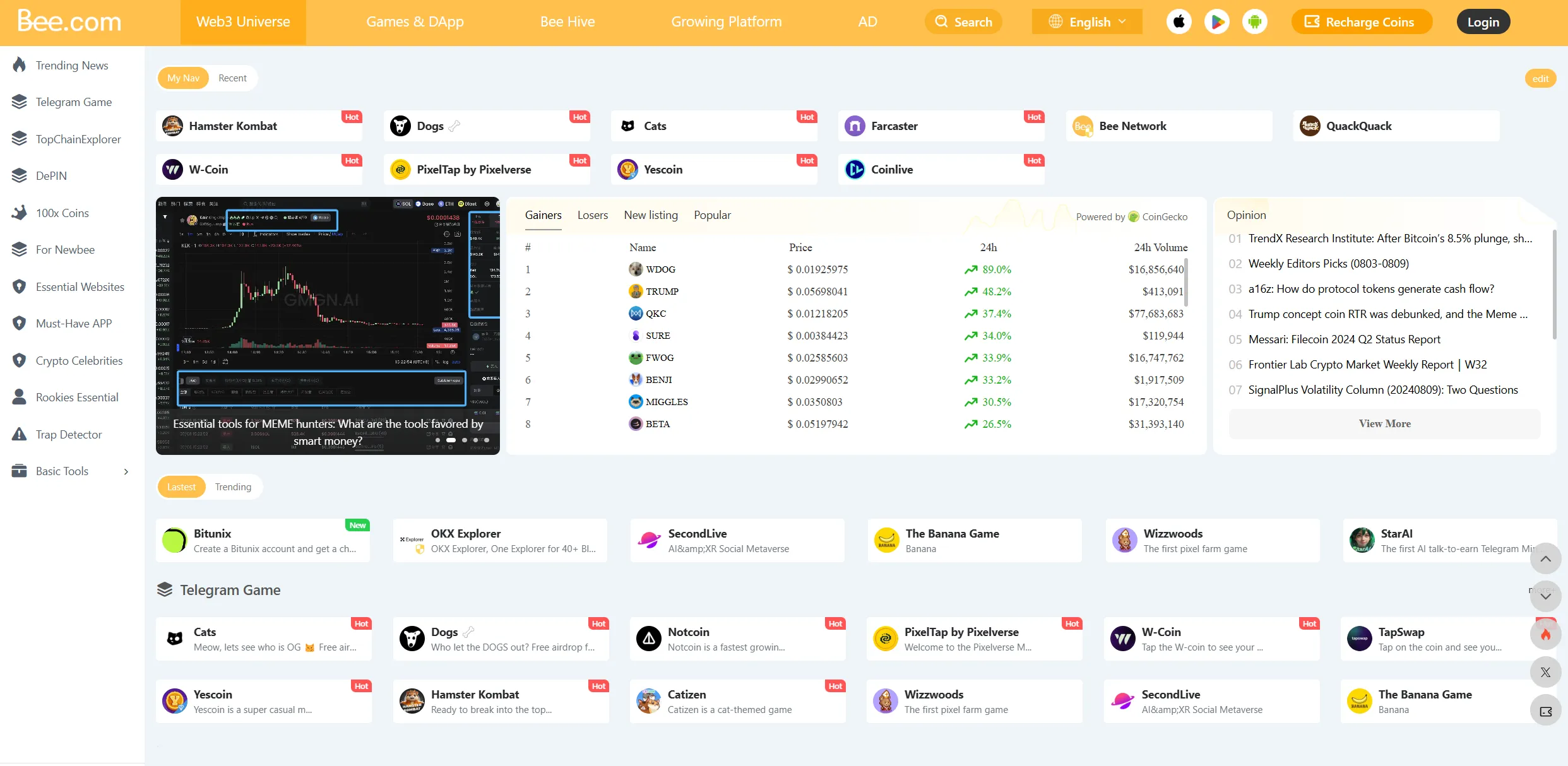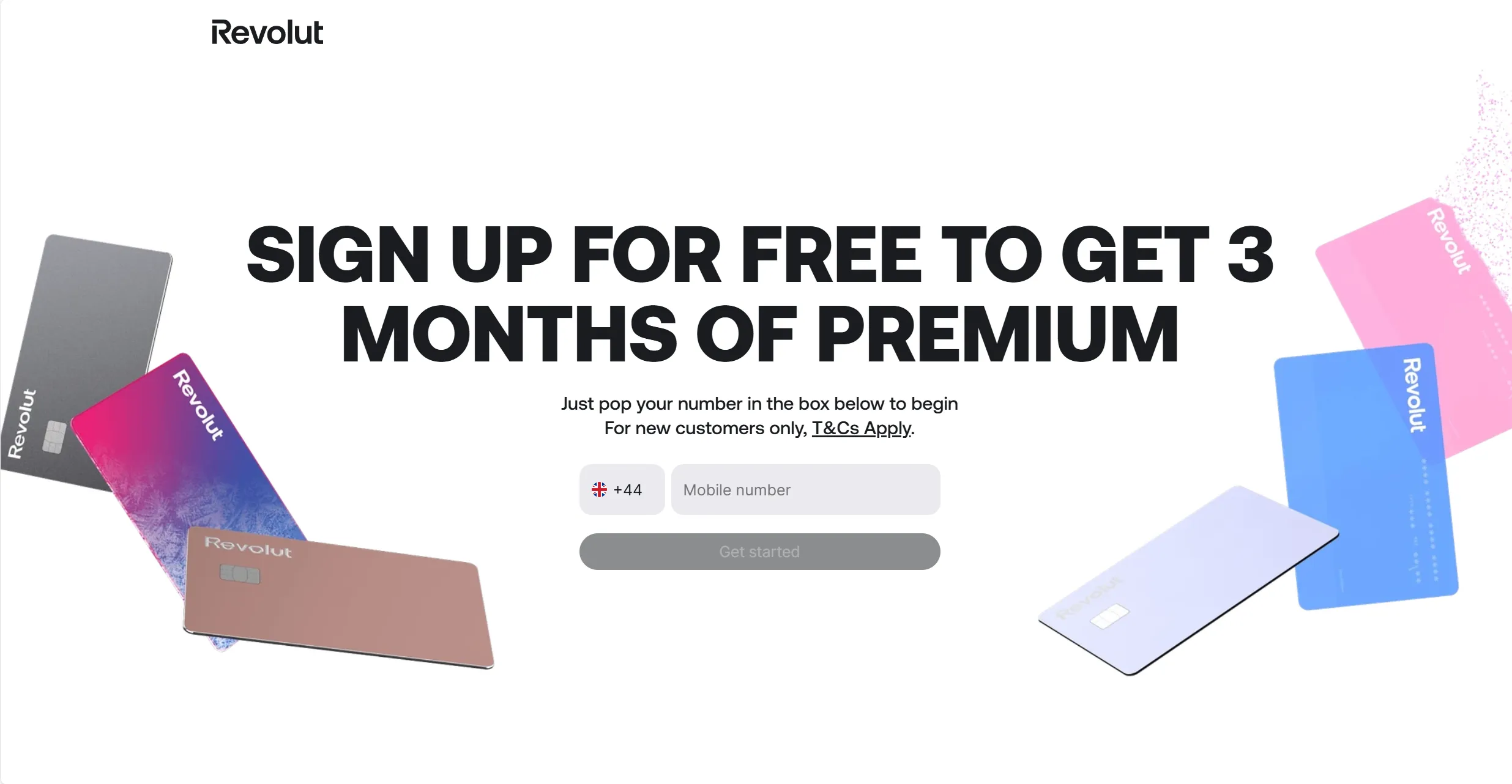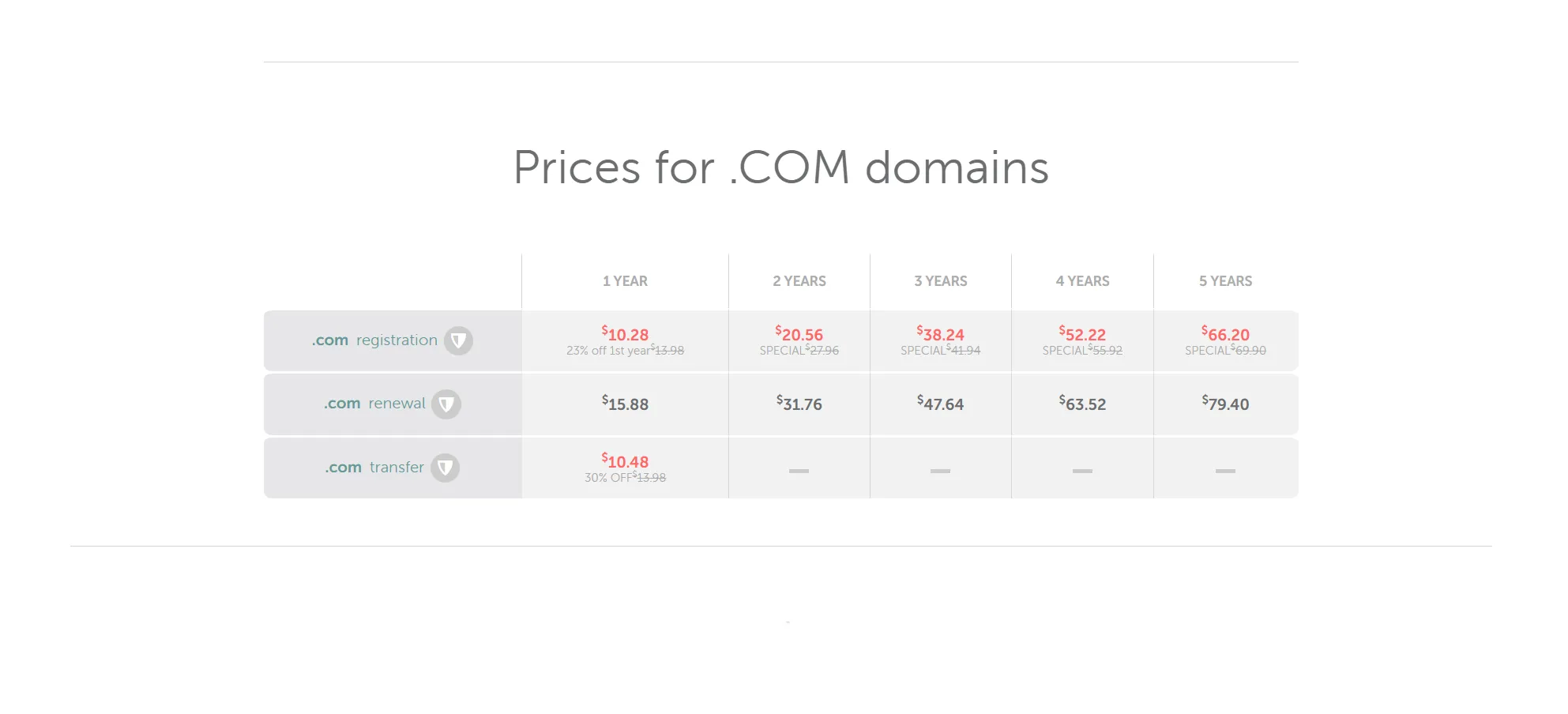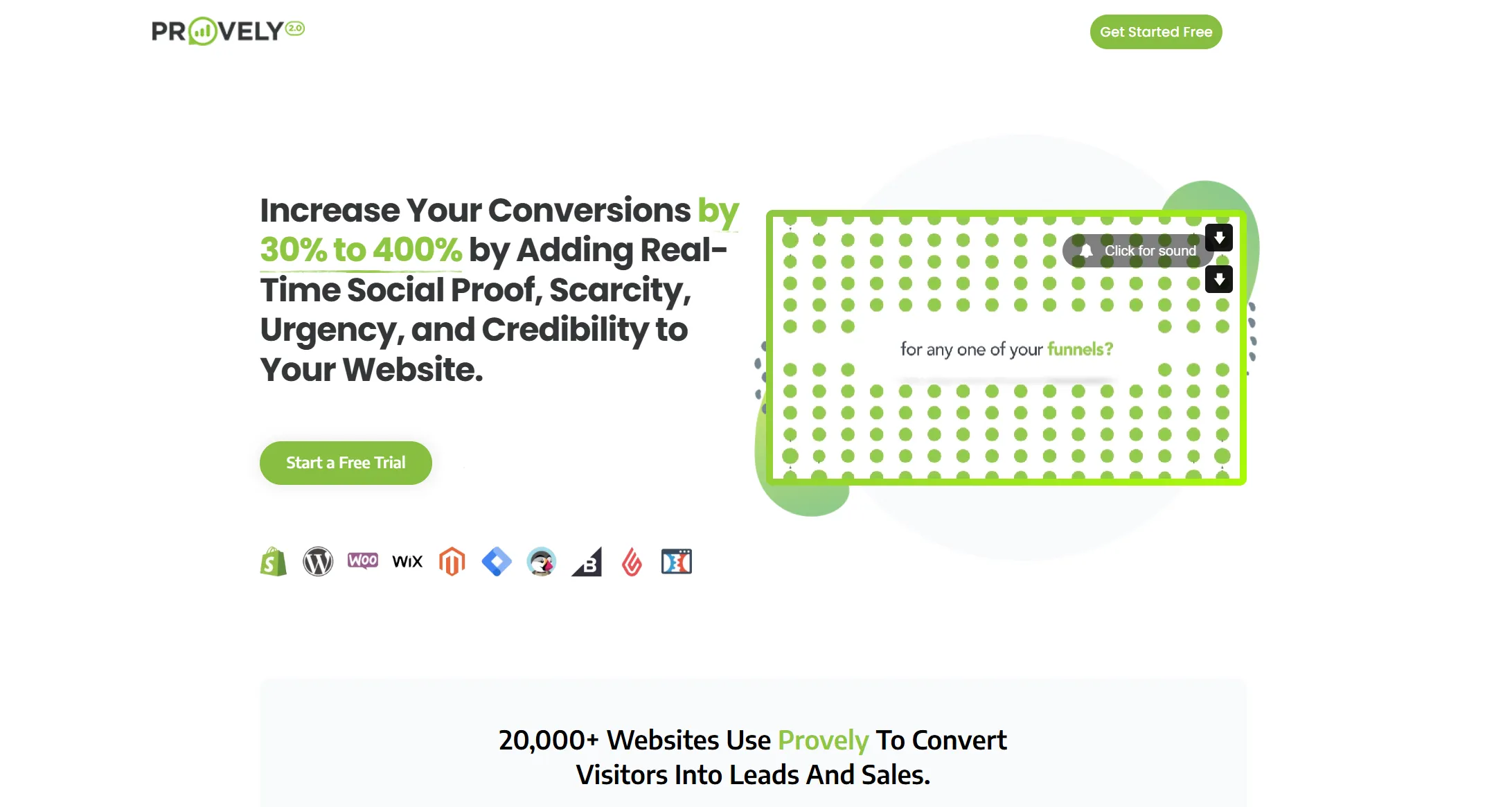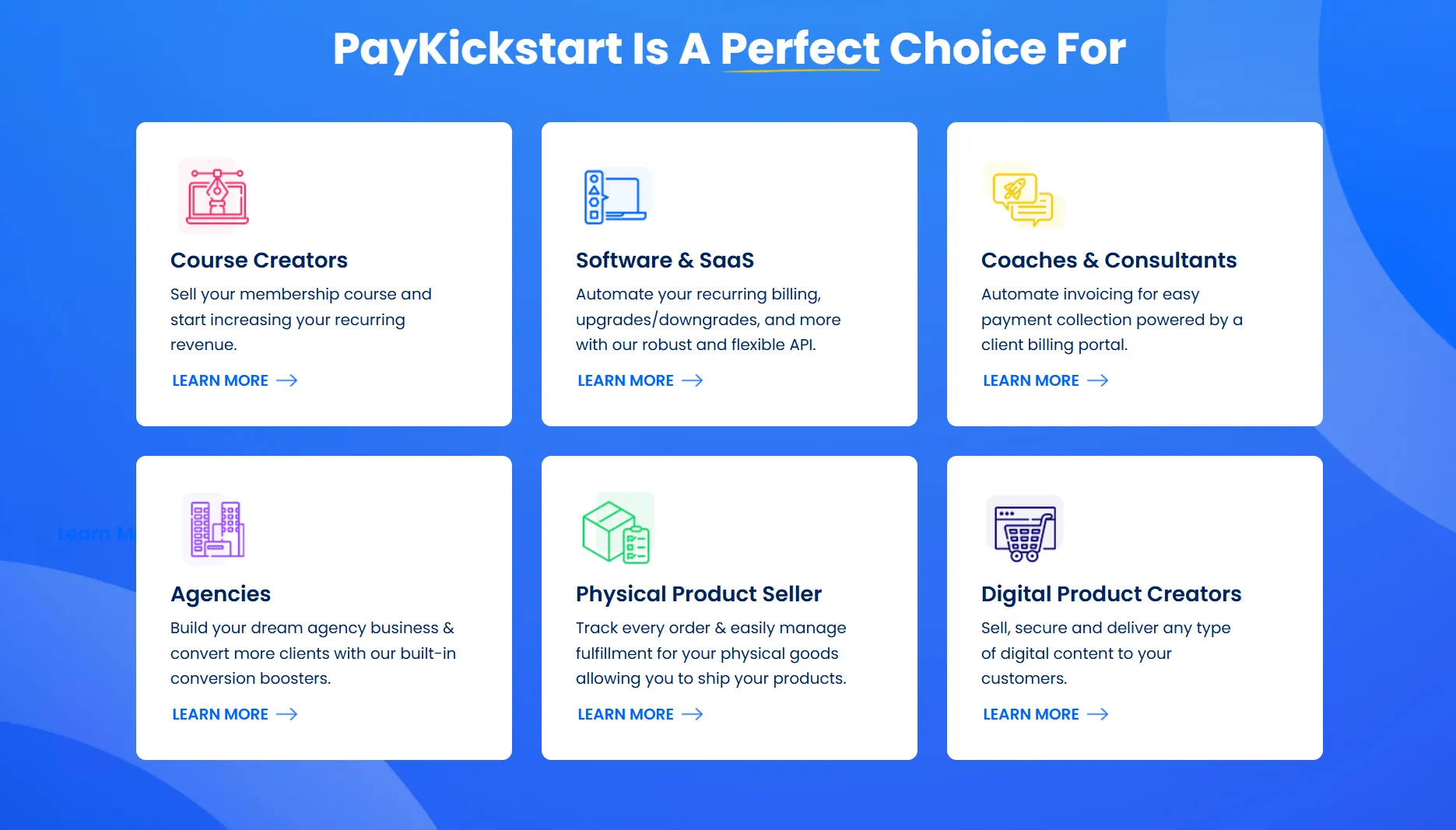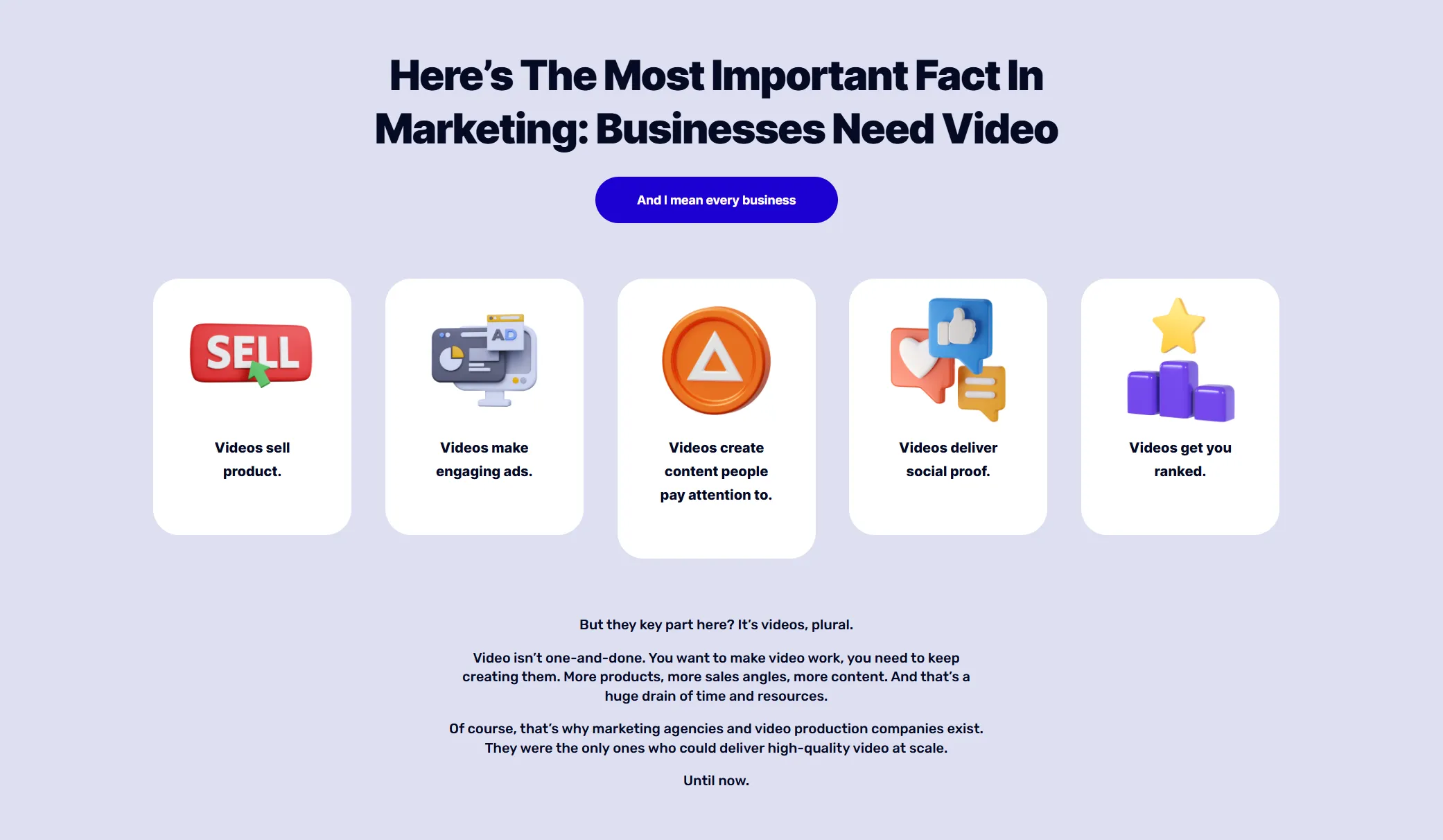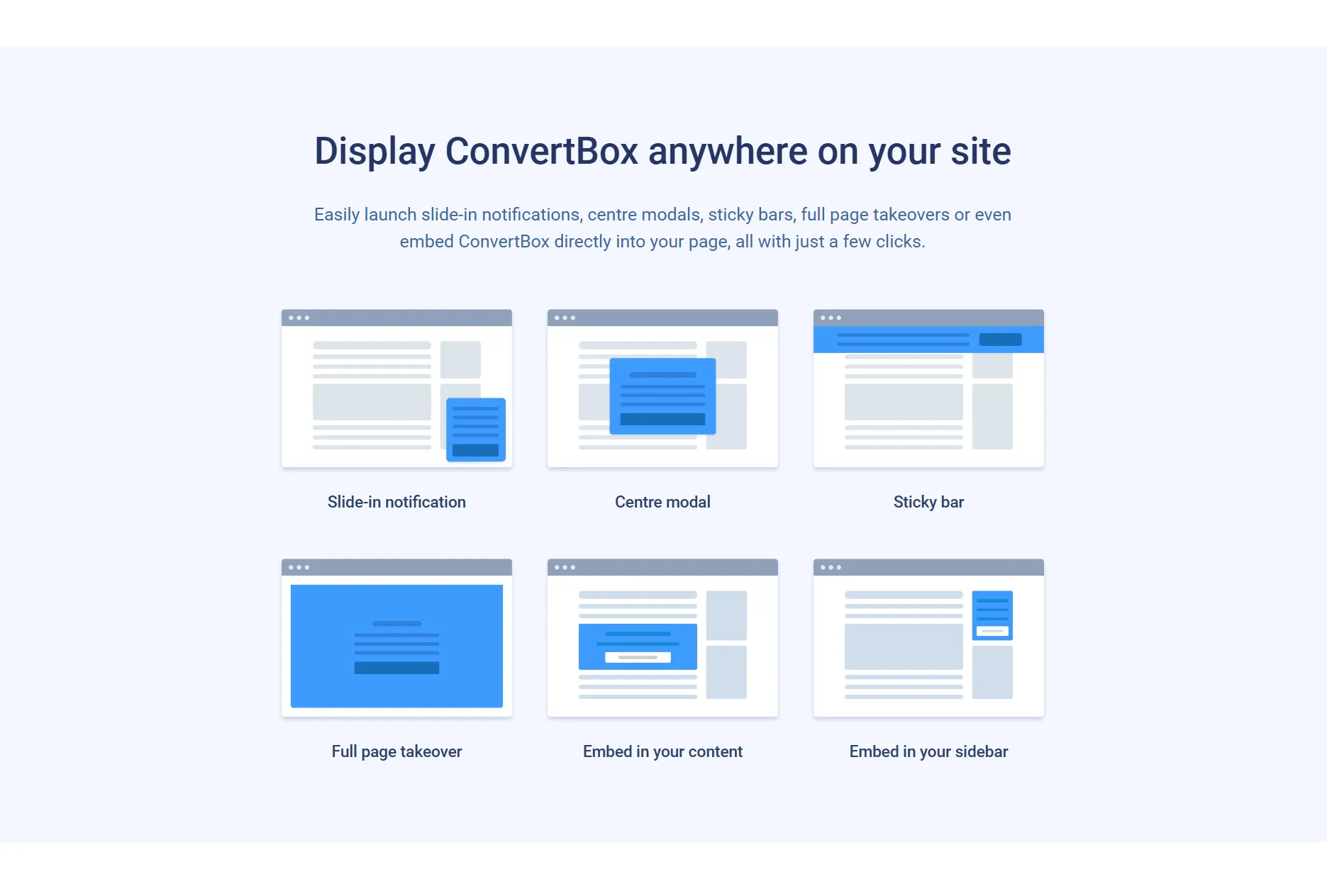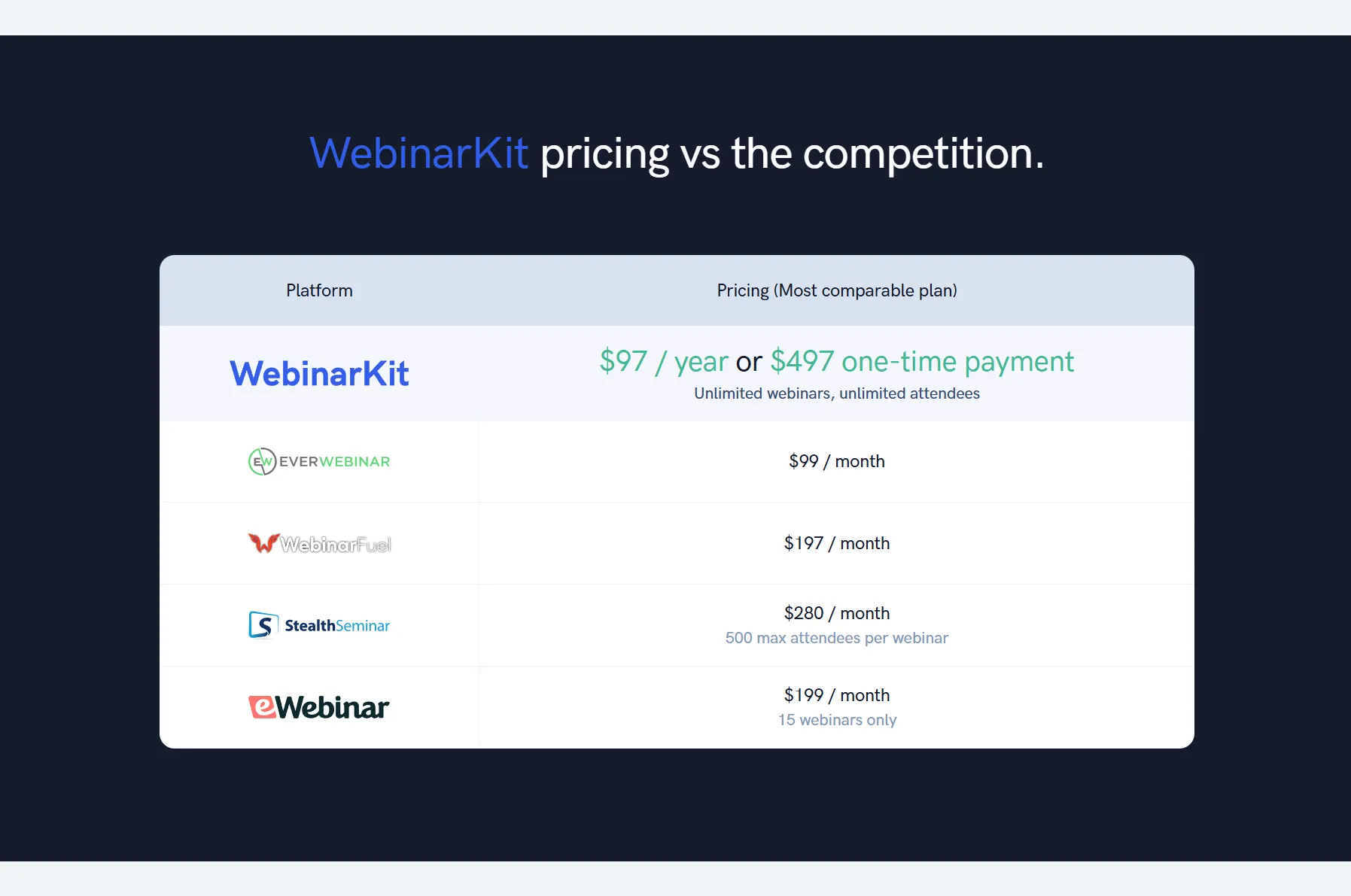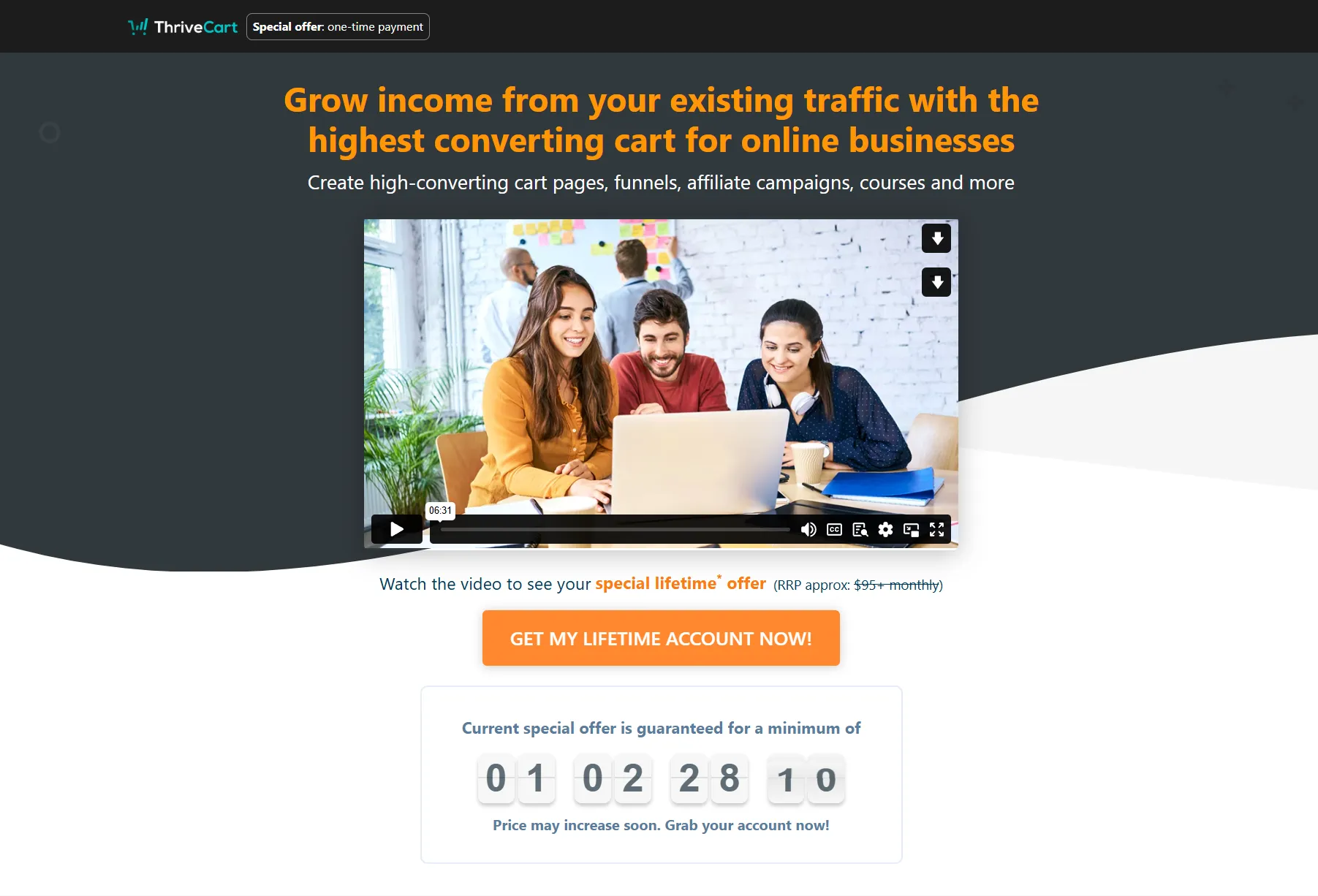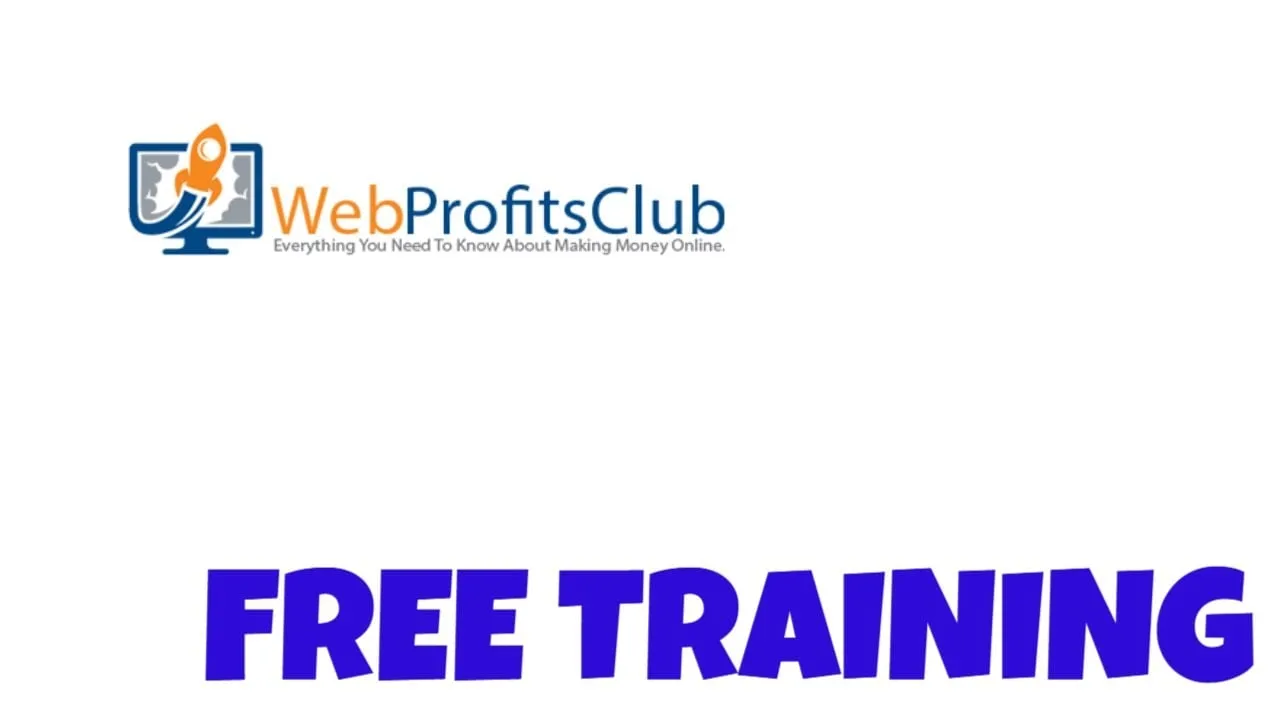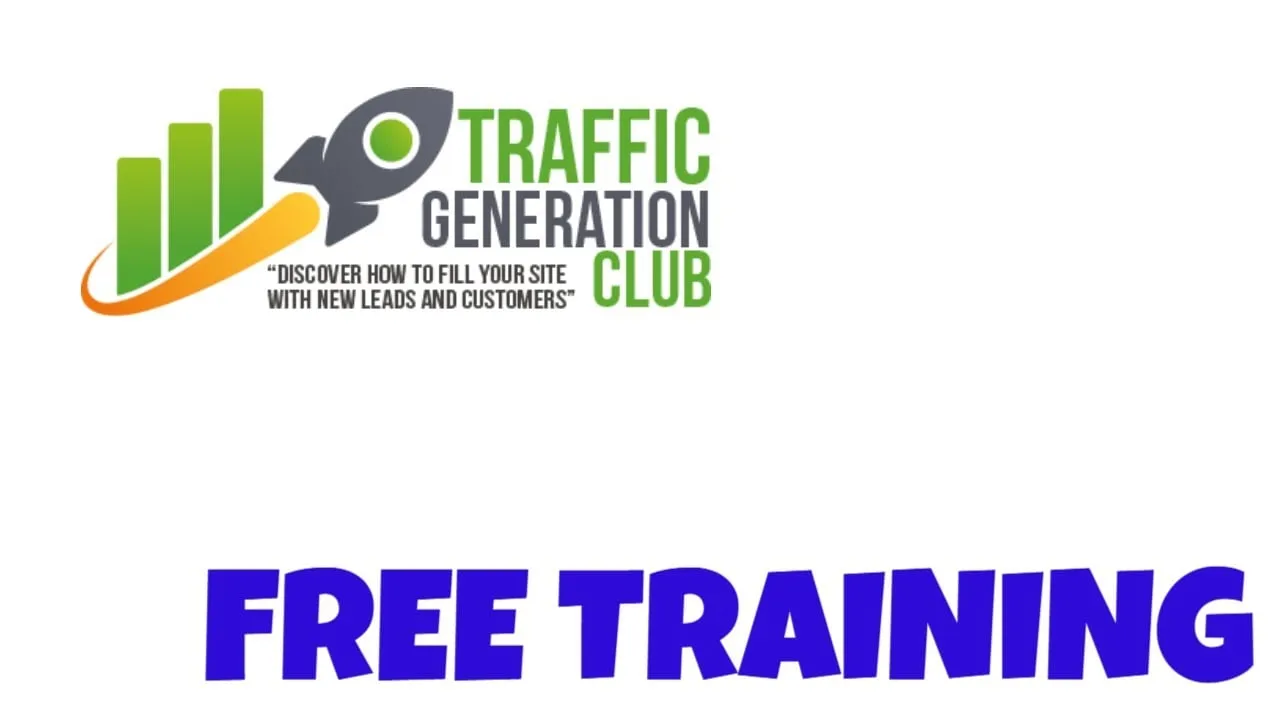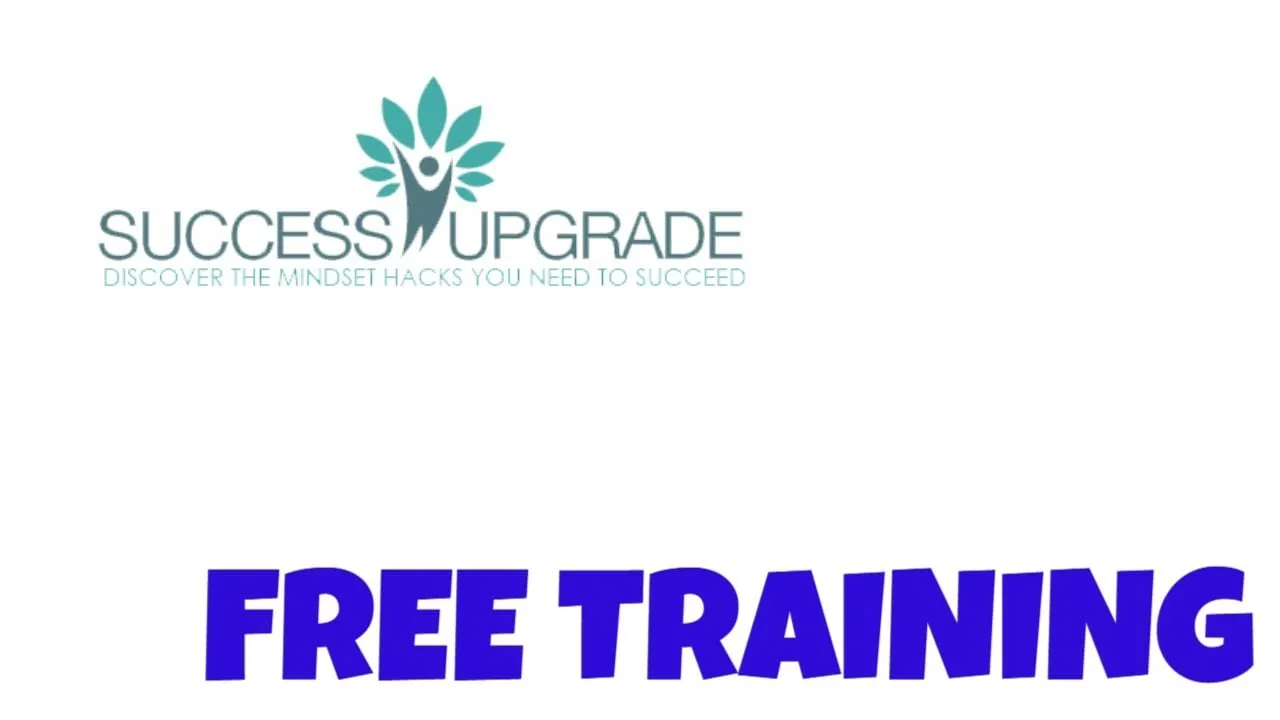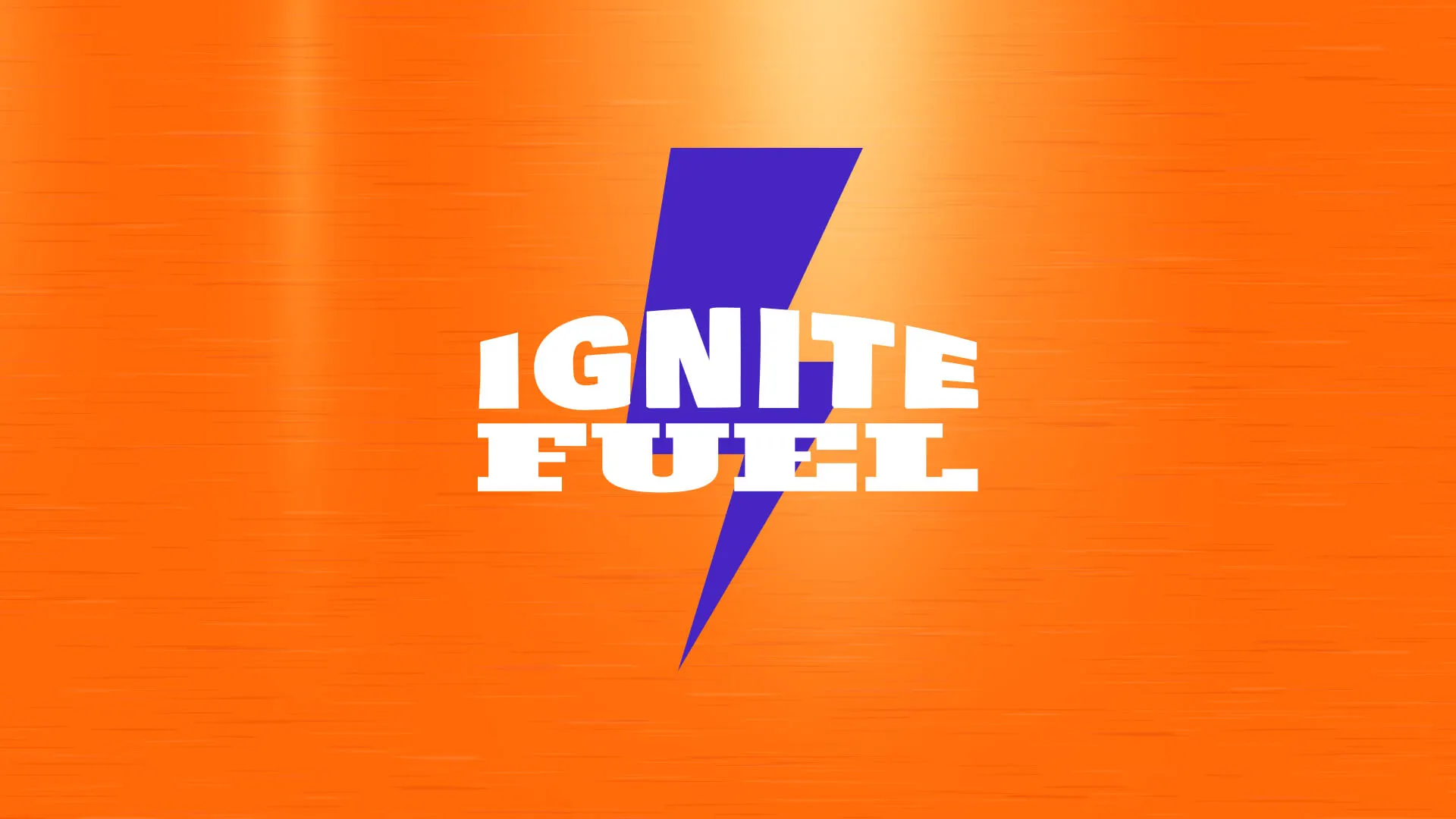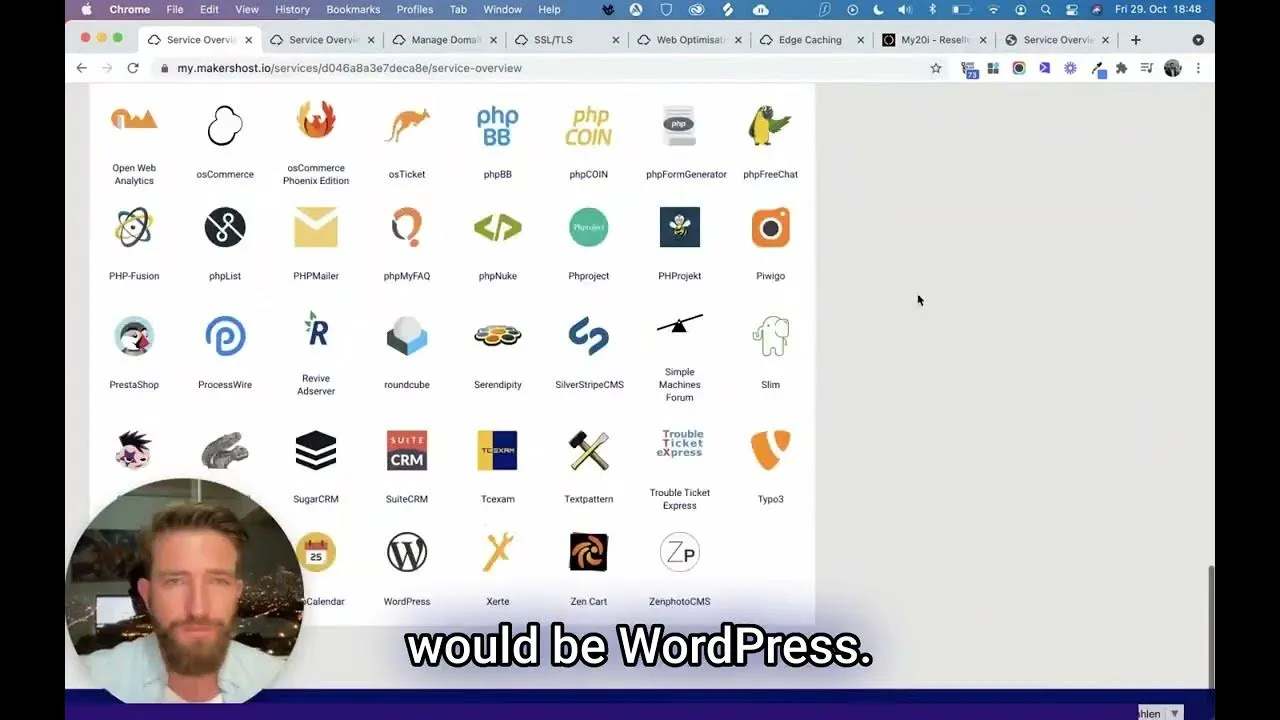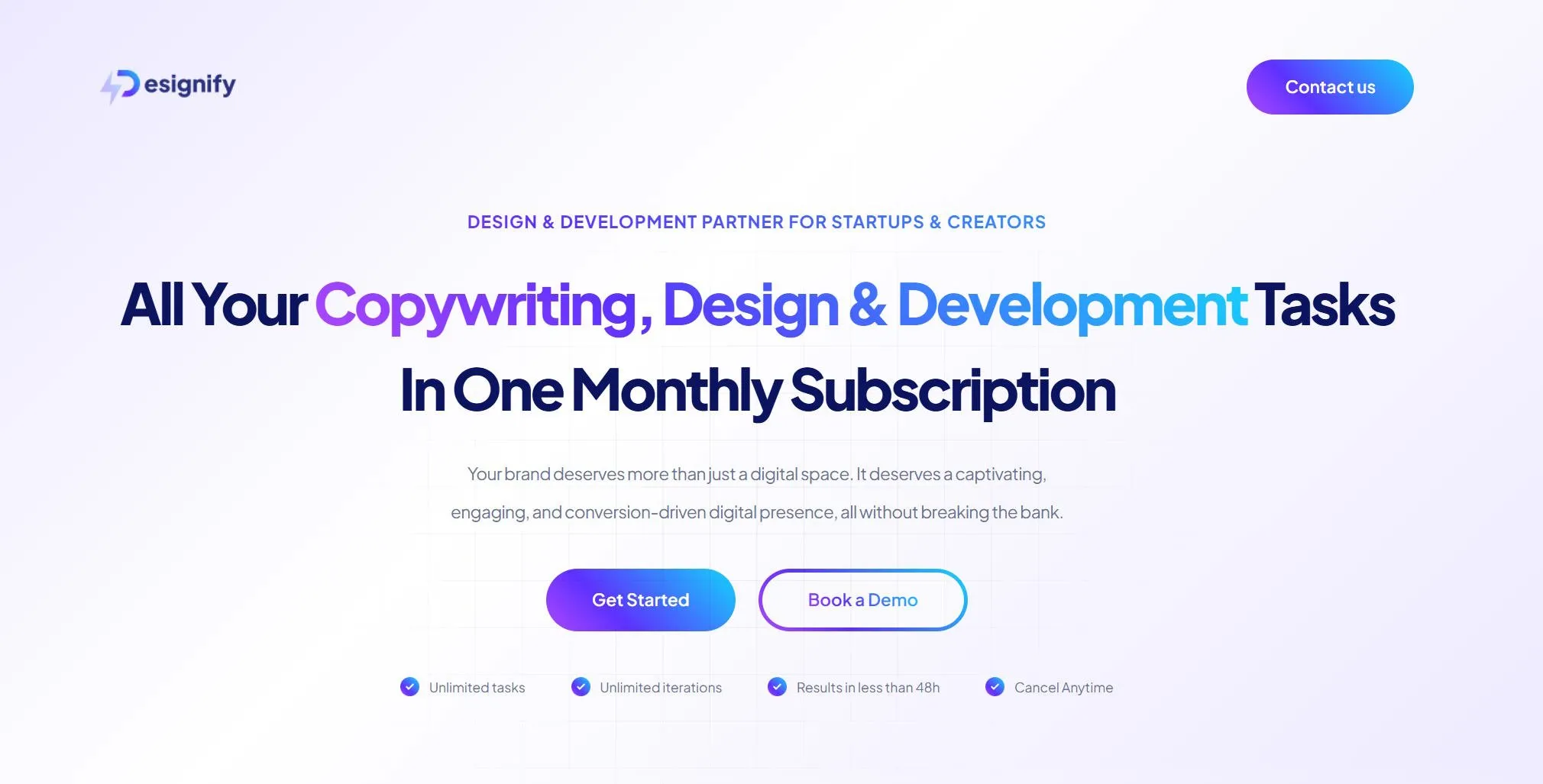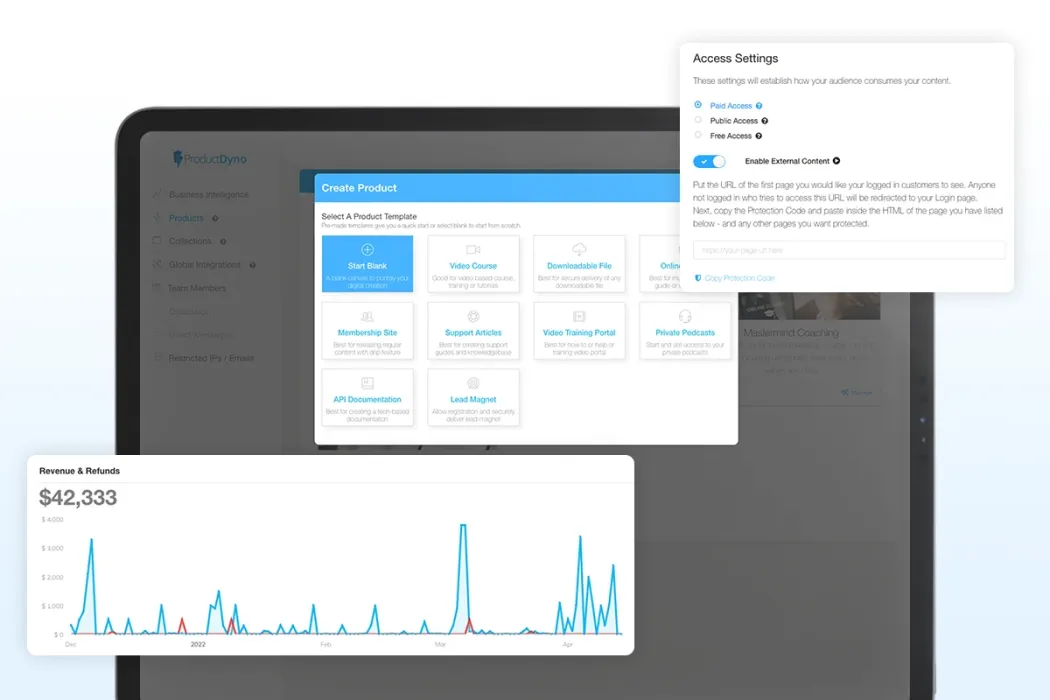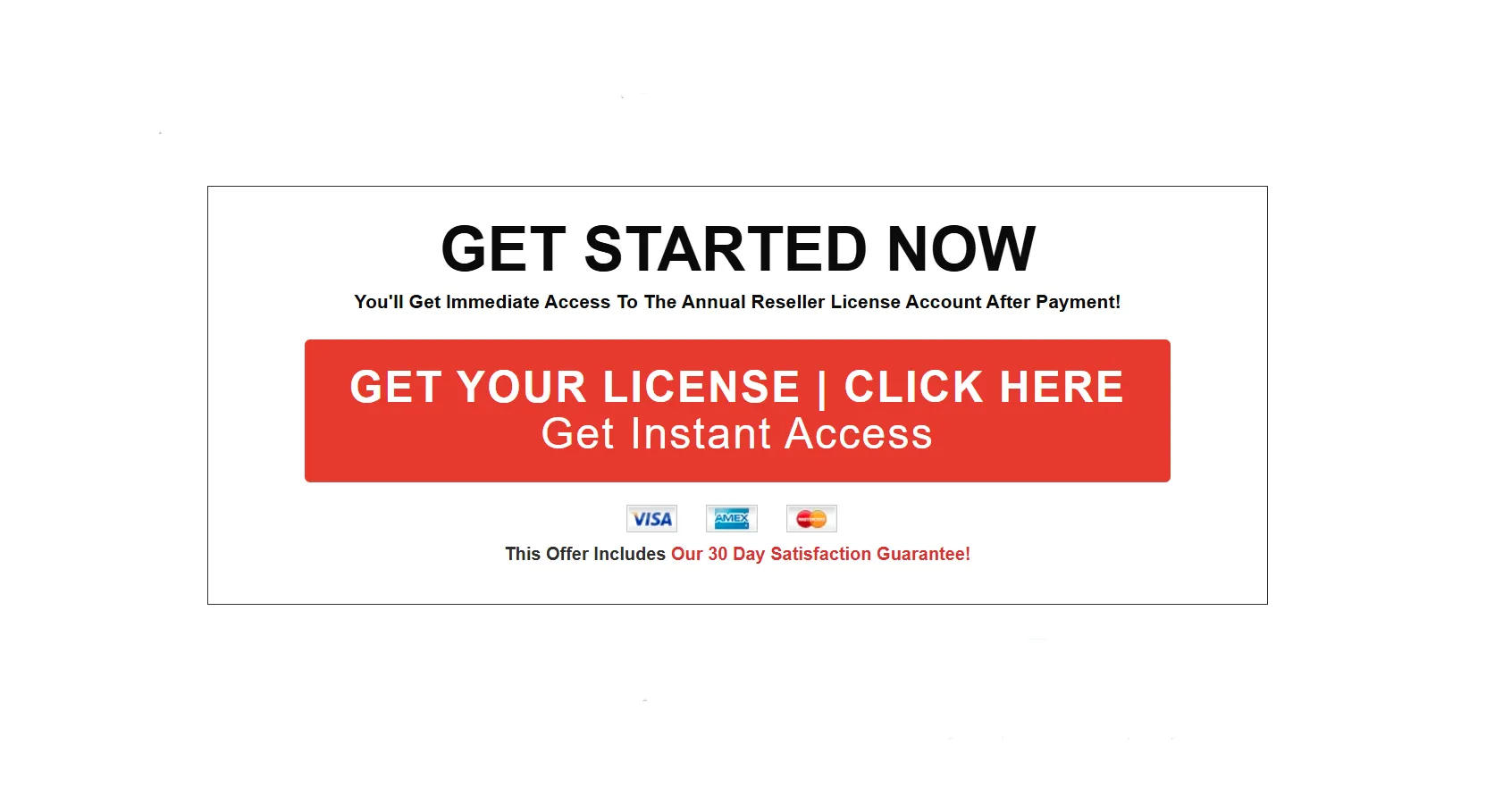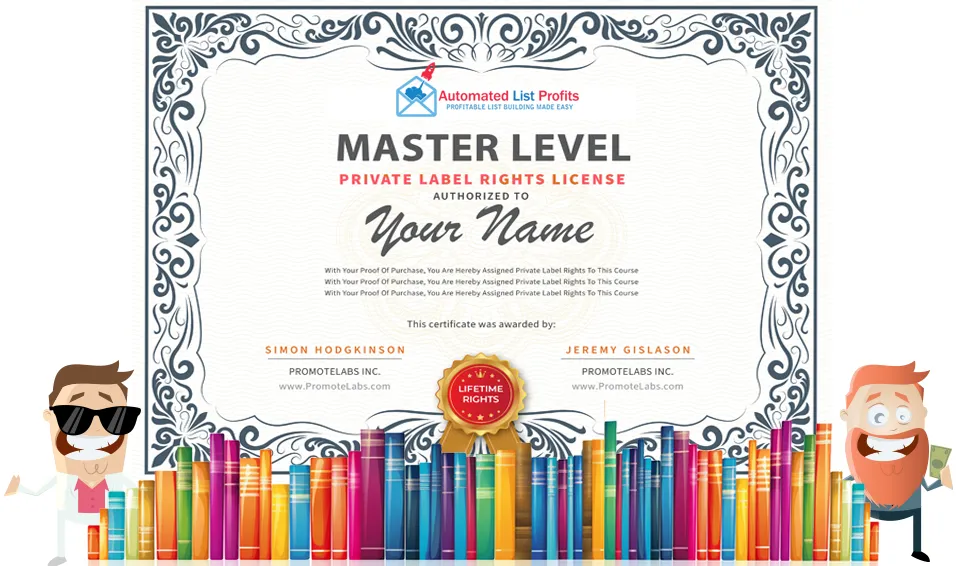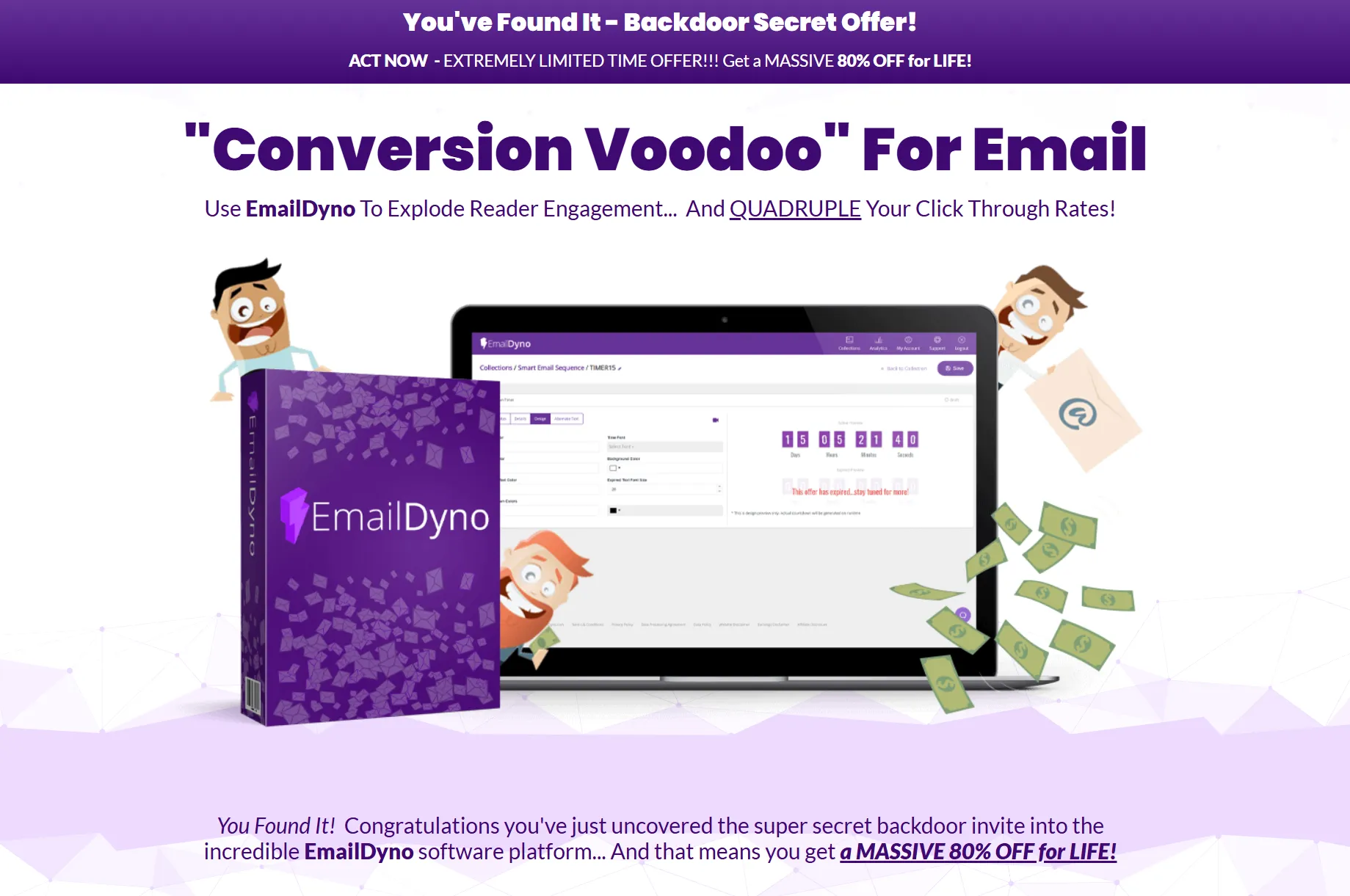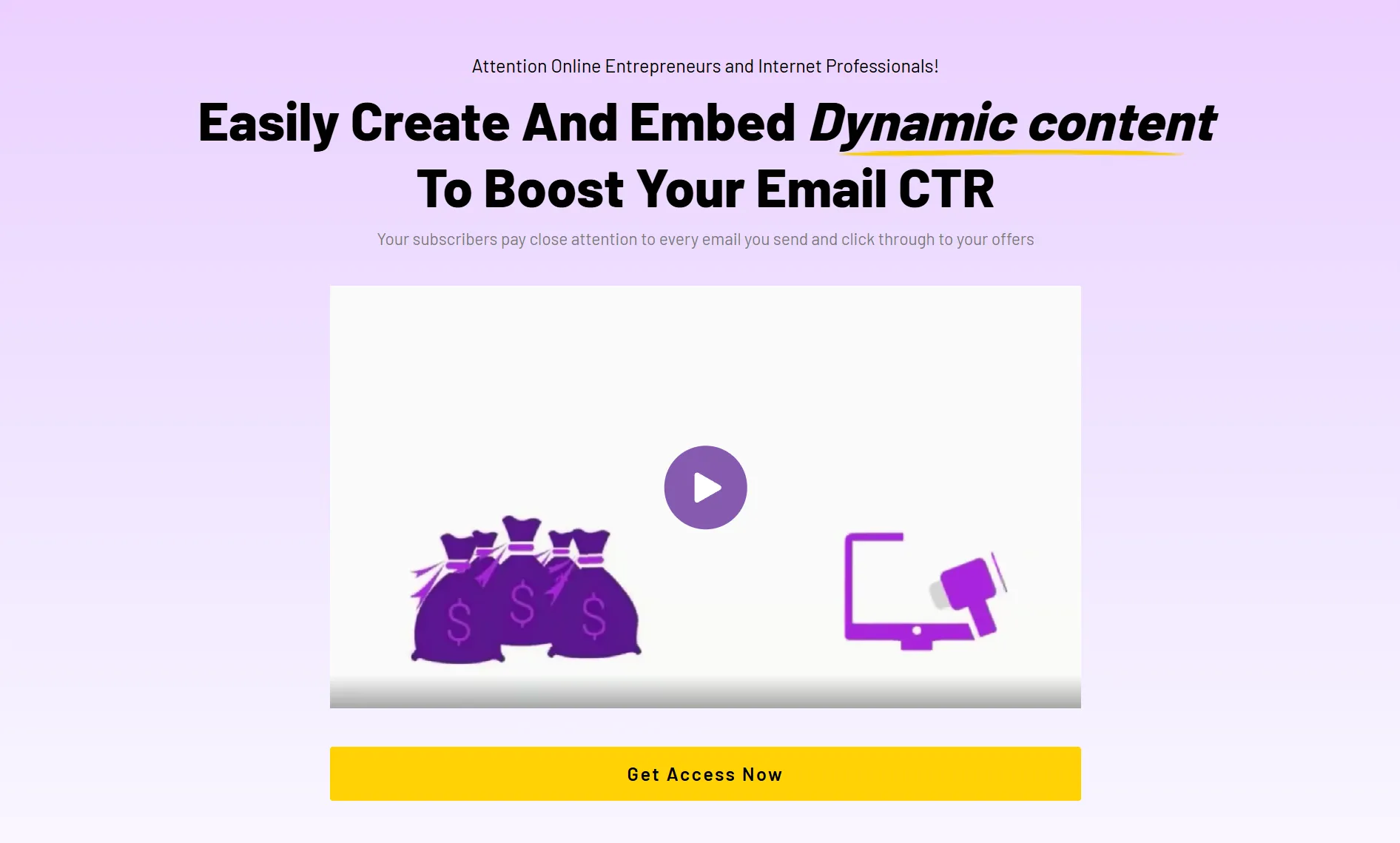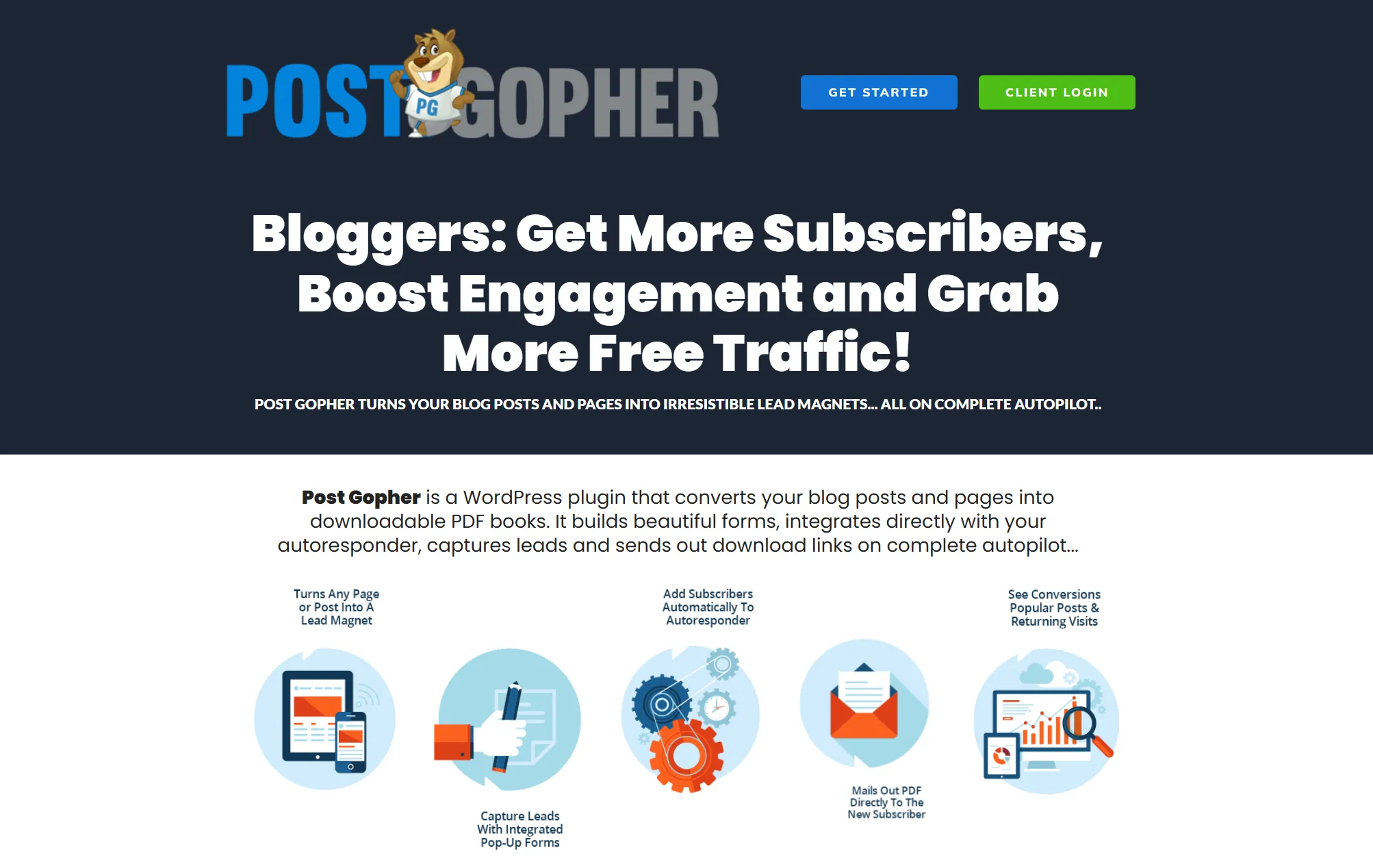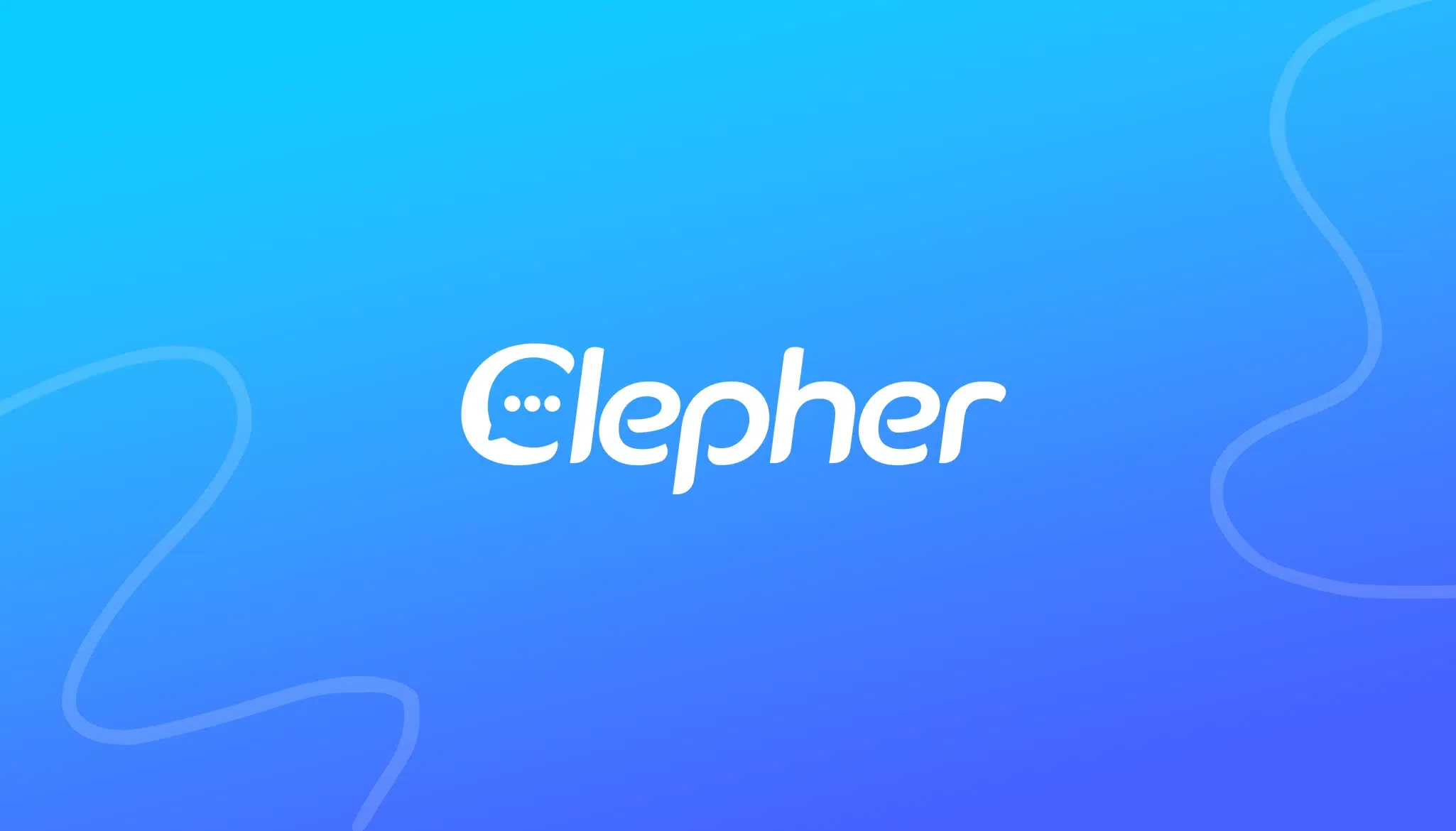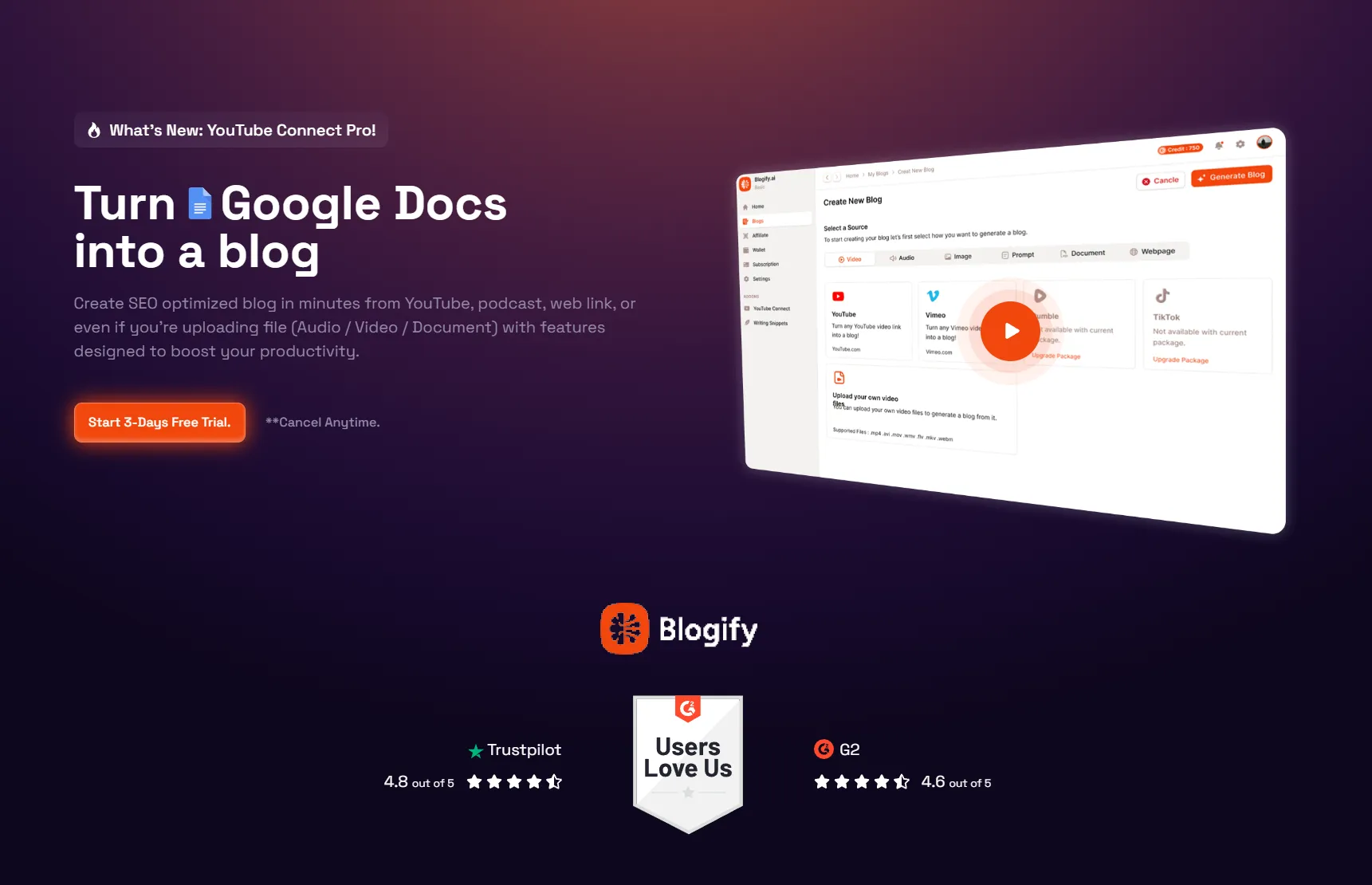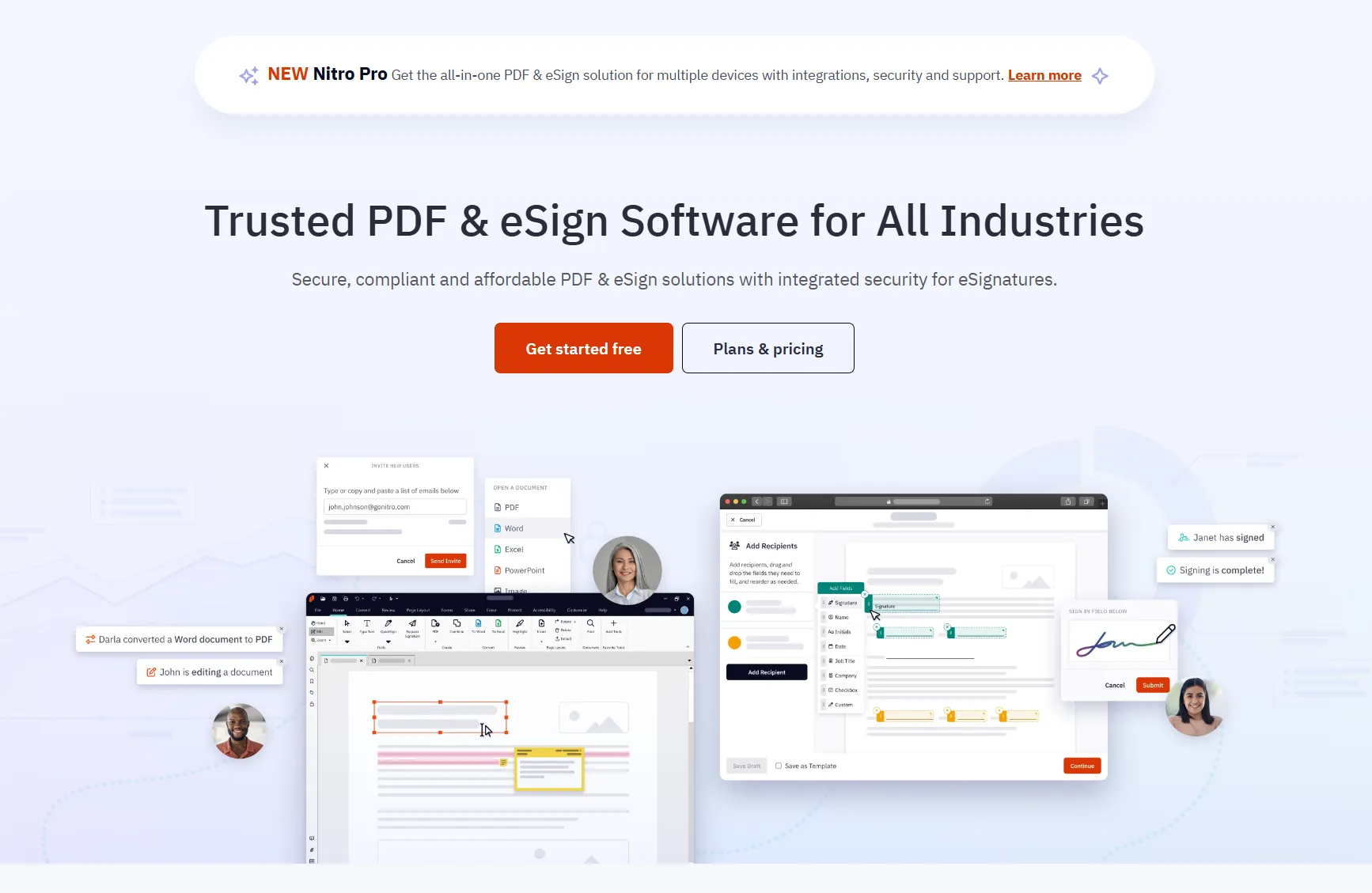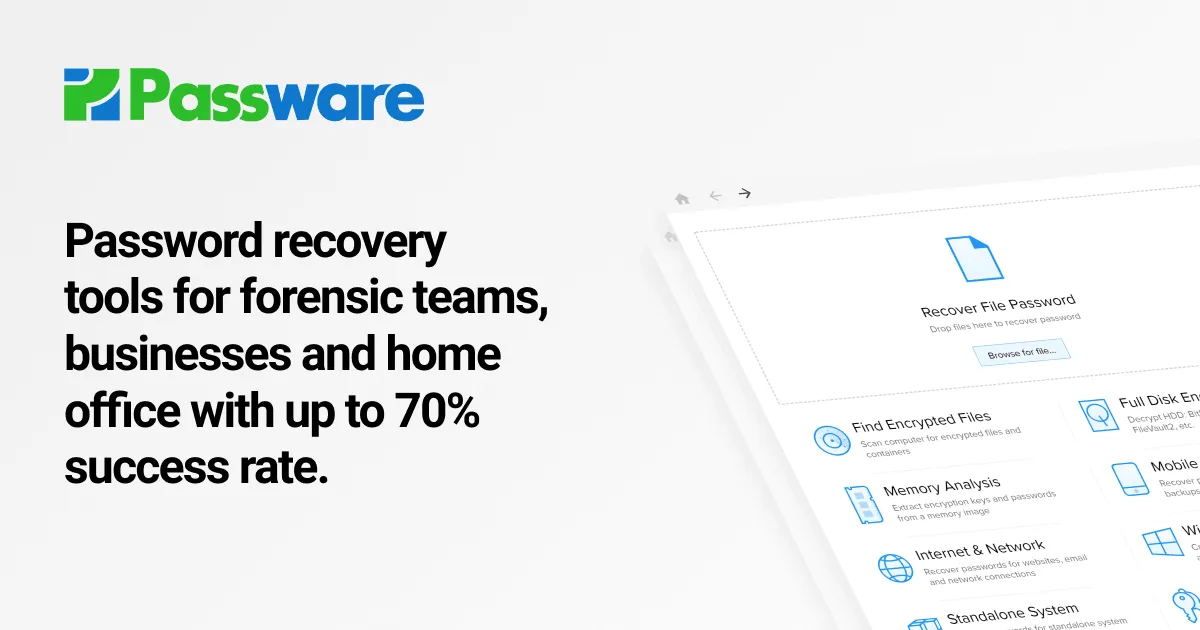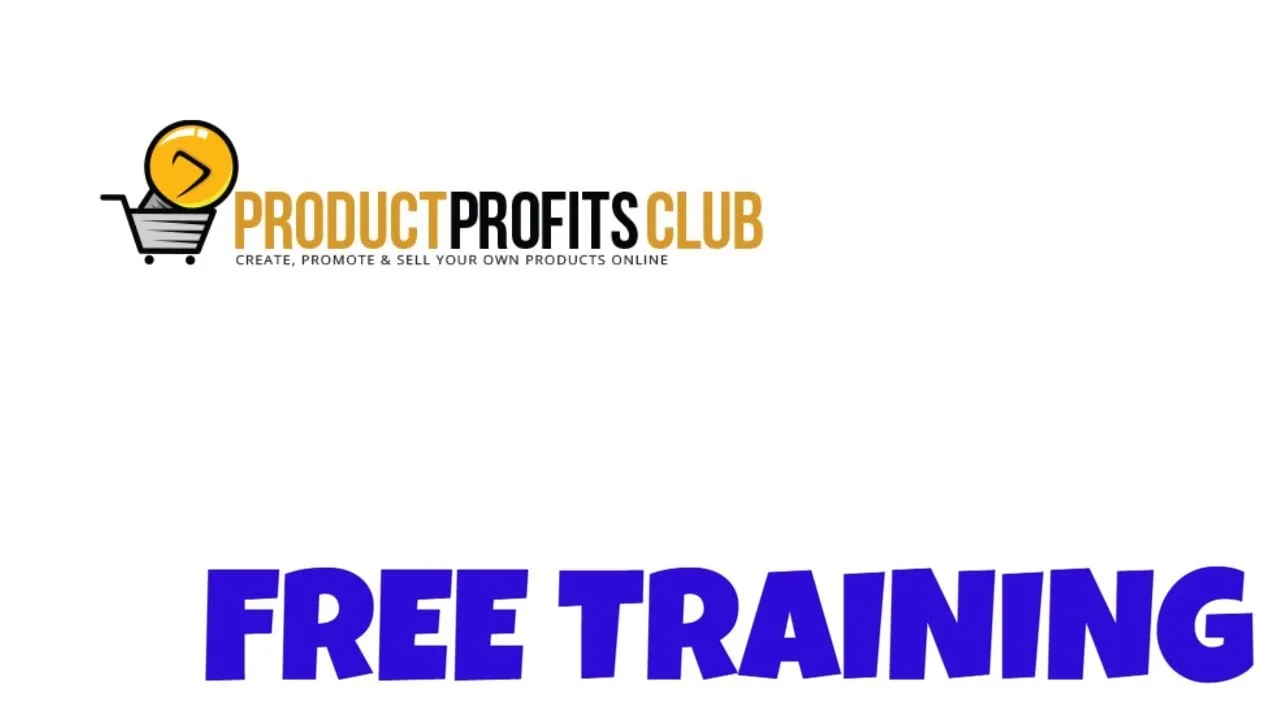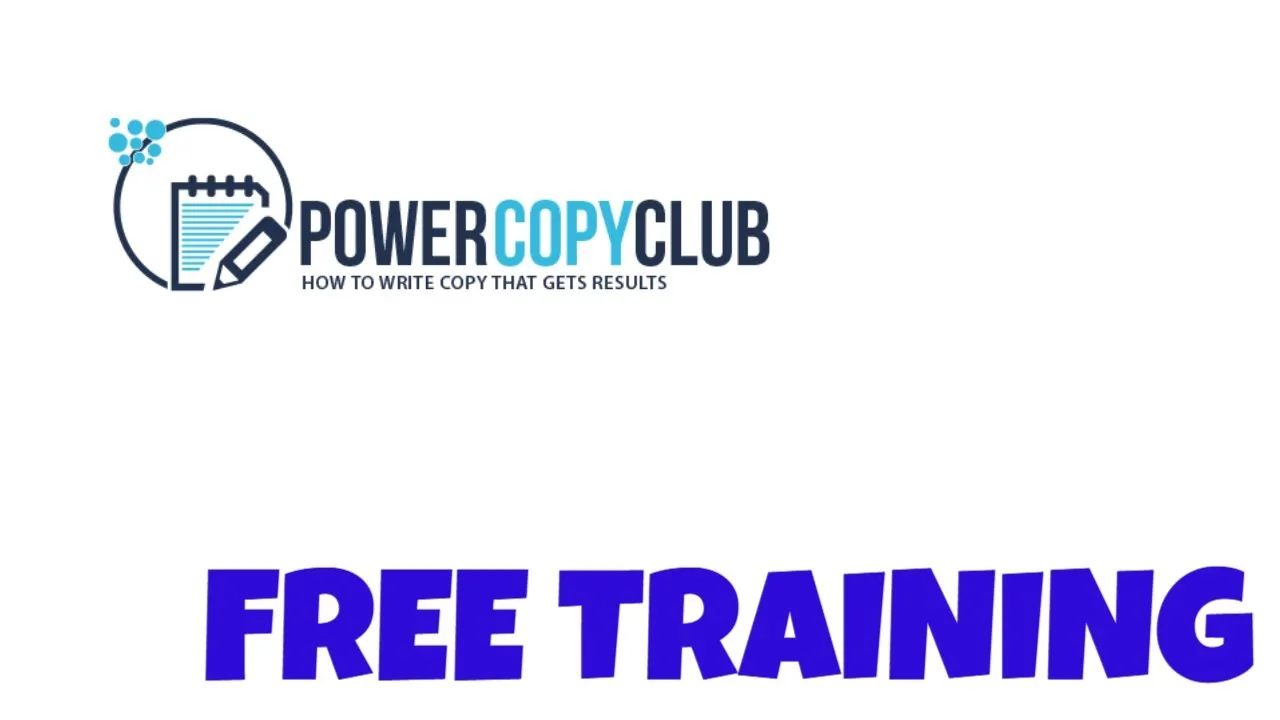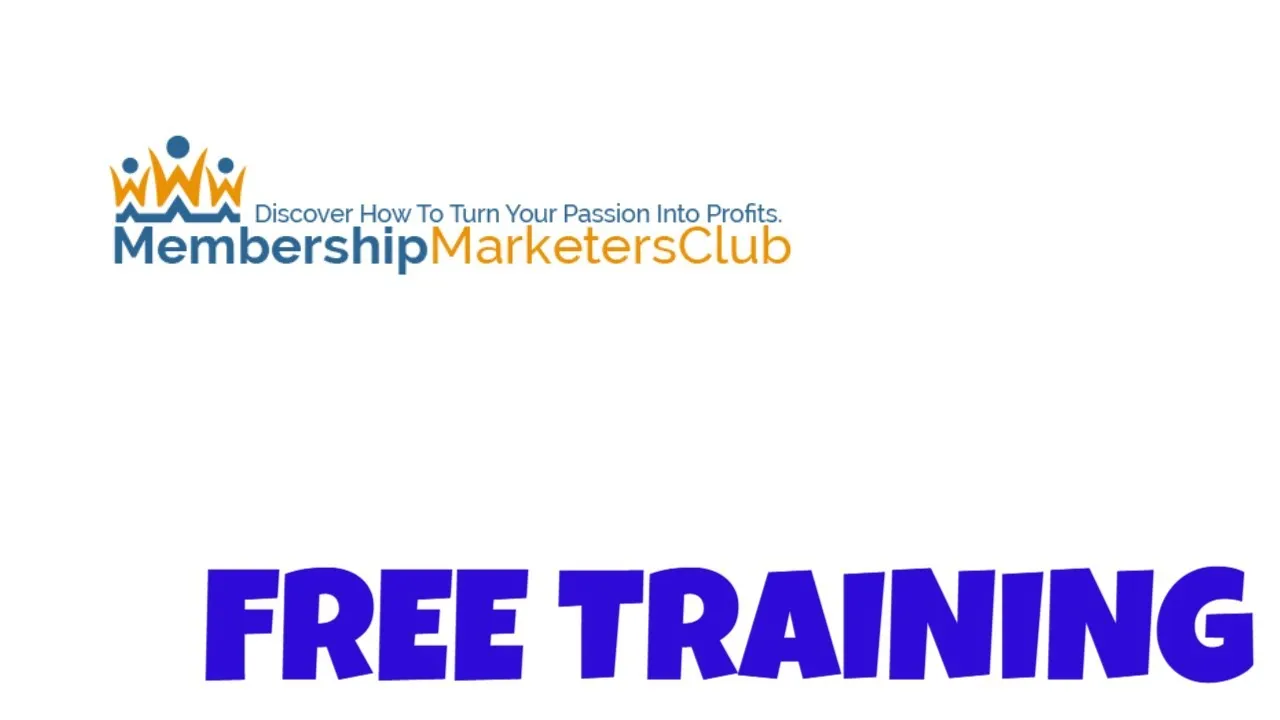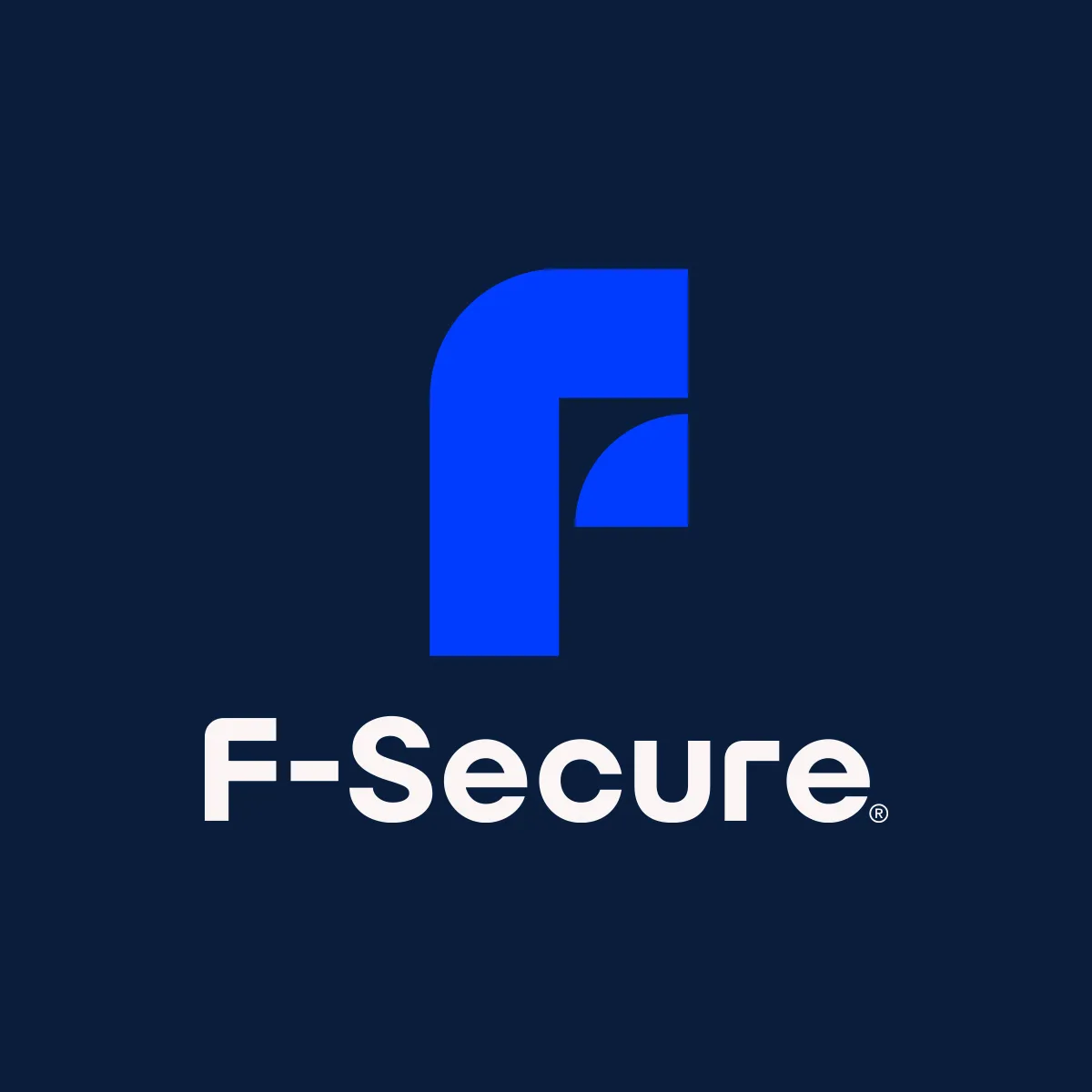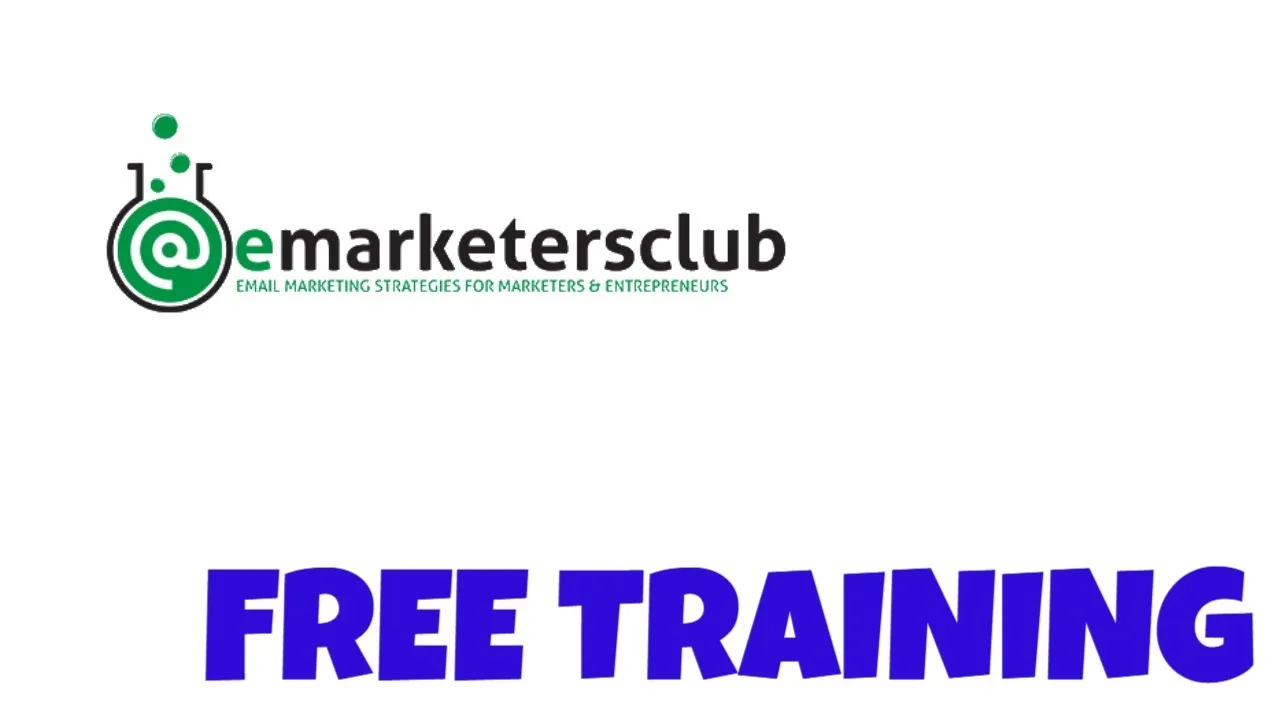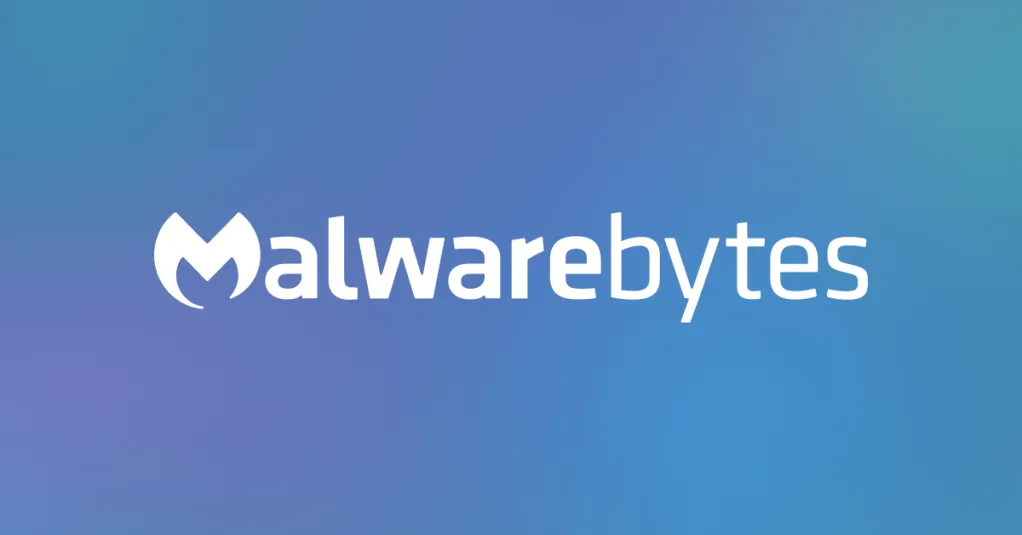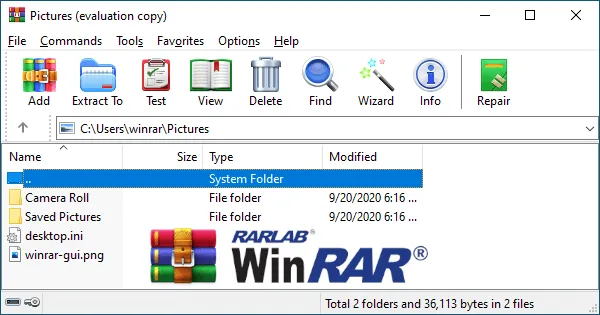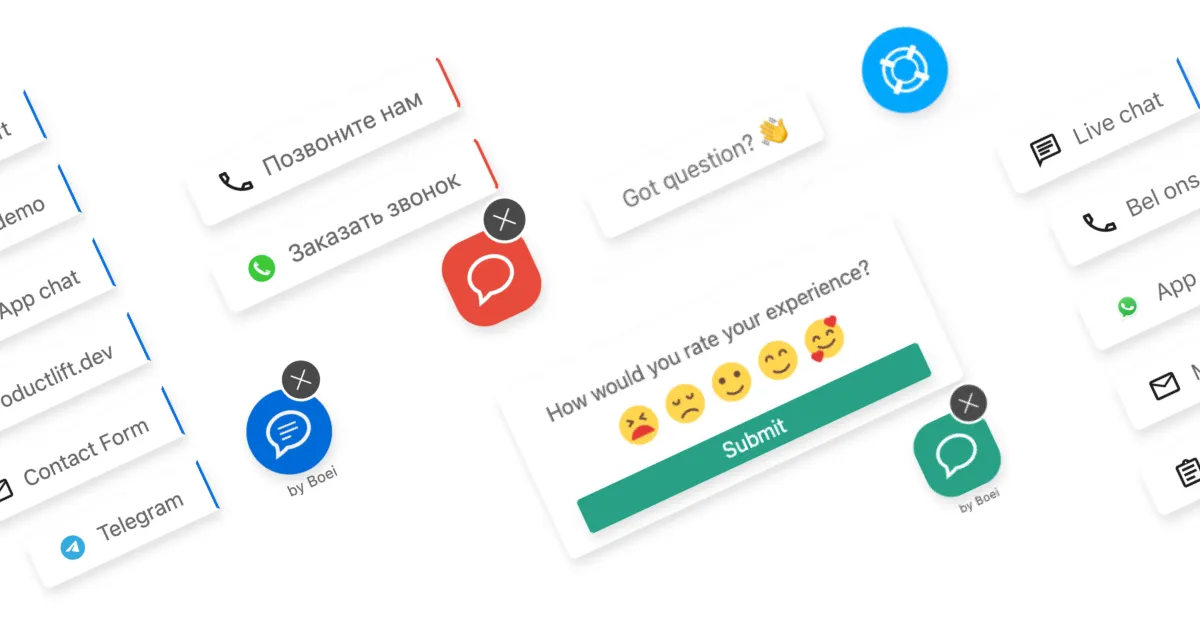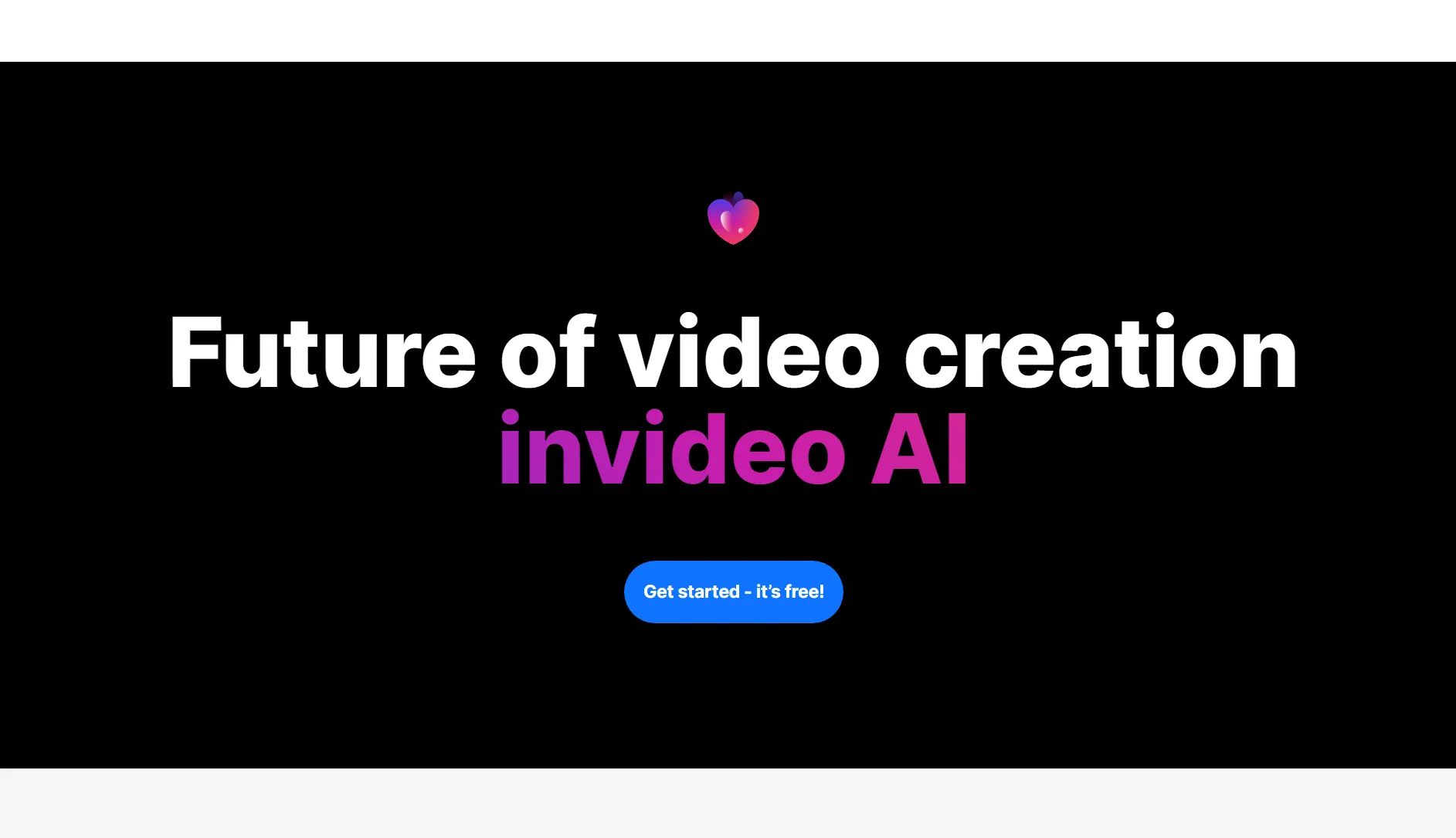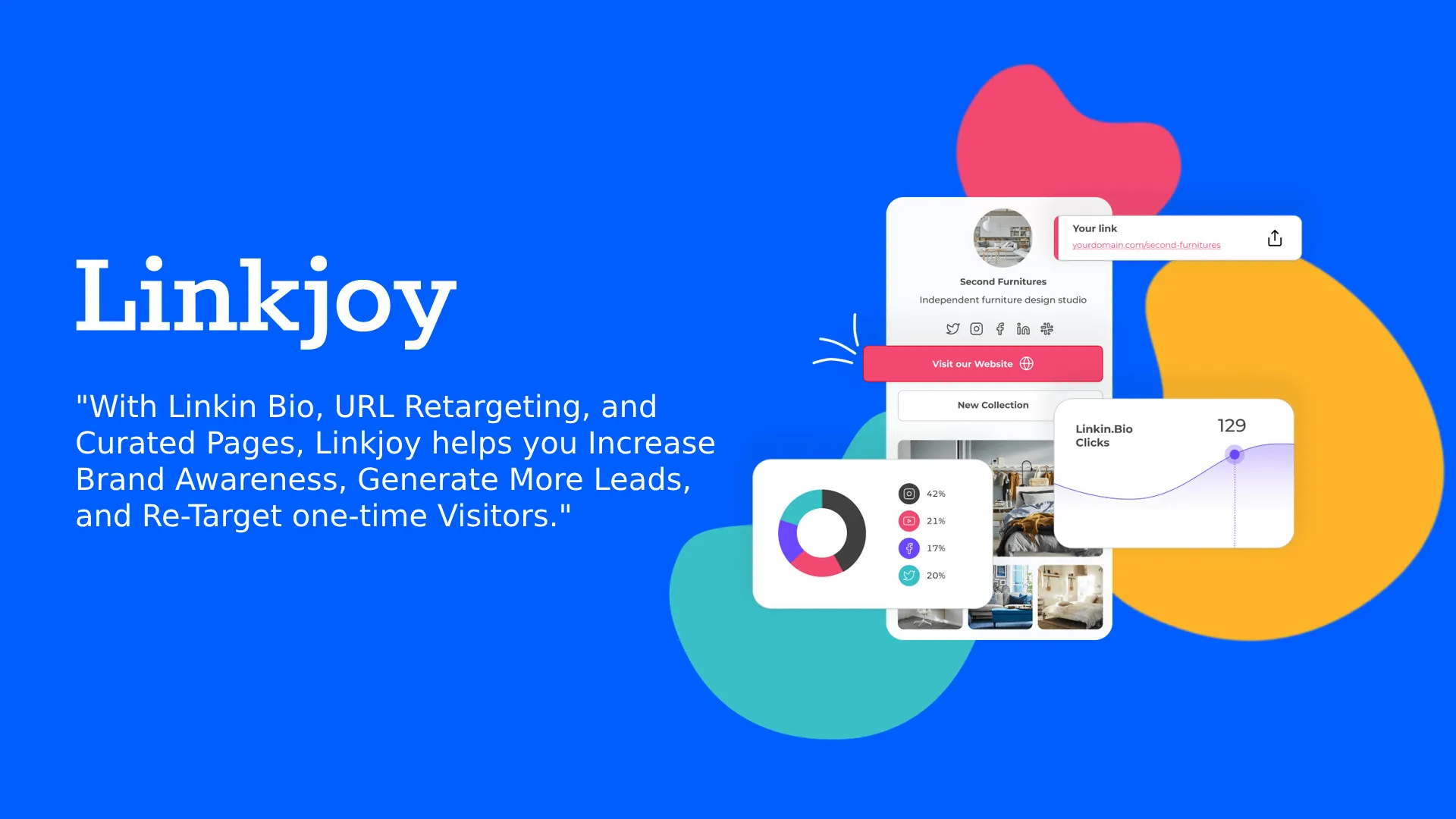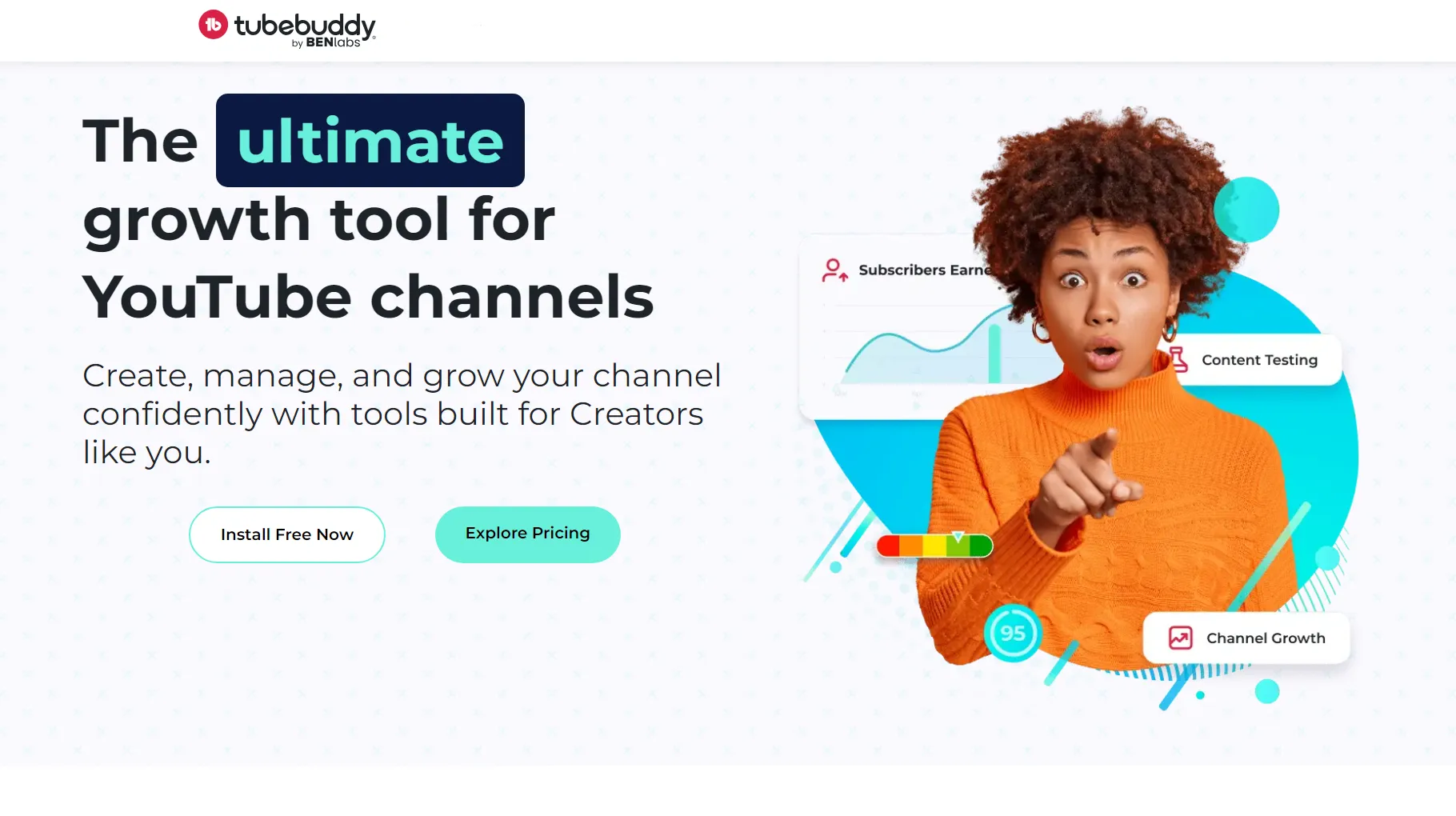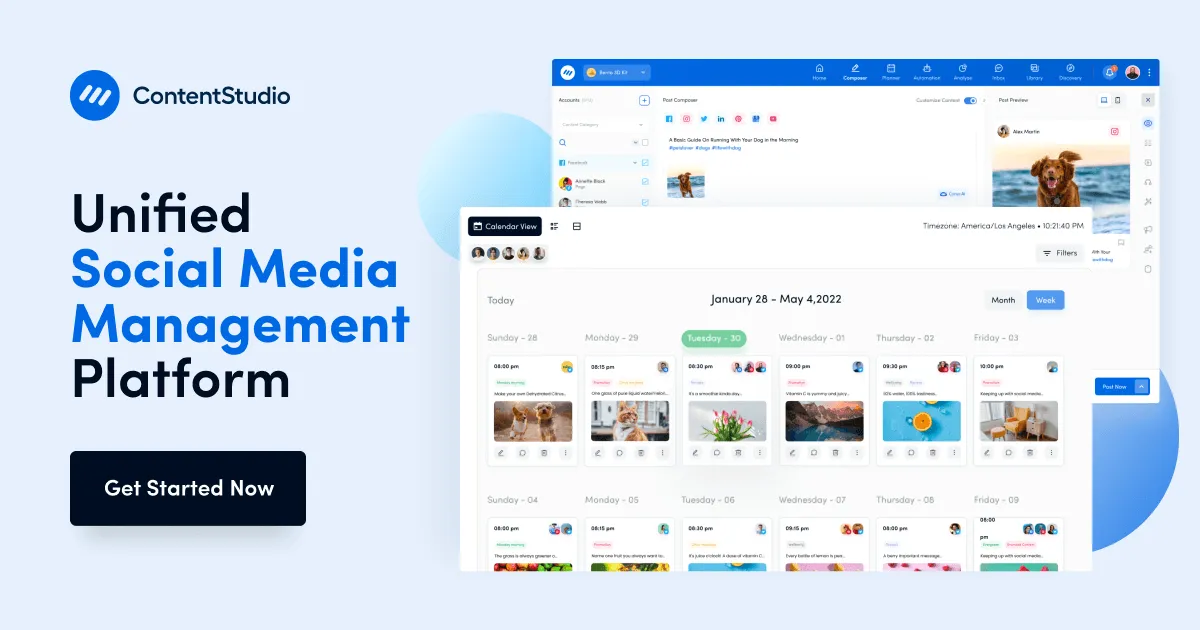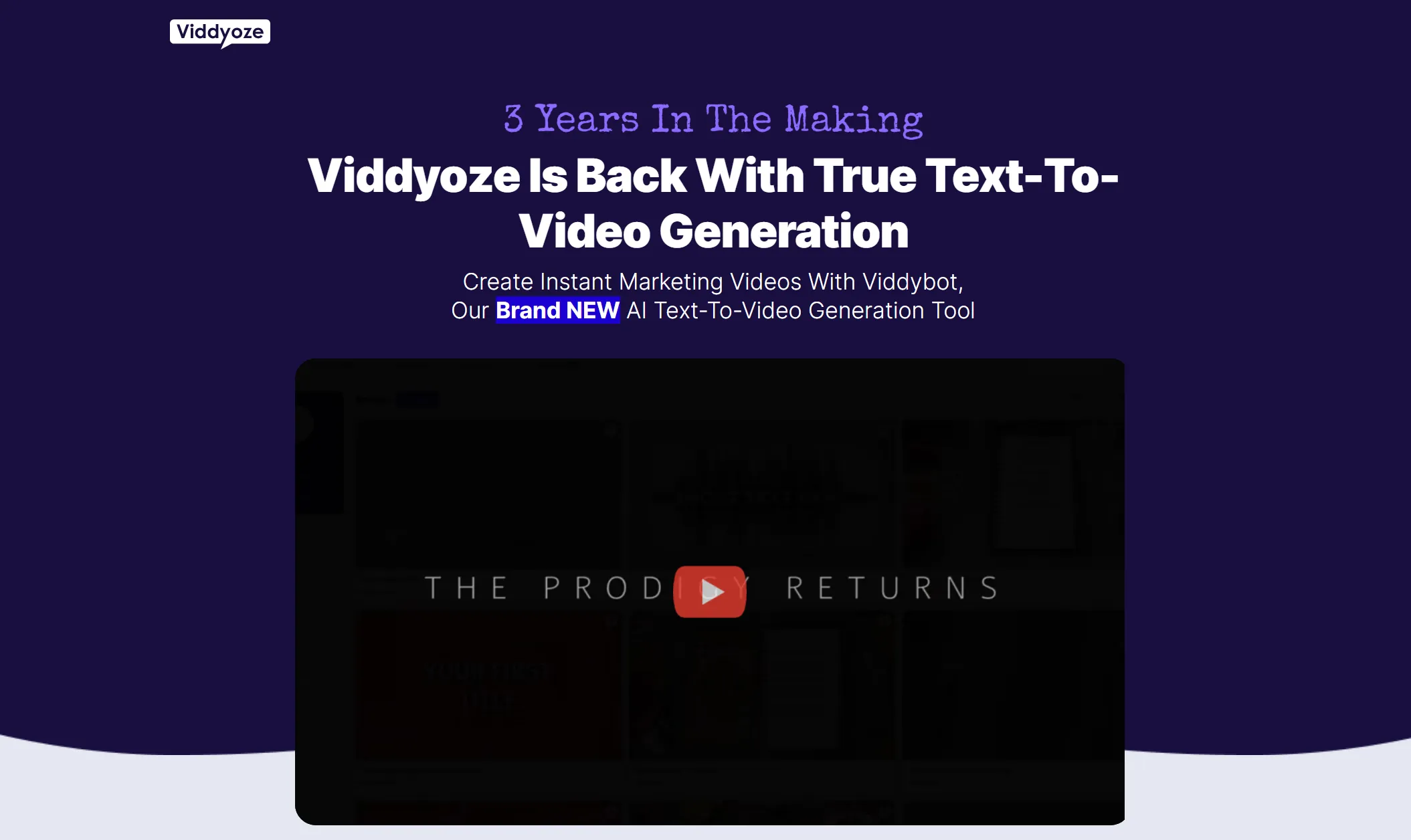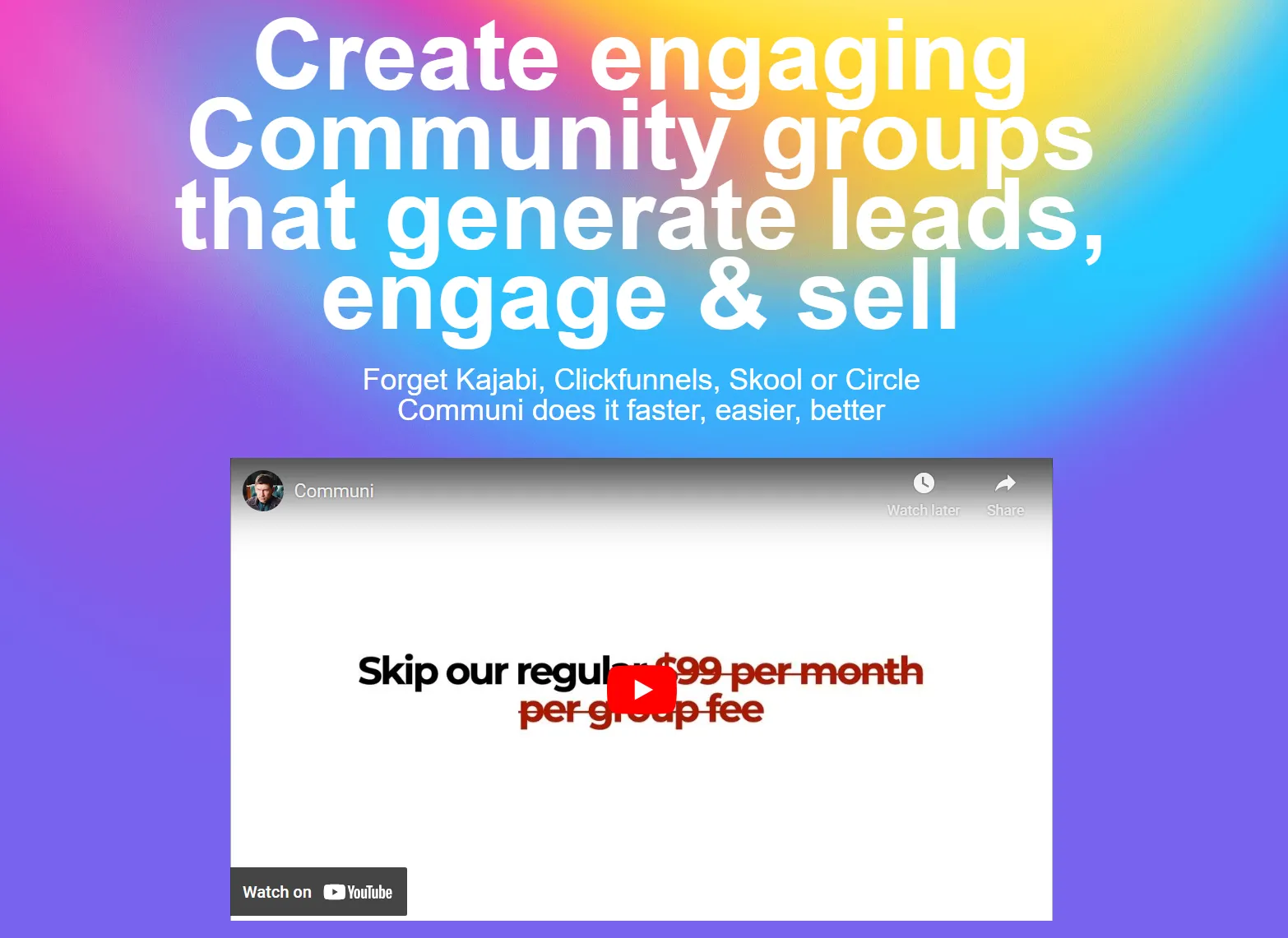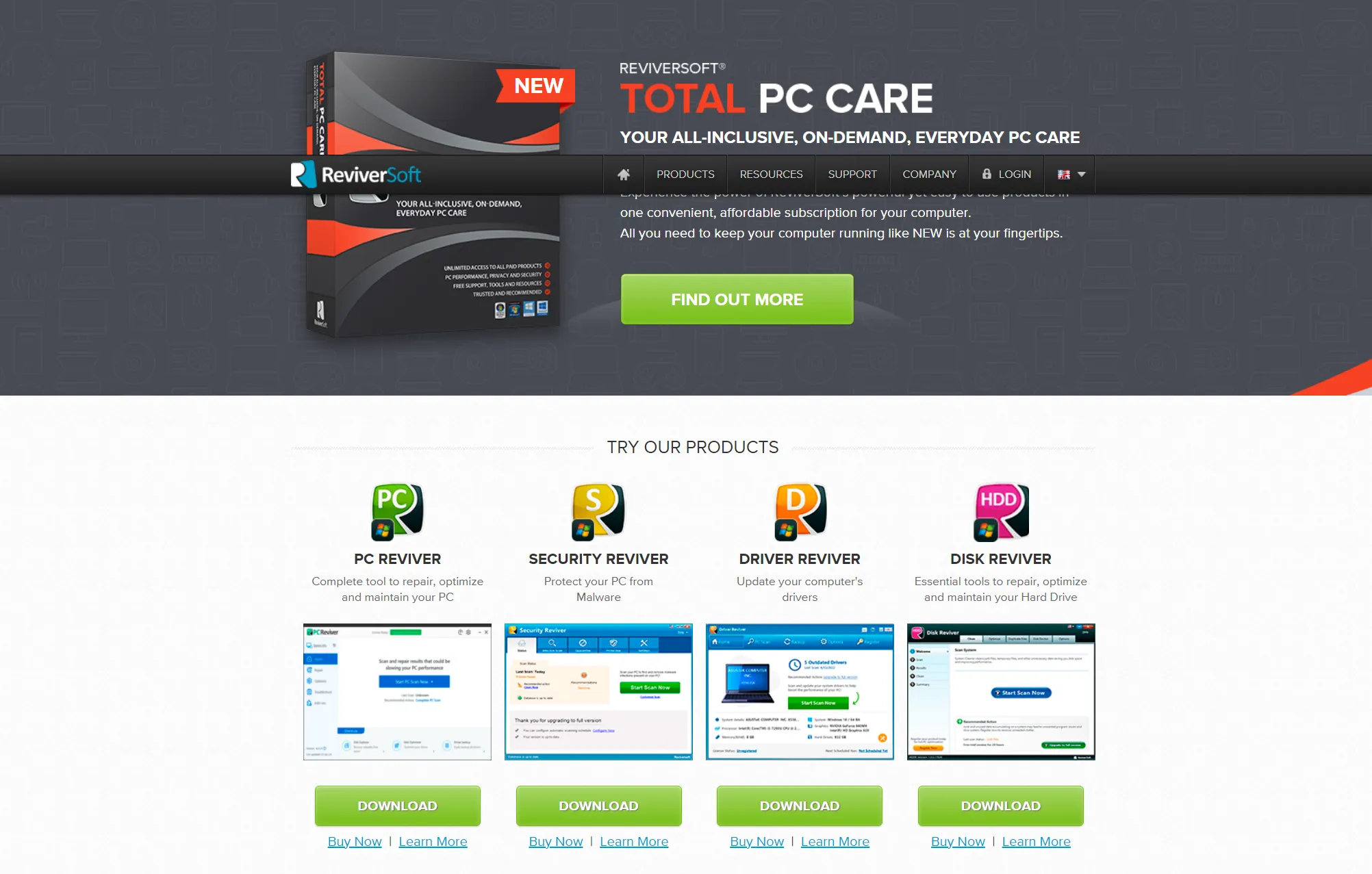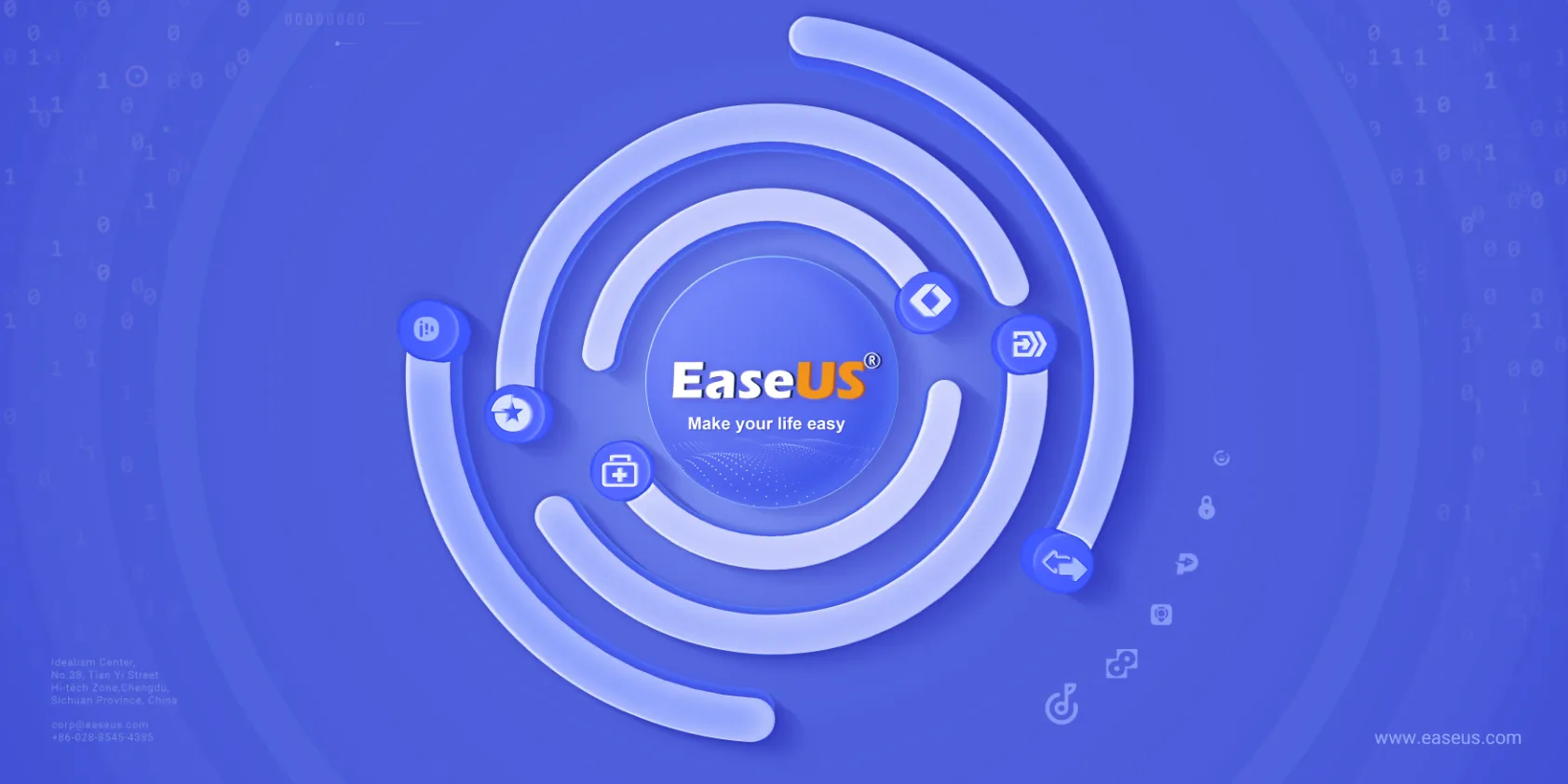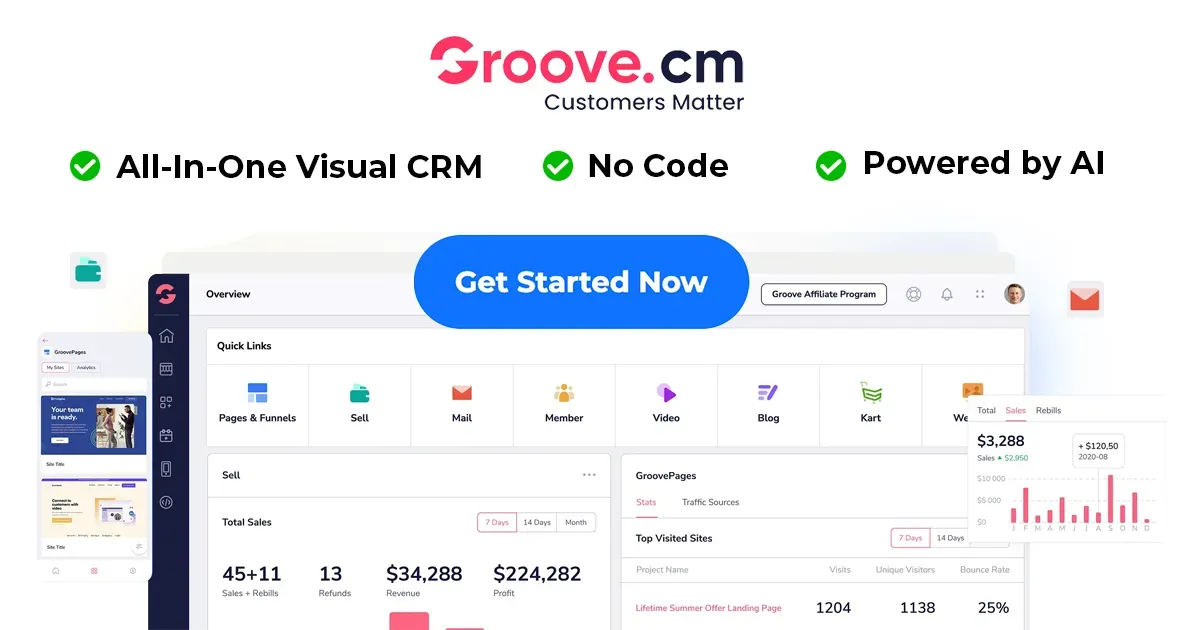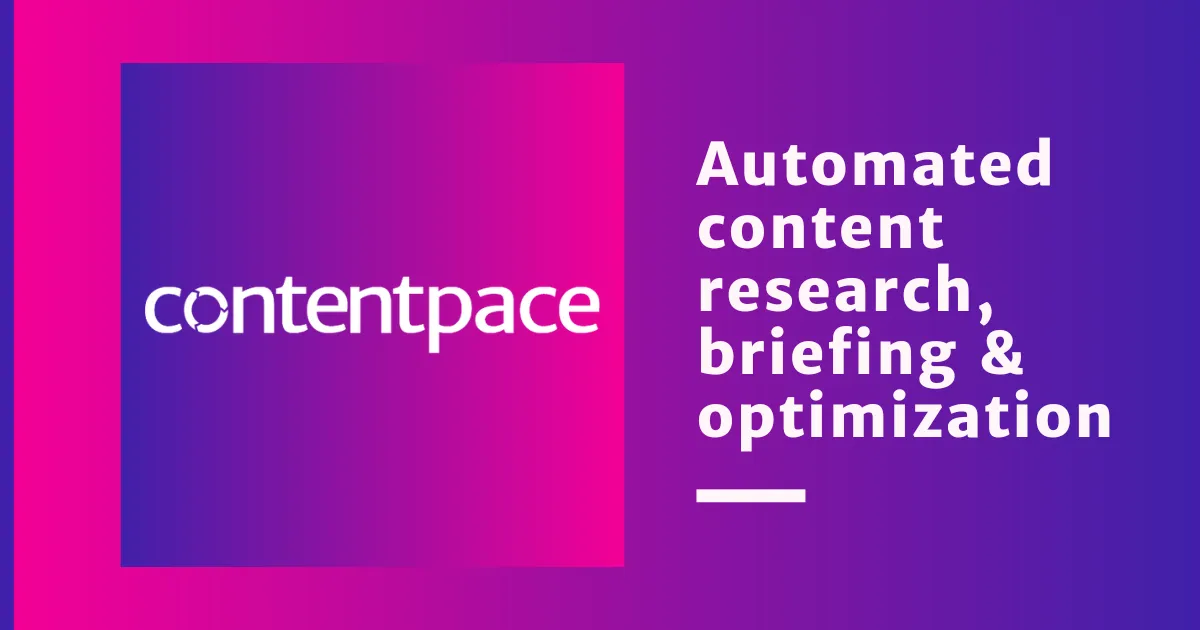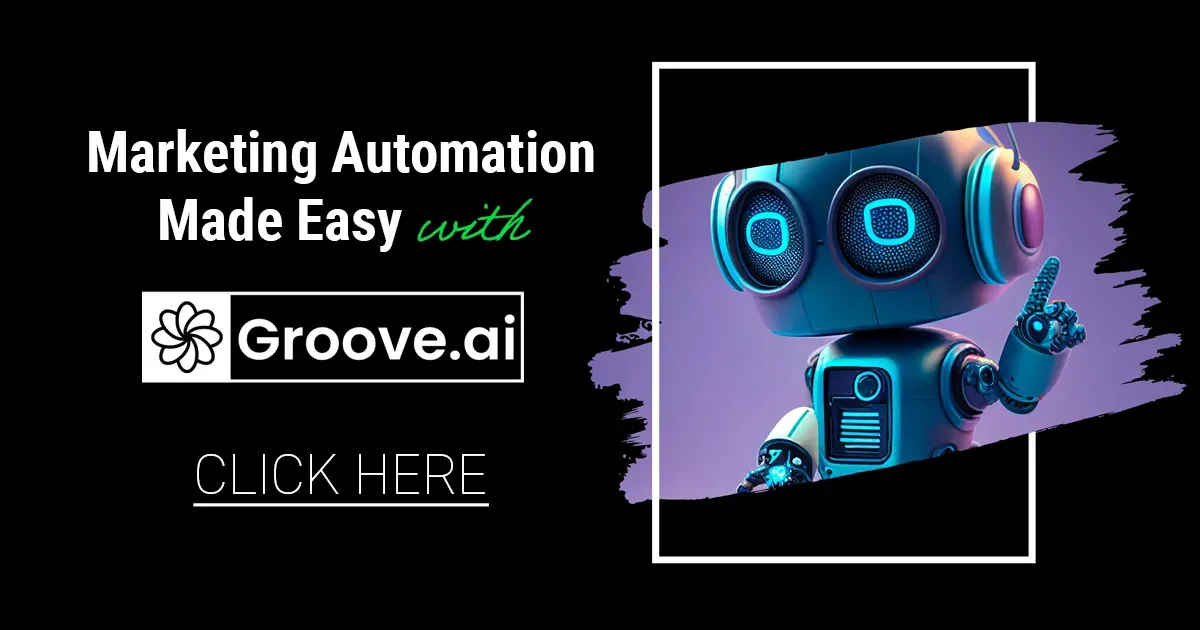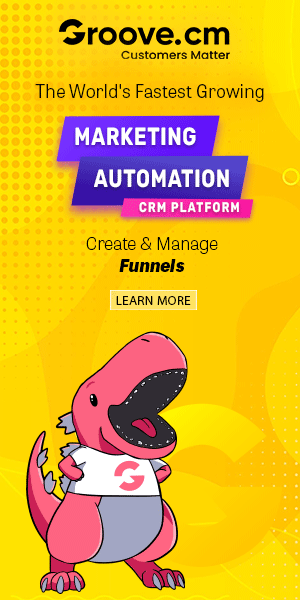Unlocking the Power of Website Indexing: A Comprehensive Guide
Average Reading Time: 4min.
Table of Contents
- Introduction: Understanding Website Indexing
- Chapter 1: Why Indexing Matters for SEO
- Chapter 2: Common Indexing Problems and Solutions
- Chapter 3: Introducing the Website Indexing Service
- Chapter 4: Case Studies: How Indexing Transformed Websites
- Chapter 5: Best Practices for Maintaining Website Indexing
- Conclusion: The Road to Effective Indexing Starts Here
https://go.thereviewshed.cc/a/monkeydigital-website-indexing-service/
Have you ever launched a new website or a page only to find that it seems lost in cyberspace? This experience is frustrating but not uncommon. That's the tale of Brenda, who started her blog on gourmet cooking, only to discover her colorful recipes were nowhere to be found in Google search results. Through research and trial and error, Brenda realized that the issue lay in indexing. Let's delve into how website indexing works, why it matters, and how specialized services can turn the tide for you!
Understanding Website Indexing
What is Website Indexing?
Website indexing is a critical process involving search engines. It’s like a giant library catalog, where the search engine organizes and stores web pages. This organization allows the content to be retrieved quickly when someone types a query. Essentially, indexing is the backbone of search visibility.
Why is Indexing Important for Visibility?
Visibility is everything in the digital realm. When a website is indexed, it stands a chance to appear in search engine results. Higher indexing rates typically lead to better visibility. Does your site show up on page one or hidden away on the fifth page? That difference matters. As John Doe, an SEO expert, stated,
“Indexing is the first step to your content being found online.”
If your content isn’t indexed, potential visitors may never discover it.
How Do Search Engines Index Websites?
Search engines like Google use something called algorithms to index websites. They send out bots or crawlers to visit and analyze your pages. These bots check links, text, images, and metadata. It’s all part of understanding what your site is about. Think of it as a teacher grading papers. Only those that pass the standards get a gold star and are indexed. But what happens if they encounter issues?
Common Indexing Issues for Webmasters:
- Pages Crawled but Not Indexed: Sometimes, search engines find your pages but choose not to index them.
- Discovered but Not Indexed: These pages are on the radar but are stuck in limbo.
- Noindex Tags: If a page has a noindex tag, it tells search engines not to index it.
- Blocked by Robots.txt: This file can prevent crawlers from accessing certain parts of your site.
Identifying these issues is vital for troubleshooting. Understanding the differences between terms like crawled, indexed, not indexed, and discovered not indexed can enhance a webmaster's strategy to overcome obstacles in website indexing.
Website indexing is a cornerstone of effective SEO. If your site isn’t indexed, you are essentially invisible. Correcting indexing issues can dramatically improve search rankings and user engagement.
Why Indexing Matters for SEO
Understanding the significance of indexing is vital for anyone looking to optimize their website for search engines. First, let’s unpack what indexing is. It’s the process by which search engines like Google organize the information from your website in their databases. But why does this matter? Here are a few key reasons:
1. Impact on Website Traffic
One of the most significant outcomes of effective indexing is the increase in website traffic. When search engines properly index your site, it enhances your chances of appearing in search results. This leads to more visitors, which can increase your potential customer base. Statistically, a 1% increase in indexing can lead to a 10% increase in traffic. Can you imagine the difference that could make for your business?
2. Link with Click-Through Rates (CTR)
Indexing also has a direct impact on your click-through rates (CTR). A well-indexed page shows up more frequently in search results, making it easier for users to find. Higher visibility increases the chances that they will click on your link. A high CTR signals to search engines that your content is relevant, further boosting your SEO.
3. SEO Rankings Strongly Influenced by Indexing
Your site’s SEO rankings are closely tied to its indexing status. Pages that are indexed effectively are often prioritized in search results. Conversely, if your pages are not indexed, they might as well not exist in the eyes of potential visitors. So, how can you ensure you’re not missing out on valuable traffic?
4. Direct Correlation Between Indexed Pages and Domain Authority
Your domain authority can be directly impacted by the number of pages indexed. More indexed pages generally lead to higher domain authority, which enhances your site’s credibility and trustworthiness. Just imagine, moving from anonymity to a respected source in your industry!
"Good indexing can be the bridge between obscurity and a thriving online presence." - Jane Smith, Digital Marketer
It's clear that effective indexing is crucial for SEO success. Websites that are well-indexed tend to experience not only increased organic traffic but also improved CTR and higher rankings. This is why readers should take action to optimize their indexing strategies. Small adjustments can lead to big results.
Common Indexing Problems and Solutions
Indexing issues can trip up webmasters and lead to visibility problems. So, what exactly are these issues? Let's dig into the details and explore how to resolve them effectively.
1. What are 'Crawled – Not Indexed' pages?
'Crawled – Not Indexed' pages refer to those web pages that Google has discovered and crawled but has not added to its index. Why does this happen? It could be due to content quality, duplicate content, or even a lack of backlinks to the page. In essence, if Google finds your page but judges it unworthy of being indexed, it won't show up in search results.
2. Understanding 'Discovered – Not Indexed' Issues
On the other hand, 'Discovered – Not Indexed' pages are ones that Google has identified but has yet to crawl and evaluate. Think of it as moving into a new neighborhood but never stepping inside any of the homes. This can be a result of website structure issues or low crawl budgets. A site that has a high number of discovered pages may frustrate website owners wanting to rank better.
3. Solutions for Insufficient Indexing
What can be done to fix these problems? Here are some practical solutions:
- Improve Content Quality: Ensure content is unique and valuable.
- Add Backlinks: Gain quality backlinks to increase page authority.
- Optimize Internal Linking: Make it easier for search engines to access pages by linking them within your site.
4. Importance of a Clean robots.txt File
A clean robots.txt file is crucial for indexing. This file tells search engines what they can or cannot crawl. If misconfigured, it can block access to essential pages. Imagine putting up a "Do Not Enter" sign on your front door. If search bots cannot access your pages, they can't index them!
Don't underestimate the value of monitoring Google Search Console. Keeping an eye on this tool can quickly identify indexing issues, helping webmasters swiftly resolve problems. As
“The cornerstone of a successful SEO strategy is identifying and resolving indexing issues promptly.” - Mark Lee, SEO Consultant
.
Addressing these common indexing problems can enhance site visibility and performance. Invest in thorough indexing practices for a better digital presence.
Introducing the Website Indexing Service
Are you frustrated because Google isn’t indexing your website pages? Look no further. The Website Indexing Service is here to help. This service addresses indexing problems and guarantees improved results on Google Search Console.
Unique Offerings of the Service
This service offers a tailored approach suitable for various site sizes and needs. Each plan is designed to deliver the best outcome for particular requirements.
- CTR Optimization: Increase your click-through rates (CTR) for higher engagement.
- Detailed Reporting: Transparency is critical! Users receive comprehensive reports on progress.
- Rapid Results: Expect visible improvements within 24 hours to 10 days.
- Pricing Tiers: Affordable Options
The pricing model is straightforward. It includes several tiers, ranging from small personal blogs to larger business websites. Here’s a quick overview:
- $79 - 200 pages indexed
- $120 - 500 pages indexed
- $400 - 2000 pages indexed
- $1500 - 10,000 pages indexed
- $250 - 500 pages indexed with CTR system
The flexibility in pricing ensures affordability, making it accessible for most online ventures.
Success Rates and Timelines
What about effectiveness? Success rates for indexing range from 50% to 90%, depending on the existing domain authority. Users often see results in just days!
Visualization of Pricing and Success Rates:
- 200 Pages Indexing:Price: $79
- Success Rate: 50% - 90%
- 500 Pages Indexing:Price: $120
- Success Rate: 50% - 90%
- 2000 Pages Indexing:Price: $400
- Success Rate: 50% - 90%
- 10,000 Pages Indexing:Price: $1500
- Success Rate: 50% - 90%
“Investing in quality indexing services is an investment in your website's future.” - Sarah Johnson, SEO Analyst
In summary, the service provides a valuable solution for anyone looking to improve their site’s visibility. The user-friendly pricing and impressive success rates make it an attractive option for site owners across various niches.
Case Studies: How Indexing Transformed Websites
Website indexing can dramatically change a business's online presence. How does it work? Simply put, indexing allows search engines like Google to understand your site's content. This increases visibility, drives traffic, and ultimately boosts sales.
Client A: E-commerce Success
For e-commerce businesses, every click counts. Client A noticed a significant transformation after employing indexing services. They reported a 25% increase in sales post-implementation. Imagine what a similar strategy could do for your shop!
Client B: Blogger's Journey
Rachel, a passionate blogger, shared her insights:
“The difference was night and day; our site went from unseen to unmissable!”
After optimizations through indexing, she achieved a staggering 50% more traffic. This not only increased readership but also enhanced engagement. Who wouldn't want that kind of growth?
- Client C: Local Business Growth
- Client C: Local business improves online leads
Local businesses often struggle with visibility. Indexing can help. By ensuring their website was indexed correctly, Client C saw improvements in leads. This increase in local search visibility translates into more foot traffic and inquiries.
Why Use Indexing Services?
Thinking about whether indexing is for you? Consider this: the success metrics shared by our clients speak volumes. Specific metrics showcasing improvement can provide concrete evidence of effectiveness. Success stories not only encourage businesses to jump on board but also serve as inspiration for potential clients. Just imagine how indexing can help your business flourish!
Client Results:
- Client A: 25% increase in sales
- Client B: 50% increase in traffic
In summary, indexing can redefine your website's potential. Whether you're an e-commerce site, a blogger, or a local business, the benefits are clear. Why wait? Explore how indexing can transform your online presence today!
Best Practices for Maintaining Website Indexing
Maintaining your website's indexing is crucial for visibility in search engines. Following effective practices can significantly improve your site’s performance. Here are some essential strategies.
1. Regularly Updating Content and Metadata
Search engines love fresh content. By updating your website regularly, you signal to search engines that your site is active. This not only helps with indexing but also can improve rankings. When you make changes, don’t forget to update the metadata as well. Effective metadata accurately describes your content. It helps search engines categorize your pages better.
2. Routine Checks on Google Search Console
Google's Search Console is an invaluable tool for webmasters. It provides insights into how your site interacts with search engines. Regular checks can help you identify issues. Are there pages with indexing problems? Is there any 'crawled - not indexed' data? Monitoring these metrics helps ensure your site performs optimally. If you’re getting fewer indexed pages than expected, a deep dive into Search Console can unveil the reasons.
3. Avoiding Common Pitfalls
Many websites fall into common pitfalls that obstruct indexing. Here are a few to avoid:
- Noindex Tags: Pages marked "noindex" will not appear in search results.
- Robot.txt Files: Incorrectly configured settings may block access to essential pages.
- Duplicate Content: This confuses search engines and dilutes indexing efforts.
4. Understanding Google’s Indexing Guidelines
Every website owner should be familiar with Google's indexing guidelines. Ignoring them can lead to major issues. For instance, having clear, structured URLs is critical. Clean URLs help search engines crawl your site more effectively. It’s also wise to monitor change frequencies. Frequent adjustments can help boost your crawl budget, making it easier for Google to index your new content.
Additionally, keeping the website free from errors can maintain high indexing rates. A clean website is more appealing to both users and search engines.
“Consistency and attention to quality content are the keys to successful indexing over time.” - Tom Green, SEO Strategist
Incorporating these best practices will not only enhance your website's indexing potential but also improve its overall quality and relevance.
Conclusion: The Road to Effective Indexing Starts Here
Indexing is the backbone of online visibility. It’s the process that allows your web pages to be discovered by search engines like Google. Without proper indexing, even the most well-crafted content can remain invisible. Imagine writing a masterpiece but keeping it locked away in a drawer. That's what can happen if your site isn’t indexed effectively.
The Importance of Indexing
Why is indexing so crucial? In simple terms, the more your pages are indexed, the greater the chance they will appear in search results. Think of it as casting a net. A wider net catches more fish. Similarly, with better indexing, your content reaches a larger audience.
Addressing indexing problems promptly can have a tremendous impact on your website's performance. As
"The sooner you address indexing issues the sooner you can enjoy the fruits of your labor on your website." - Emily Carter, SEO Specialist
This underscores the need to act quickly and decisively.
Utilize the Provided Service
For those looking to enhance their site's performance, investing in specialized services is a must. Services like the indexing packages offered by Monkey Digital can solve common problems effectively. They provide solutions for challenges such as ‘Crawled - Not Indexed’ or ‘Discovered - Not Indexed’. This means you can focus on creating great content while the experts tackle the technical issues.
By choosing the right service, you can achieve impressive results. Not only can indexing success rates reach between 50% to 90%, but clients can also receive a comprehensive report to track progress. This is a transparent way to ensure your investment is paying off.
Final Thoughts on Improving Visibility
In today’s fast-paced digital world, acting on indexing issues is essential. SEO practices continually evolve. To keep up, you need to stay proactive. Improving your site’s visibility isn’t just about content; it’s about making sure that content is indexed correctly.
Investing in an efficient indexing service isn’t just beneficial – it's necessary in a competitive market. Remember, prompt action can lead to significant improvements in your website’s traffic and engagement. Don’t let your hard work go unnoticed. Start your journey toward effective indexing today!
For more information on Monkey Digital - Website Indexing Service, you can check out the following URL:
- Website: https://monkeydigital.org/wis/
P.S. Don't forget to follow us on social media, the community, the website and the - - YouTube channel for even more inspiration and updates!
- Website: https://thereviewshed.cc
- Website: https://van-santen-enterprises.com
- Community: https://community.van-santen-enterprises.com
- Marketing Courses: https://thetraininghub.cc
- The Store: https://van-santen-enterprises.cc
- YouTube Channel: @VanSantenEnterprises
To Learn more about "Digital Marketing" or to stay informed, subscribe to the free newsletter or community.
Click-throughRates, #SEOServices, #WebsiteIndexing, #GoogleSearchConsole, #IndexingProblems, #MonkeyDigital, #MonkeyDigitalServices
TL;DR: Effective website indexing is critical for search visibility. Discover how our specialized indexing service can optimize your website and enhance click-through rates with guaranteed safety and compliance.


